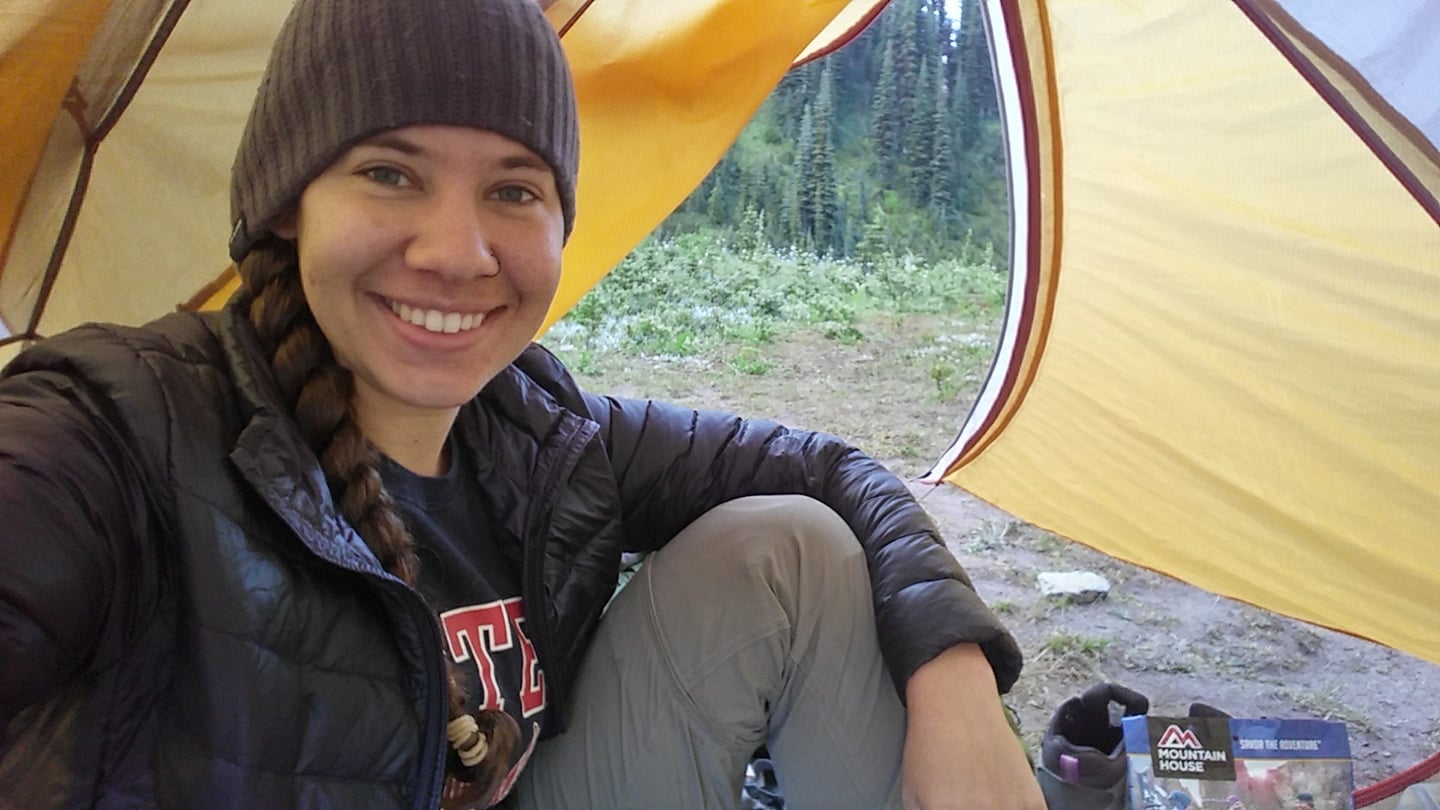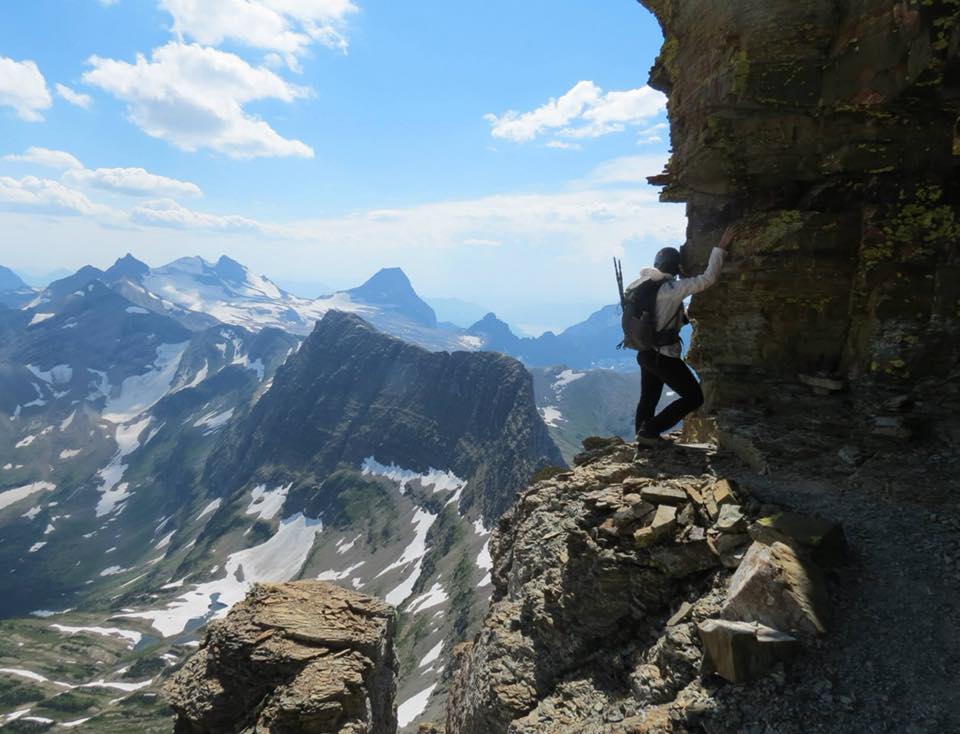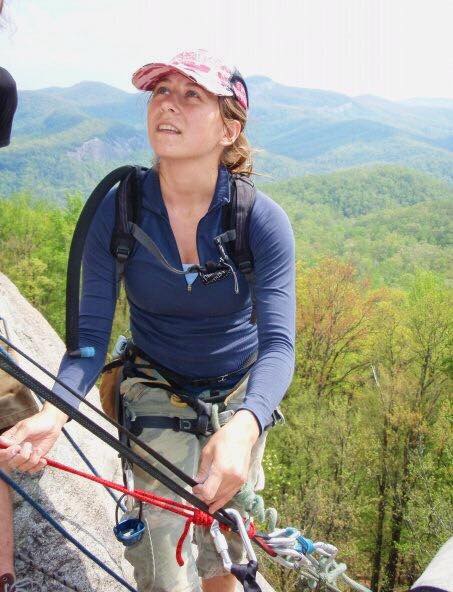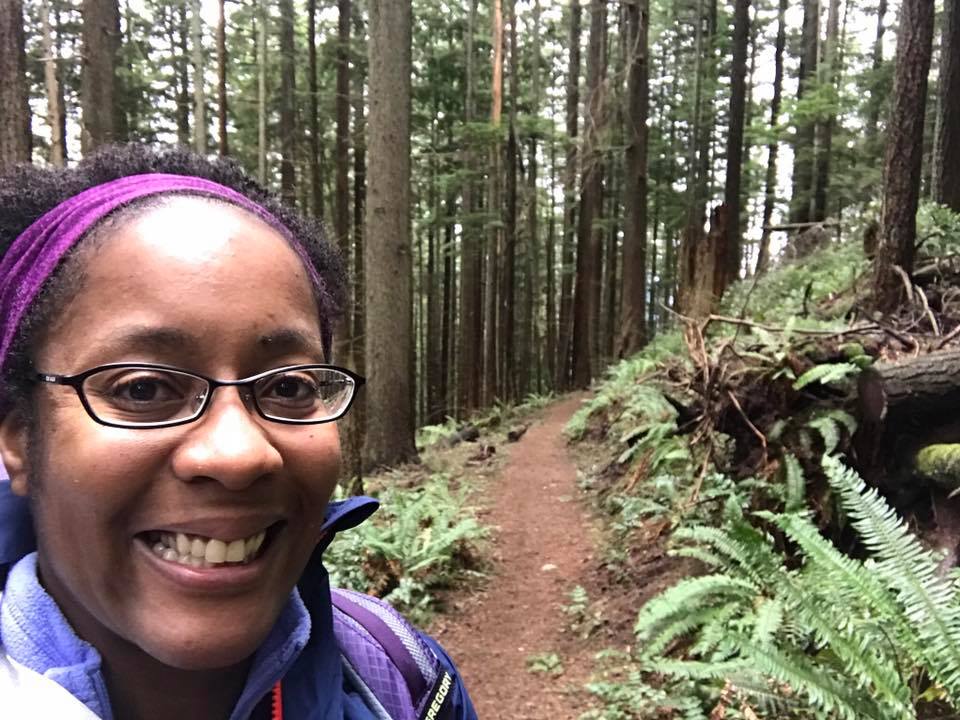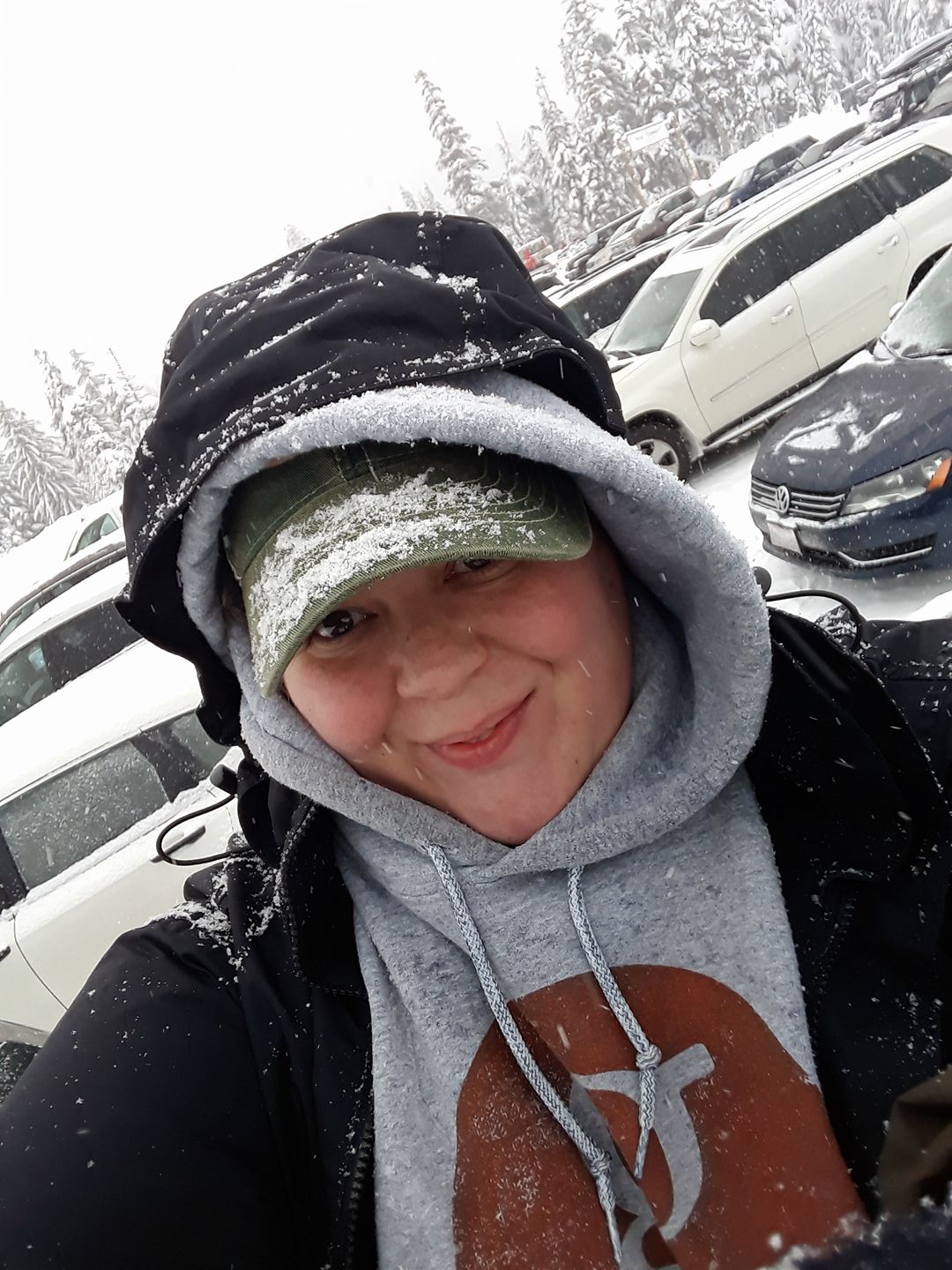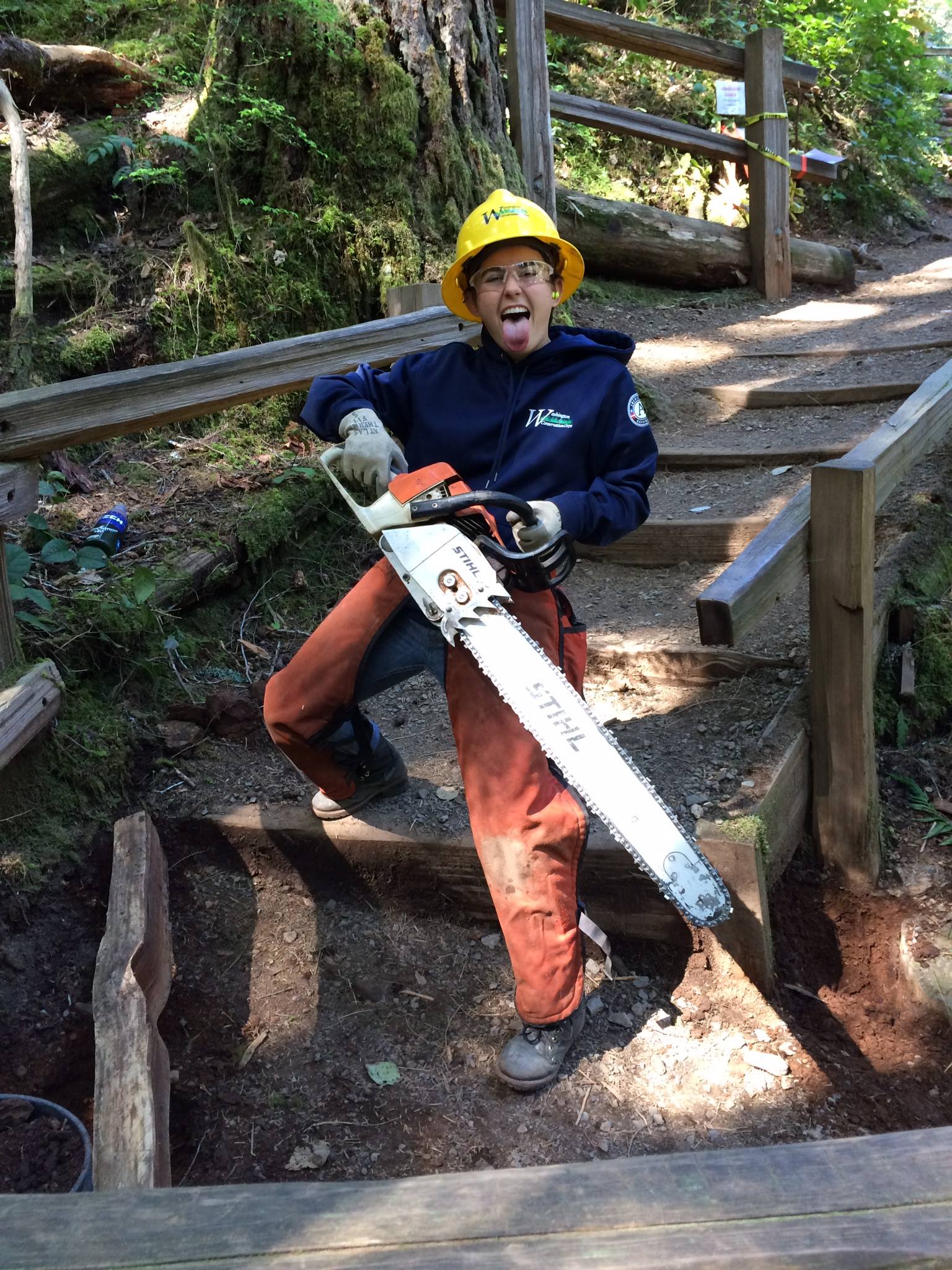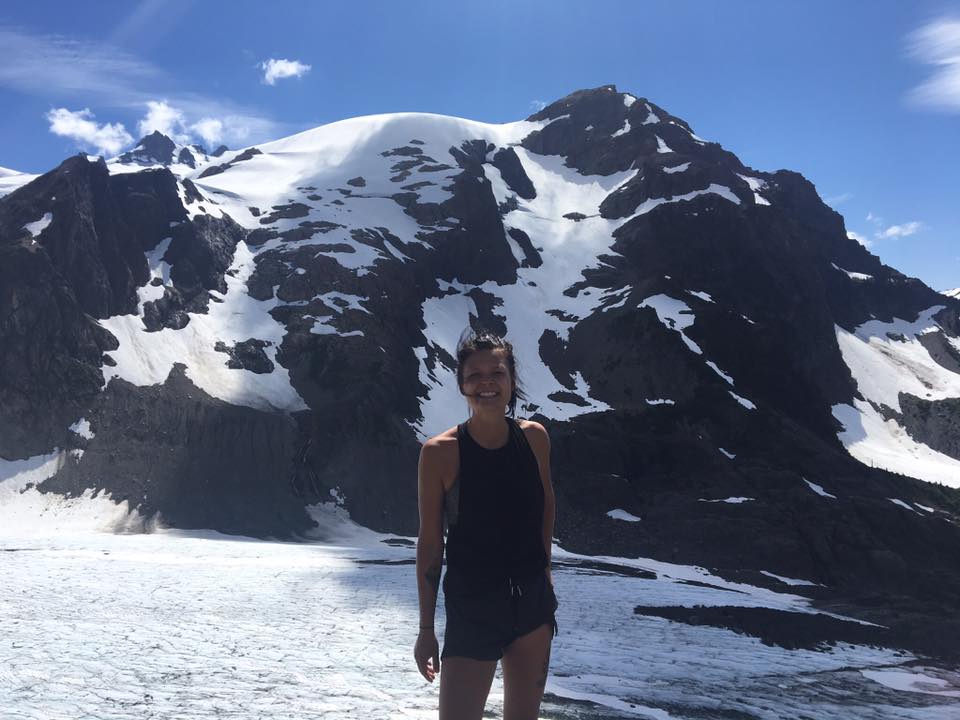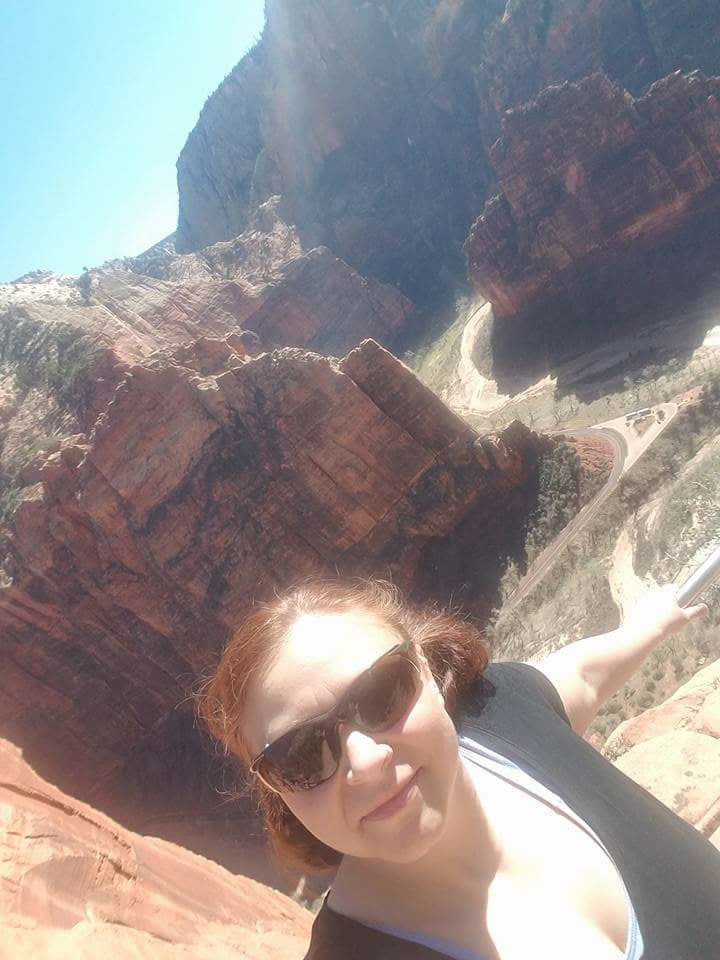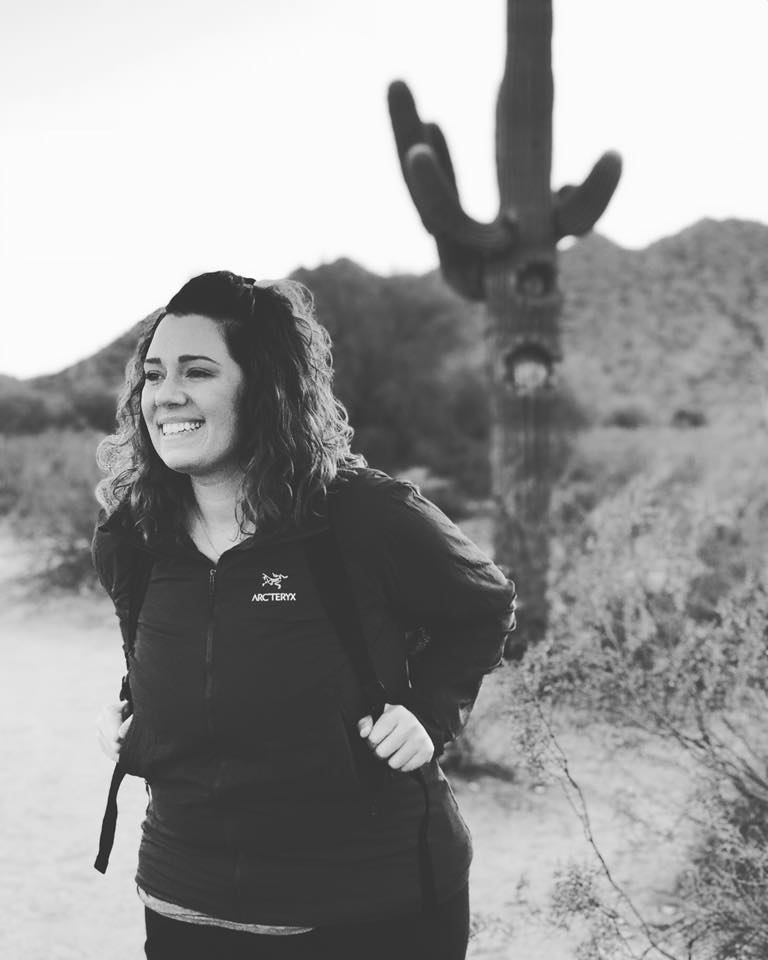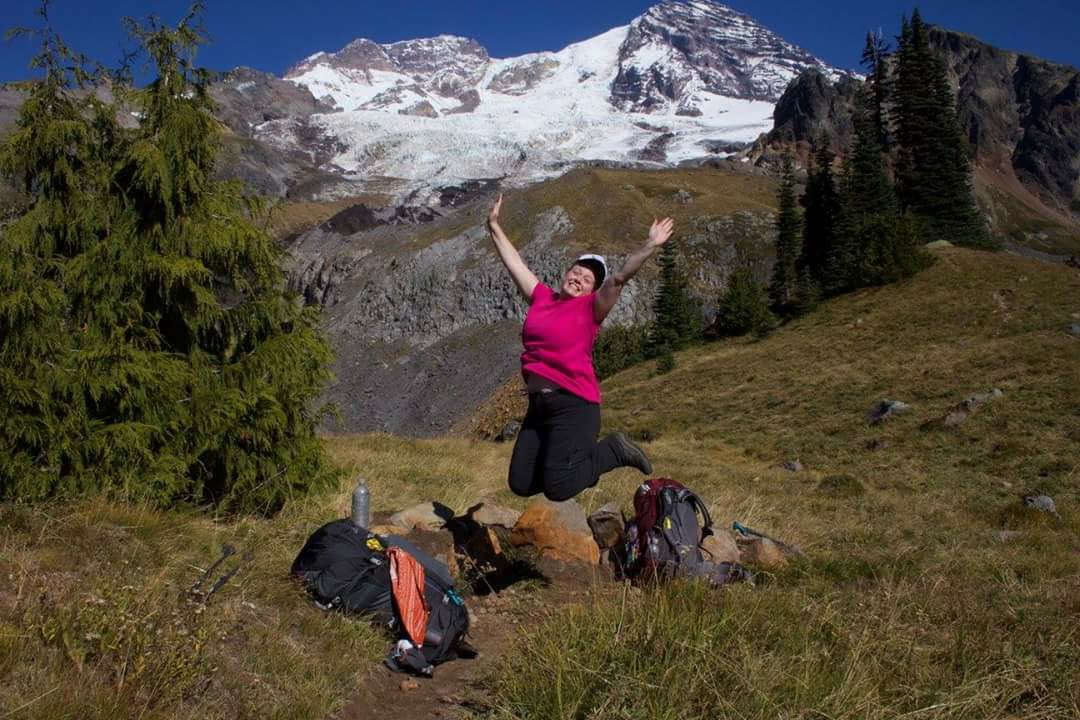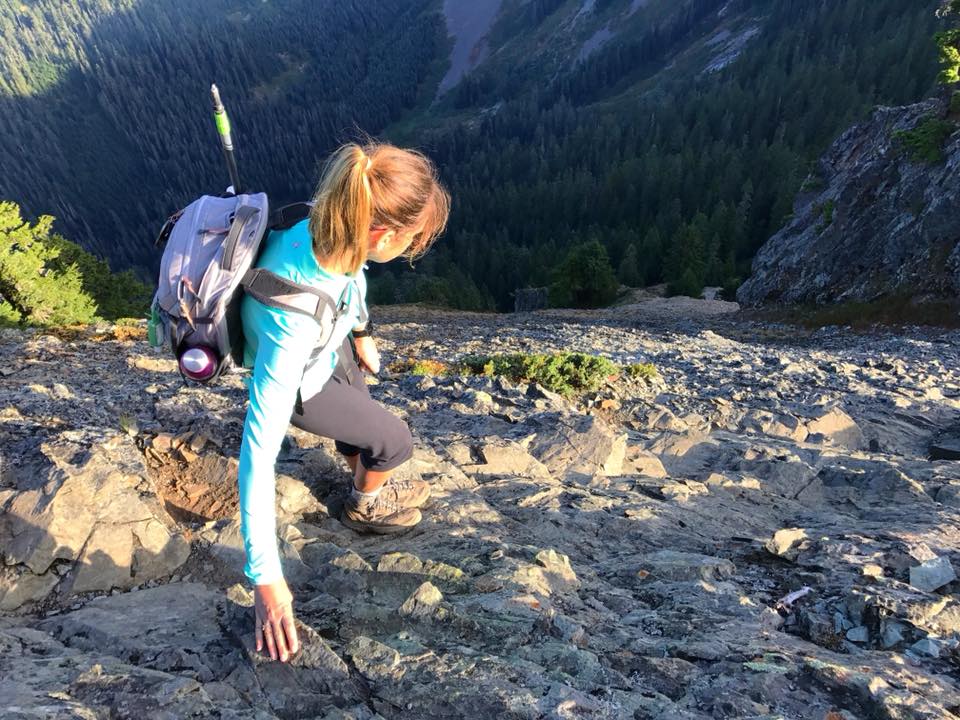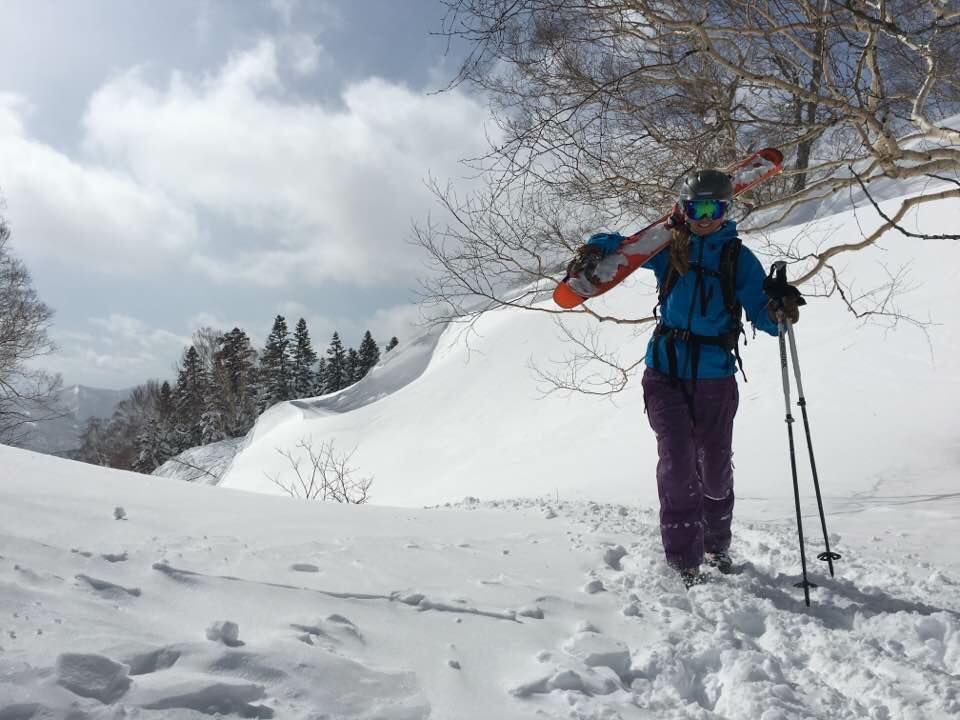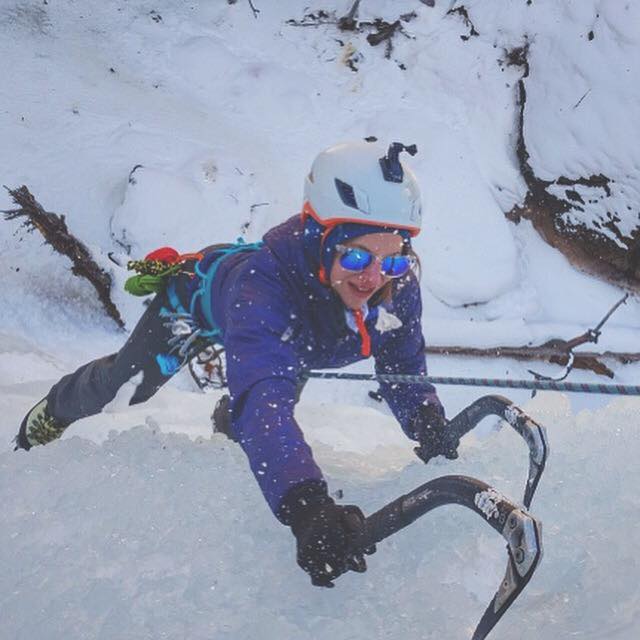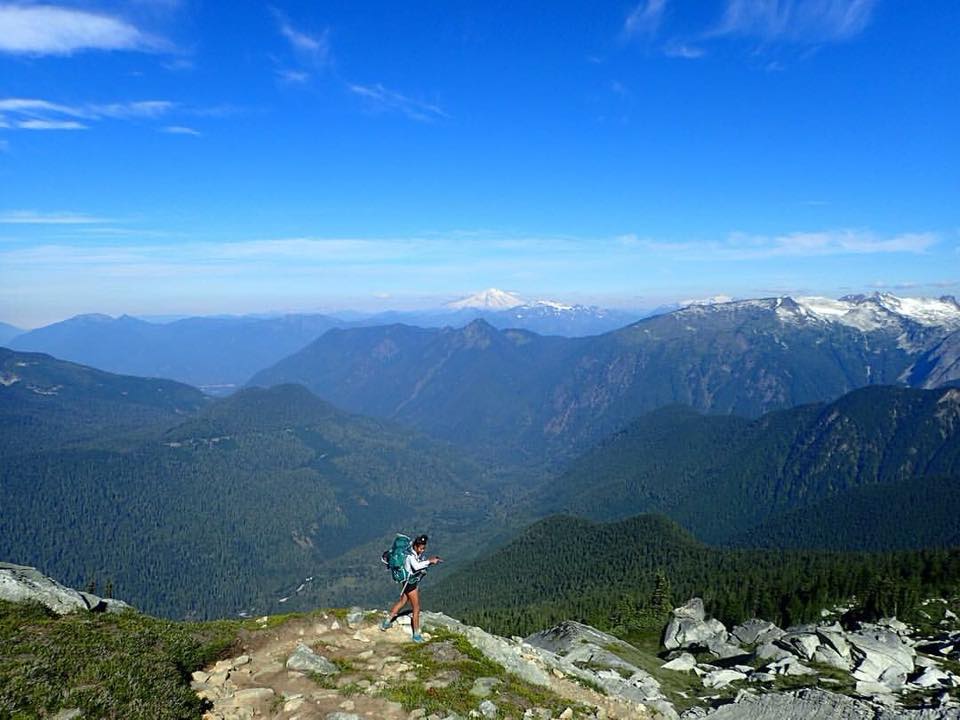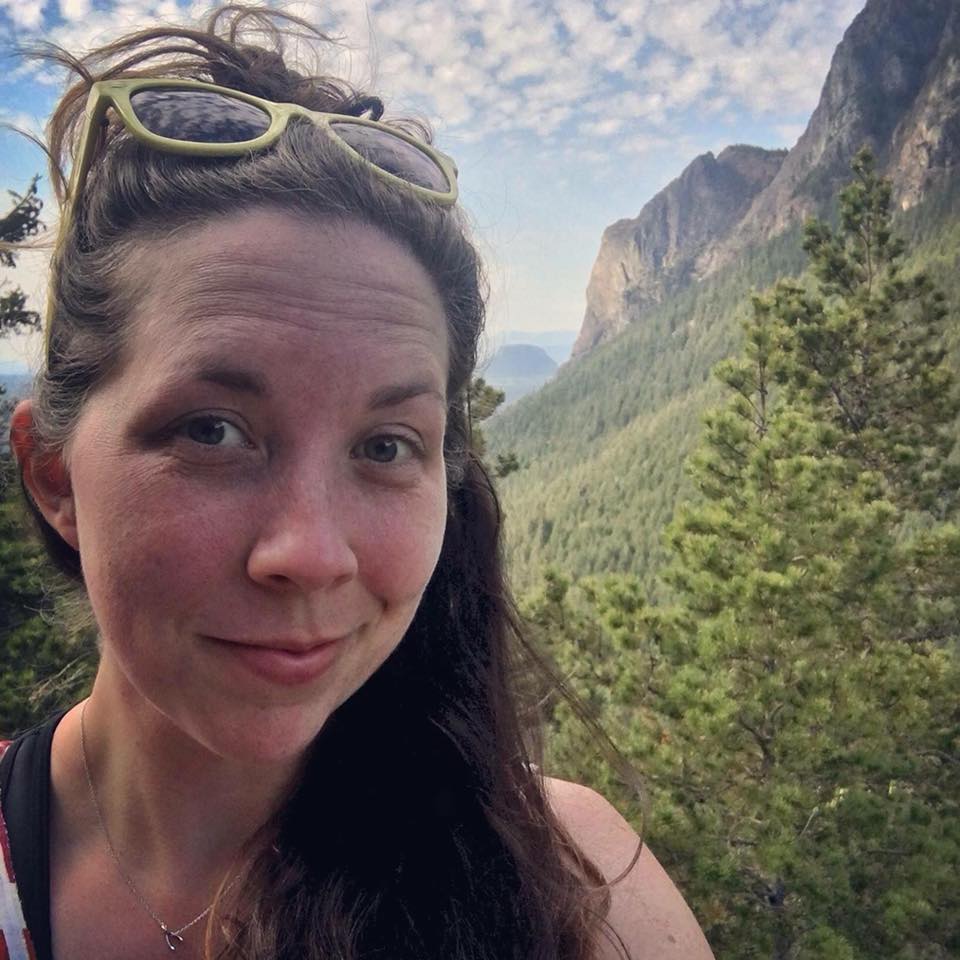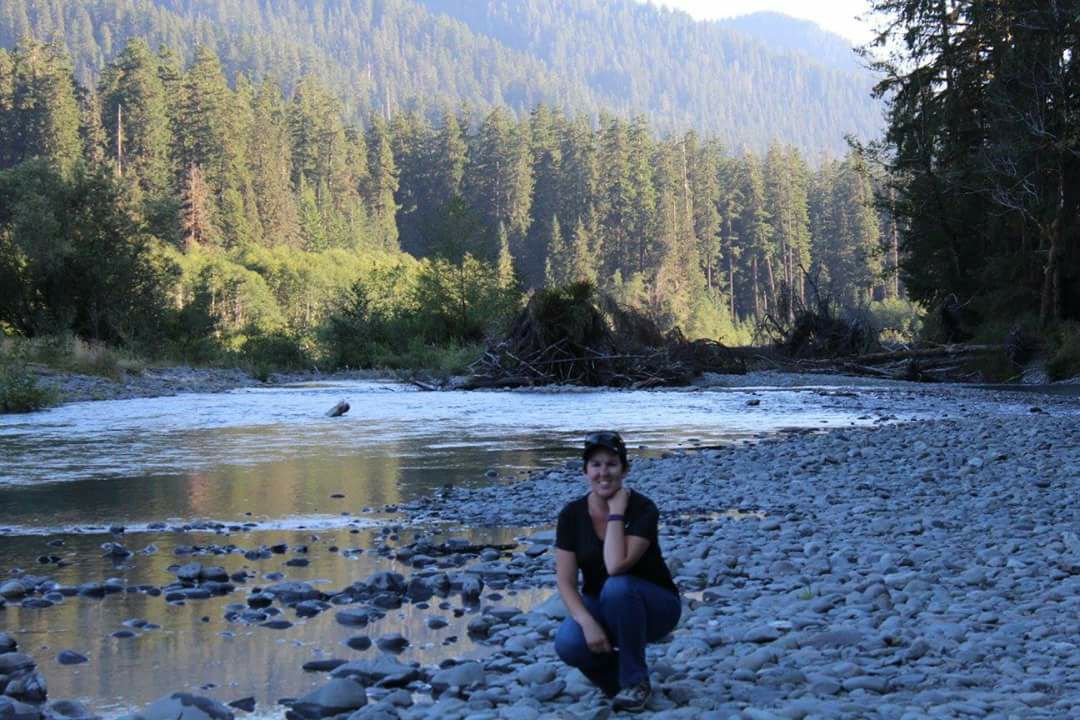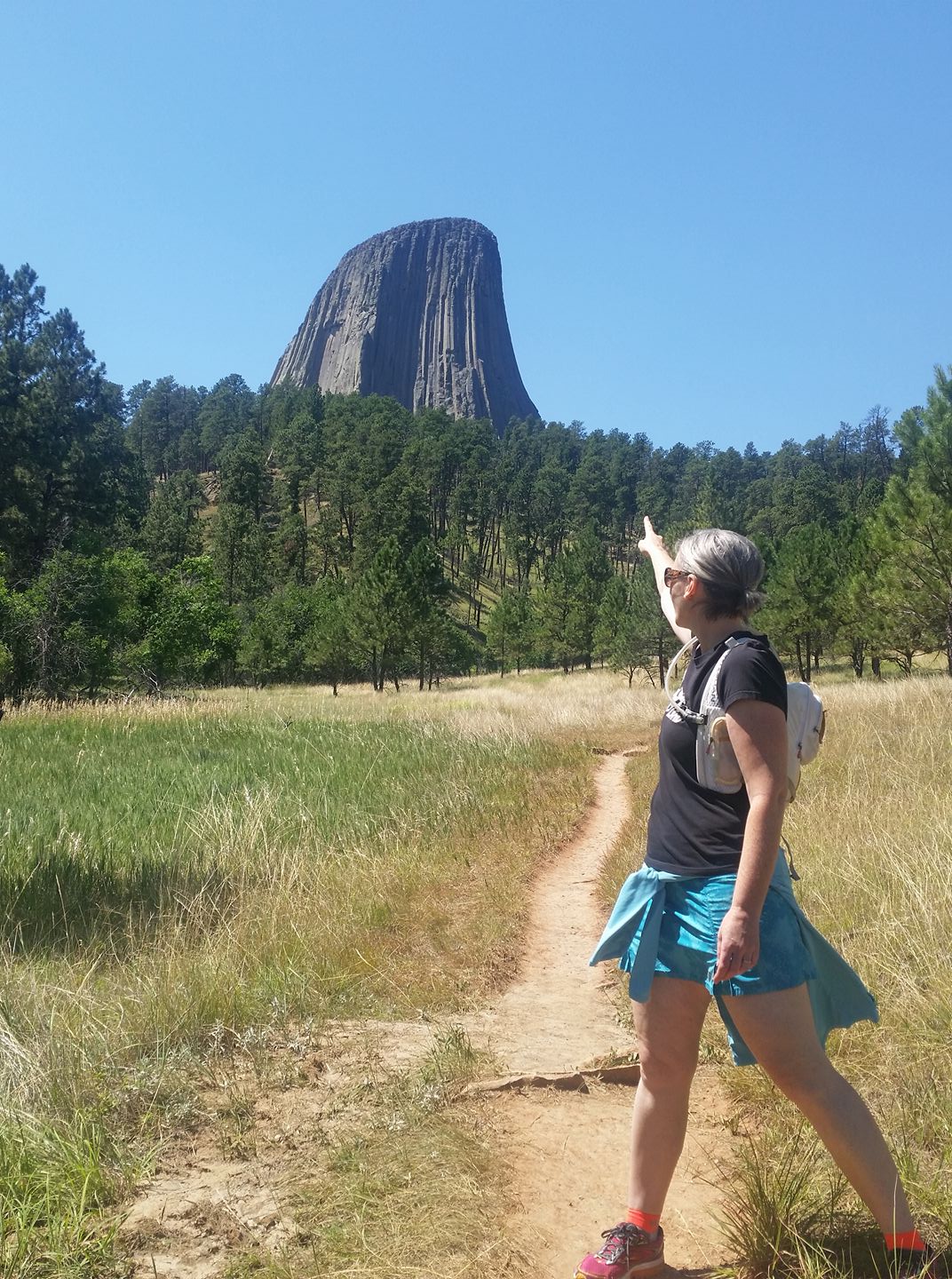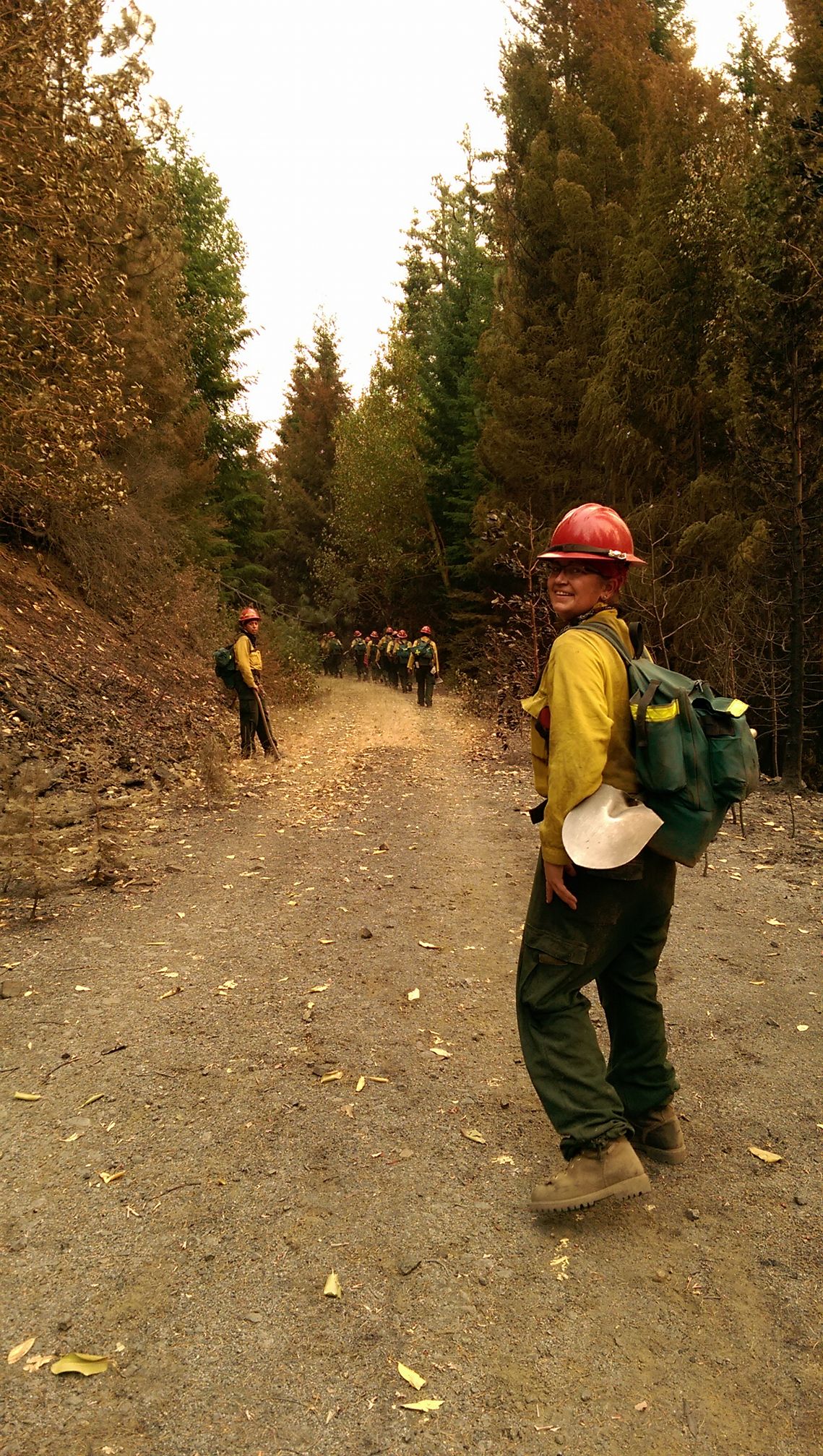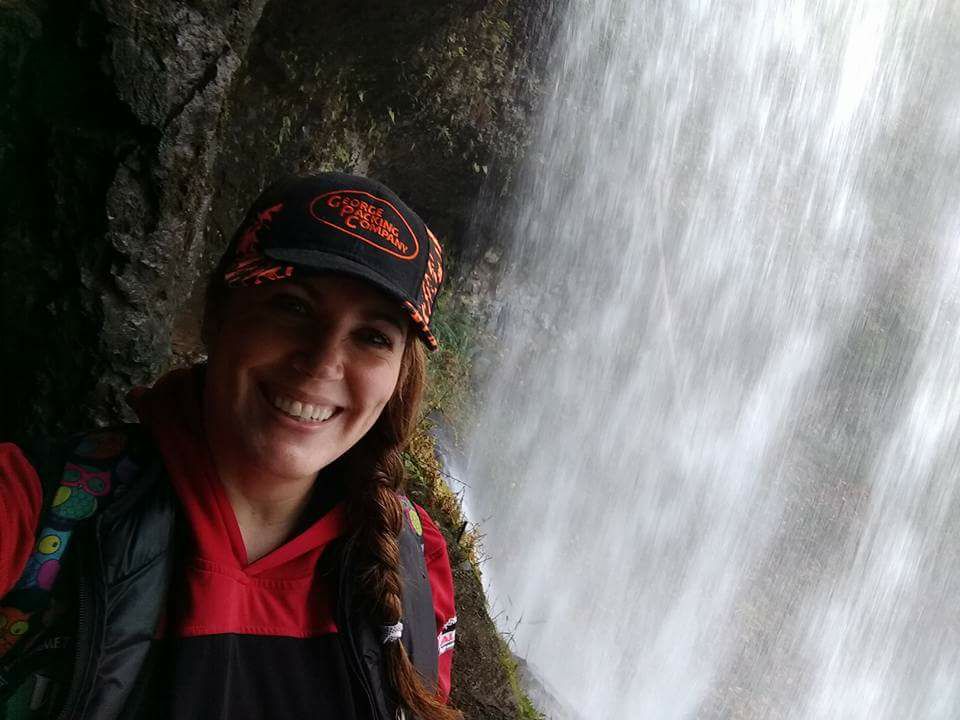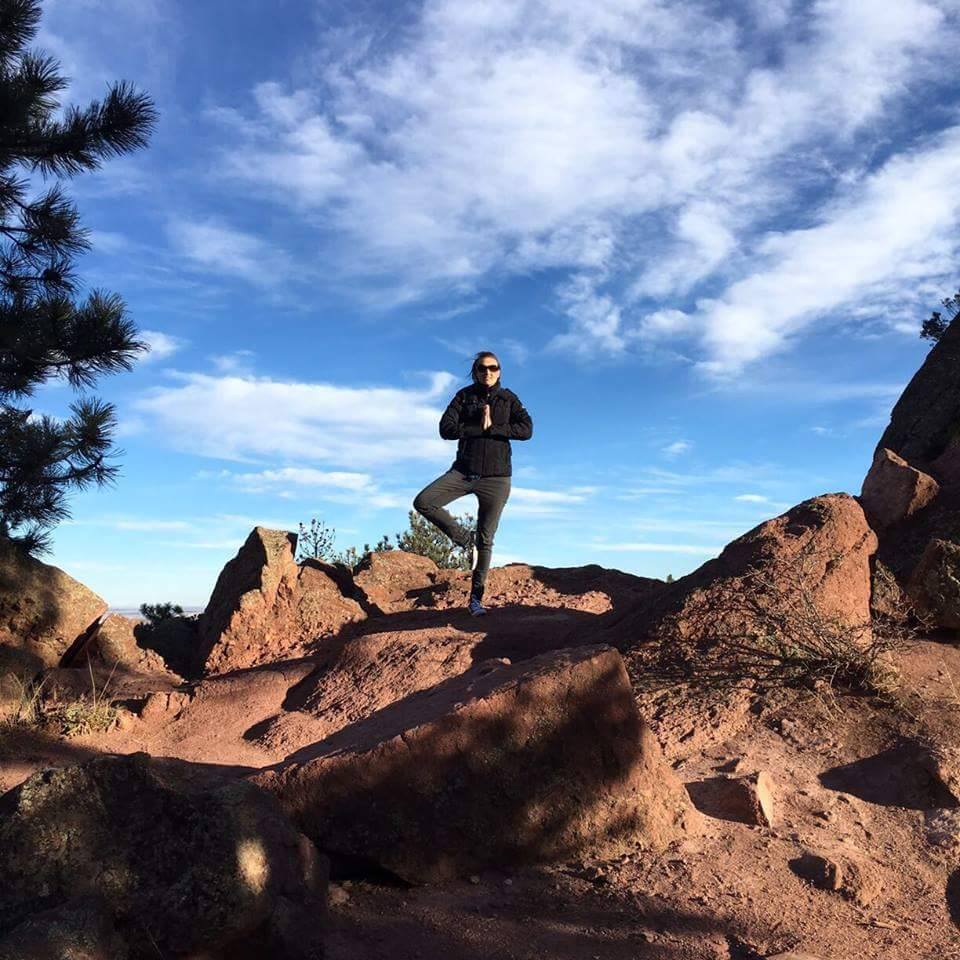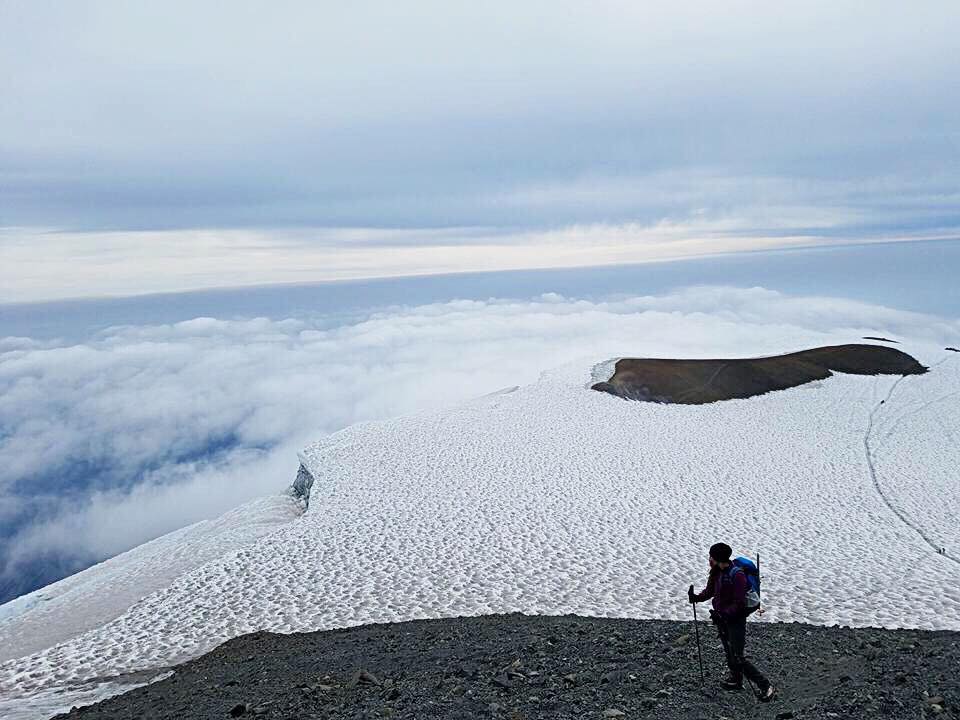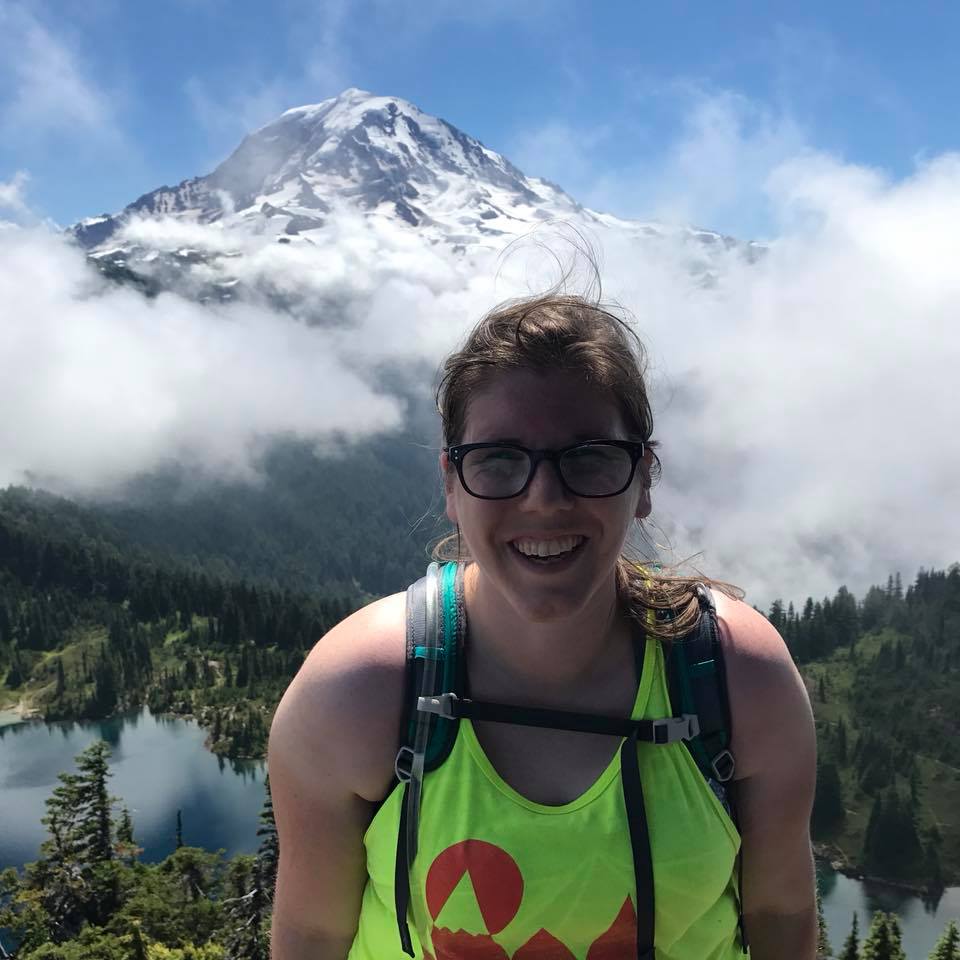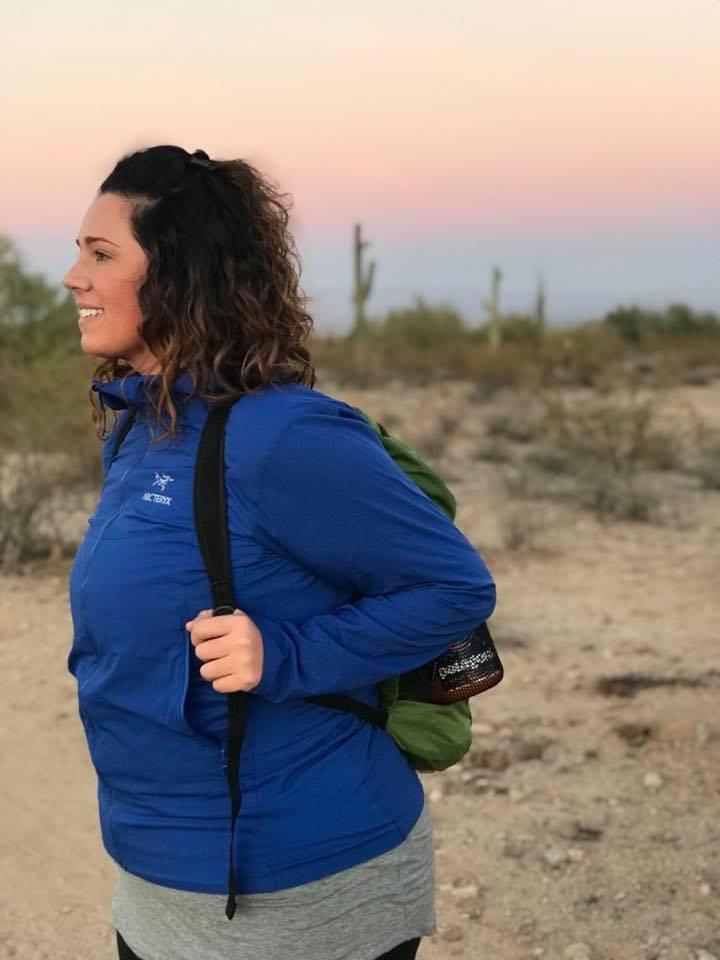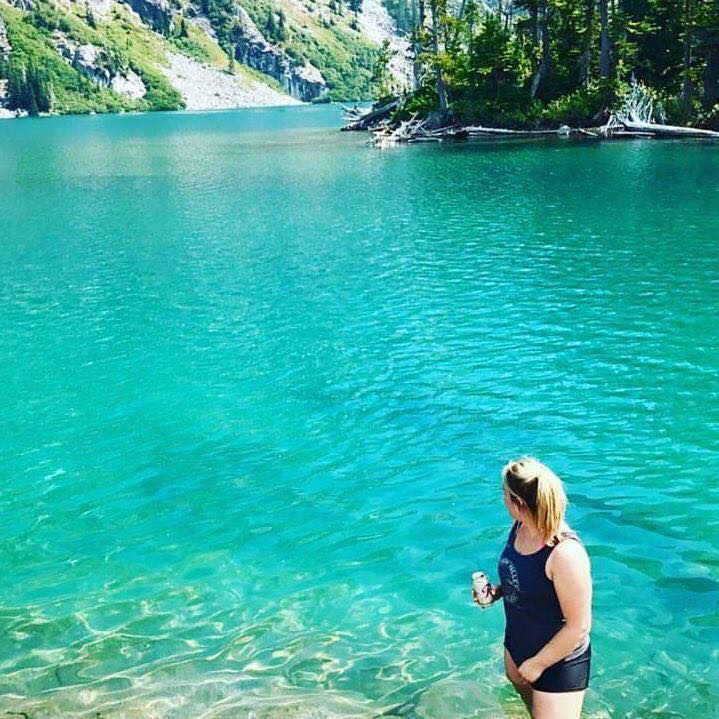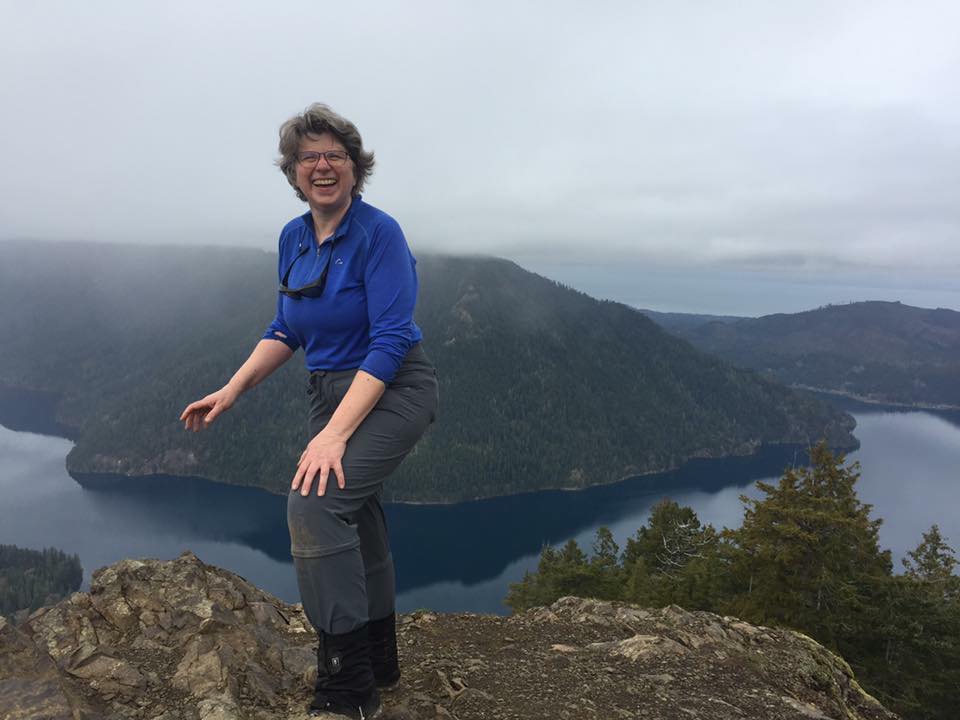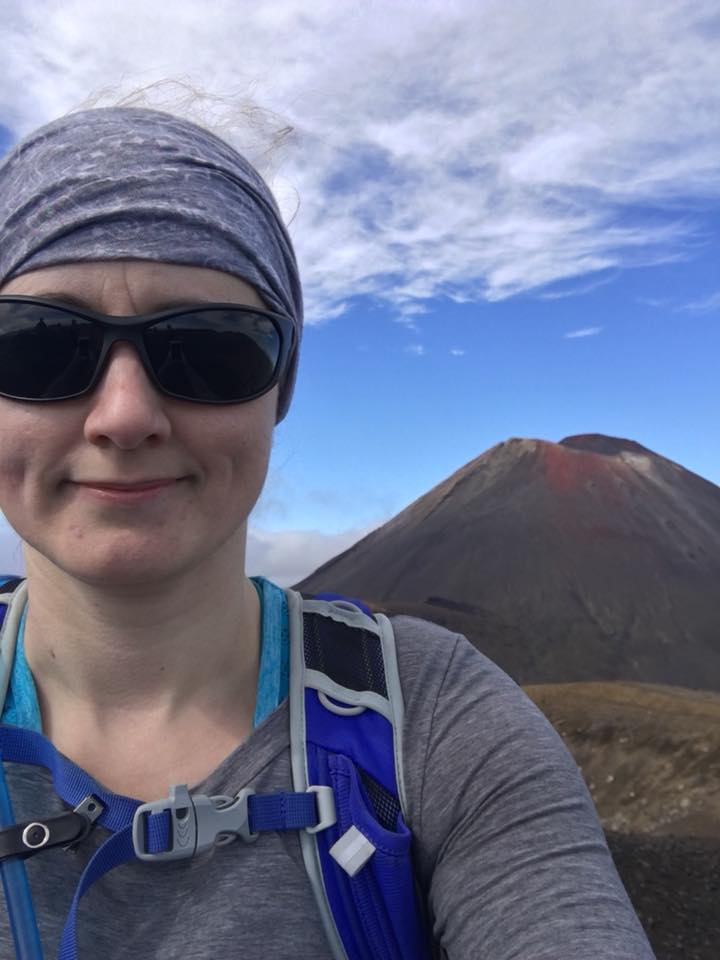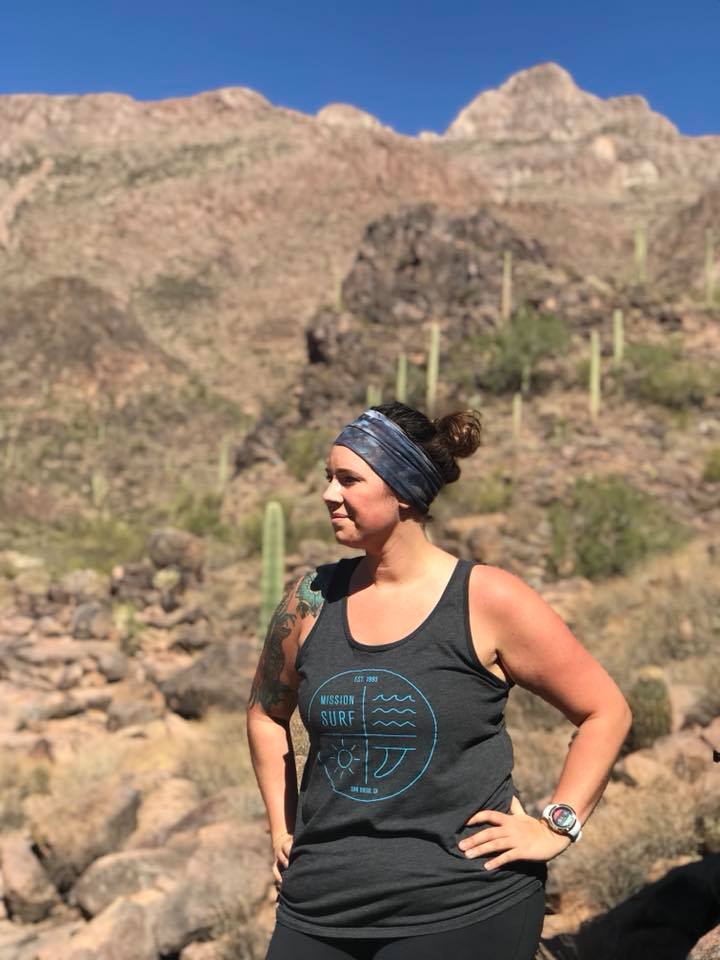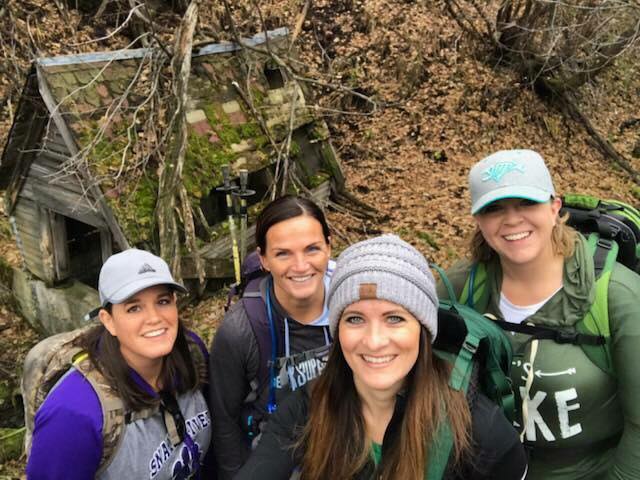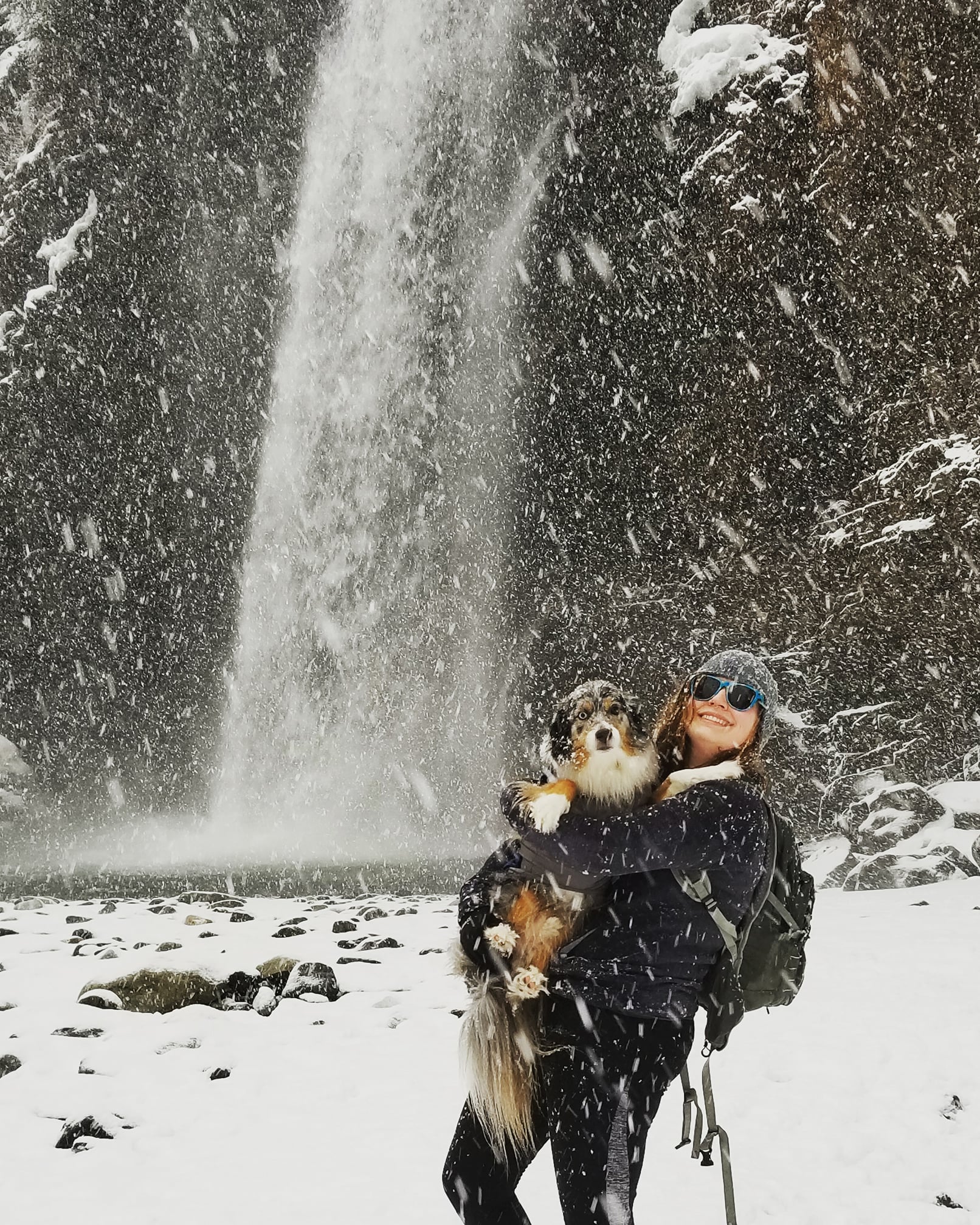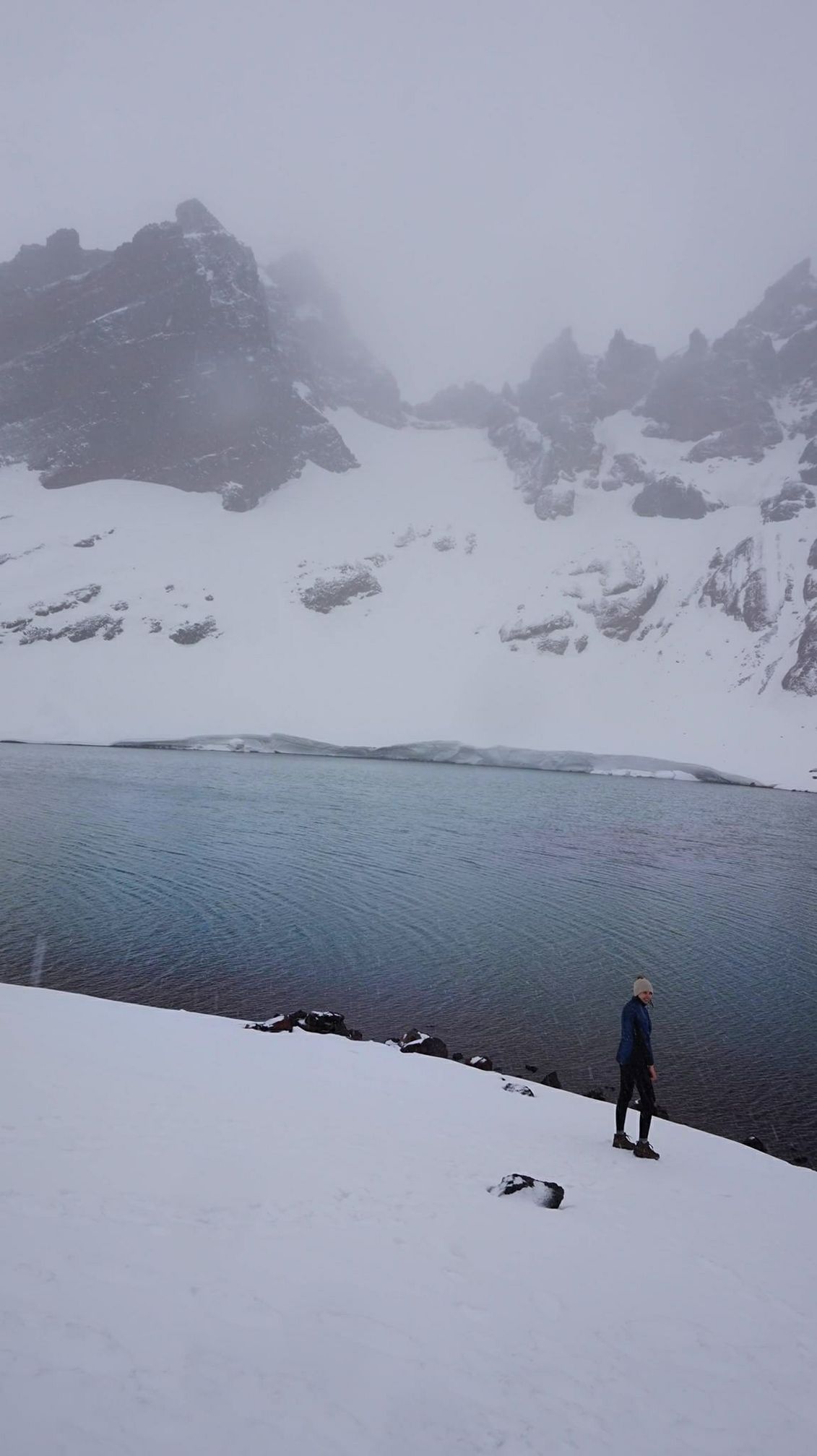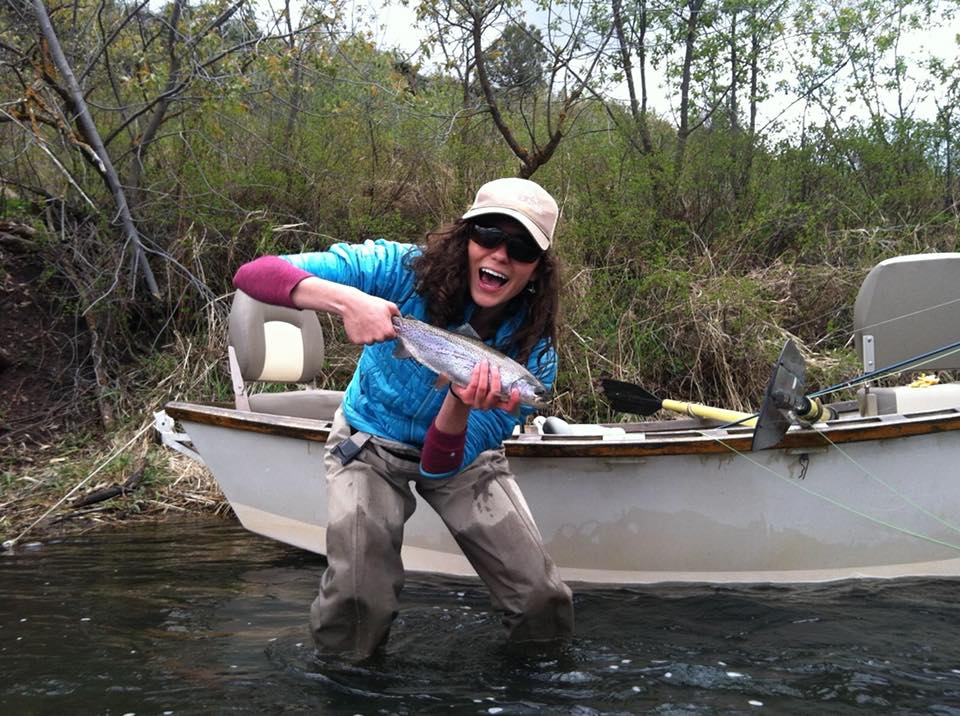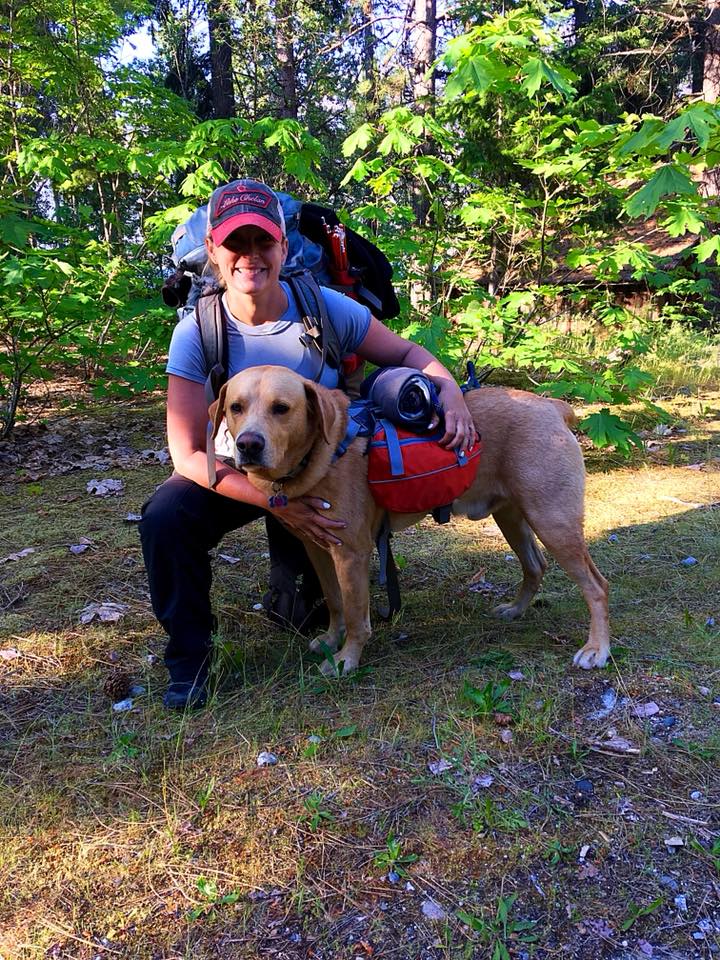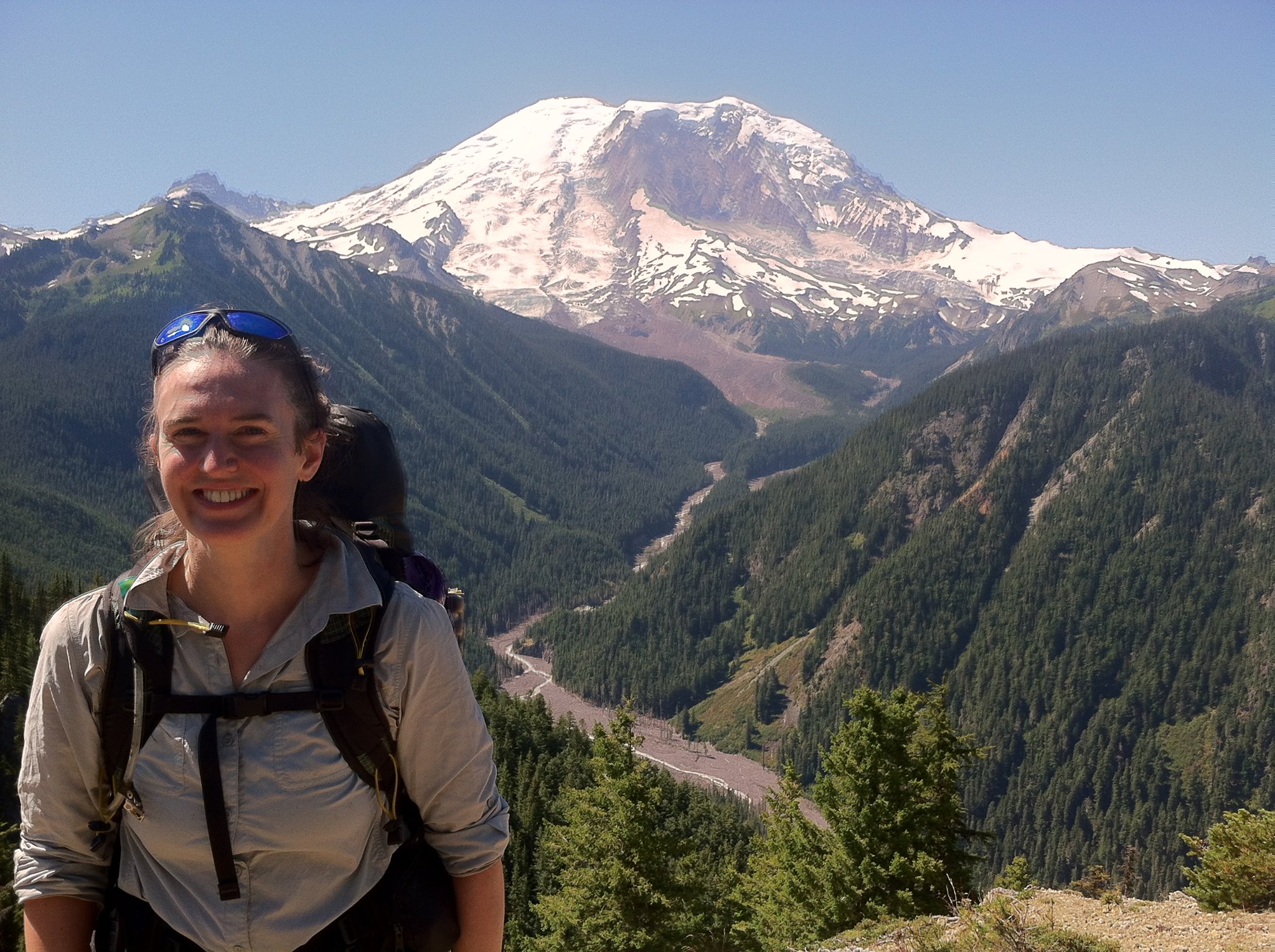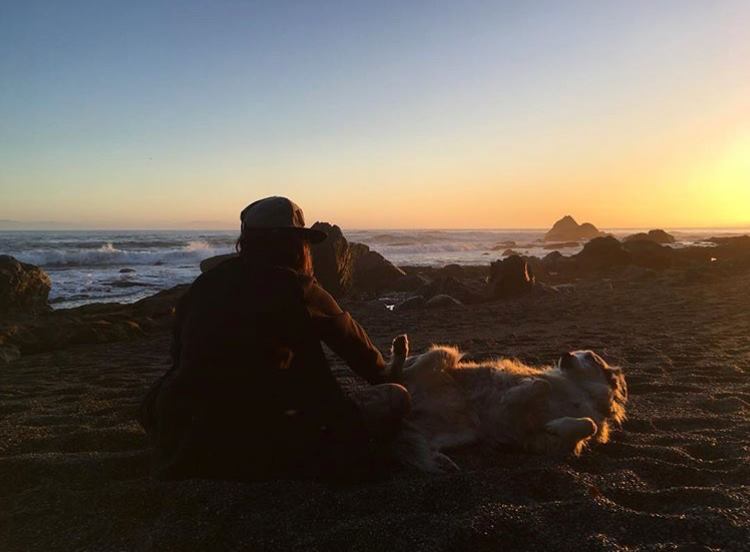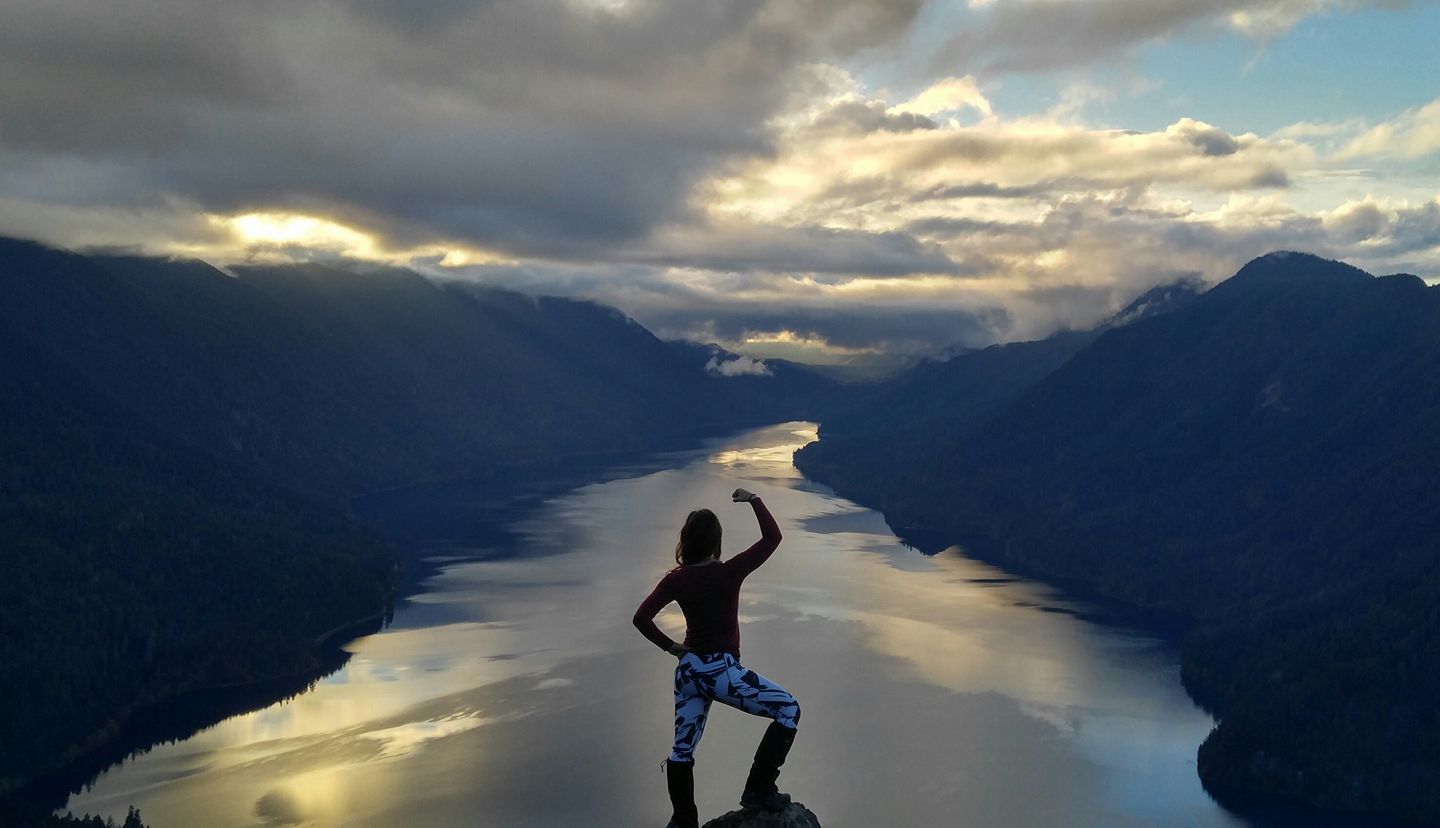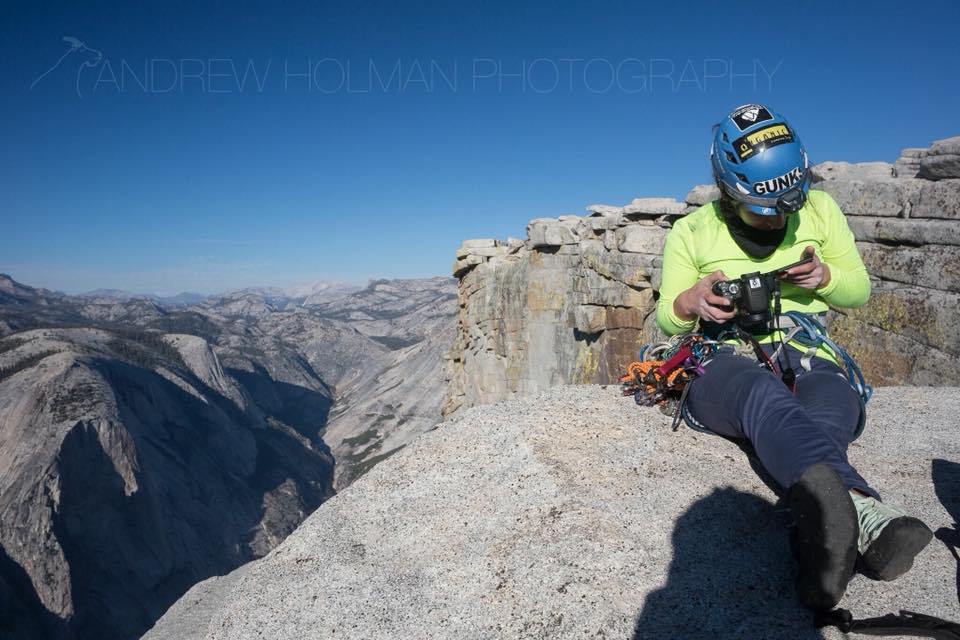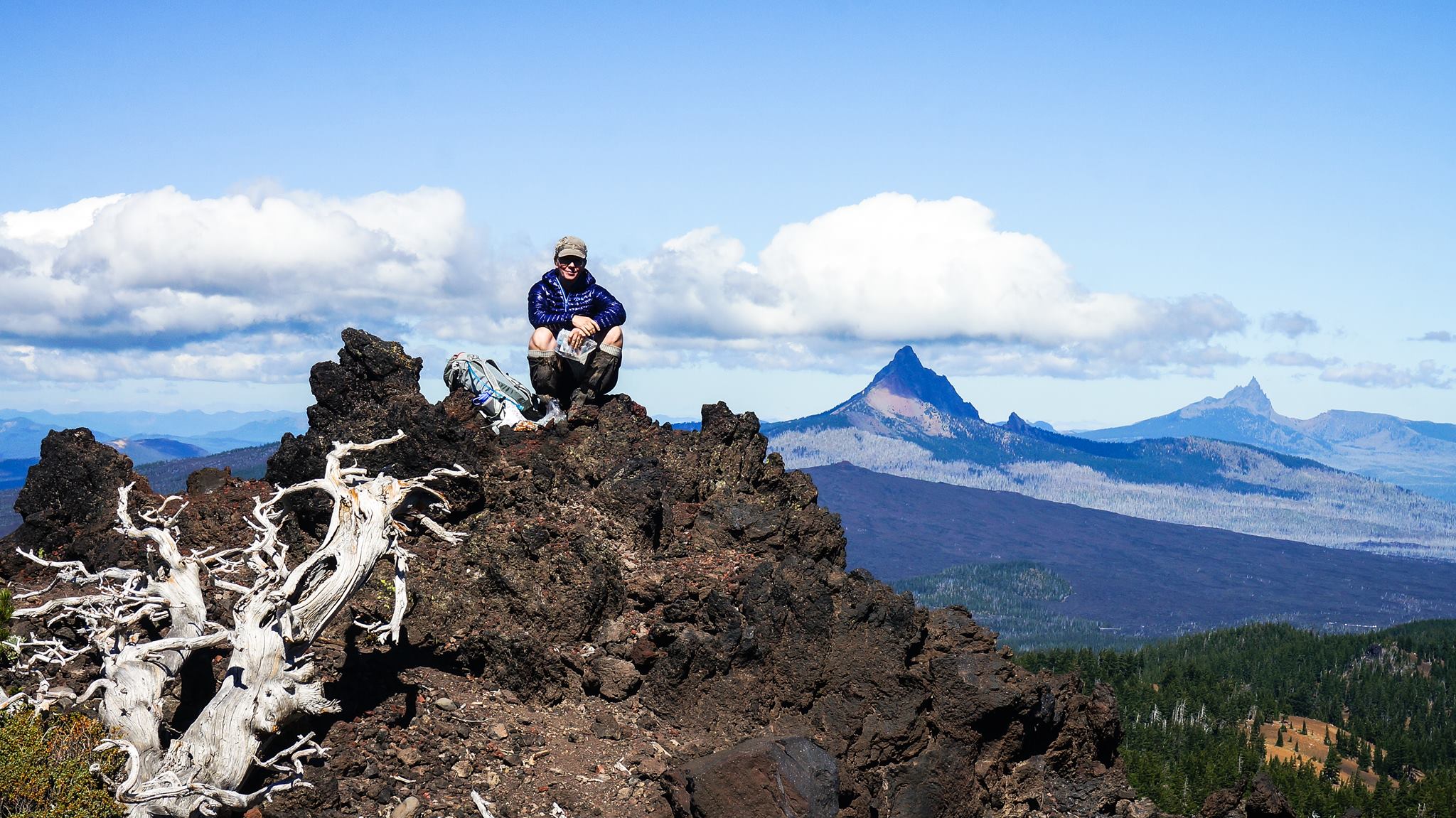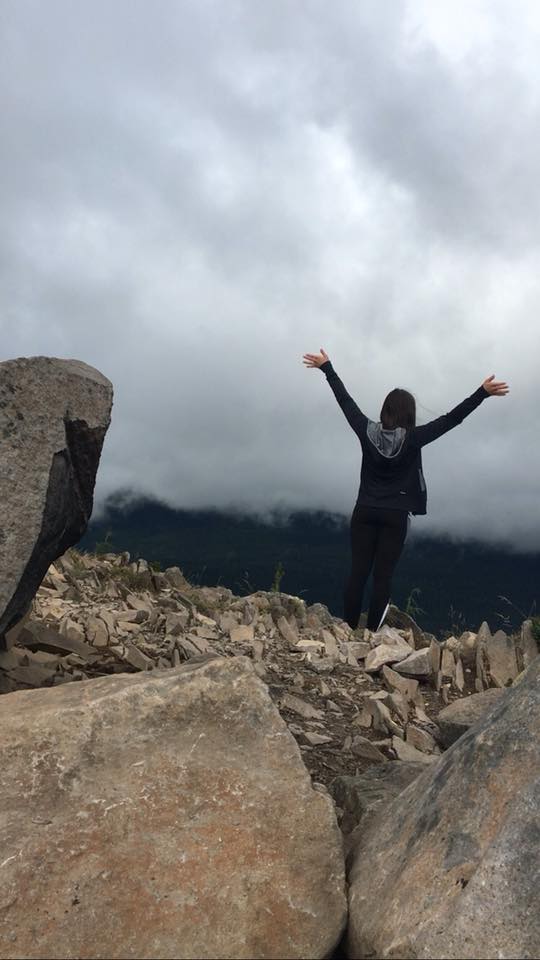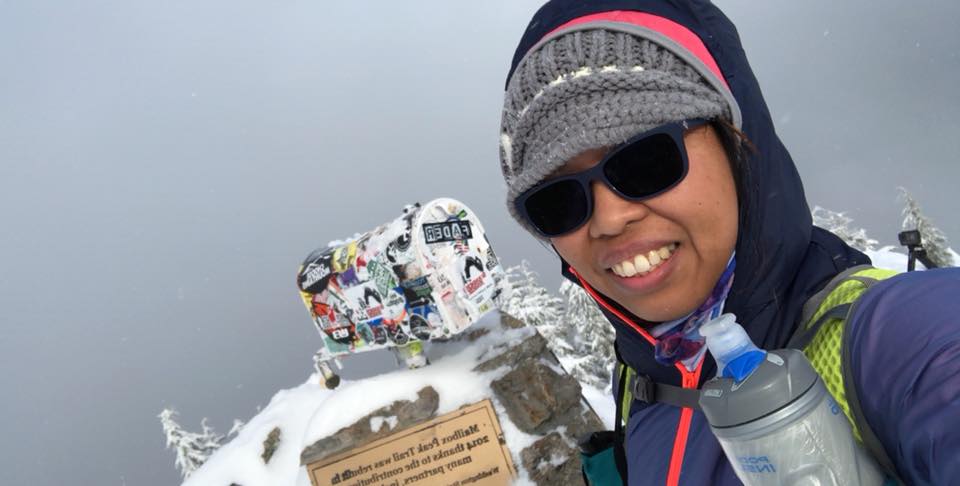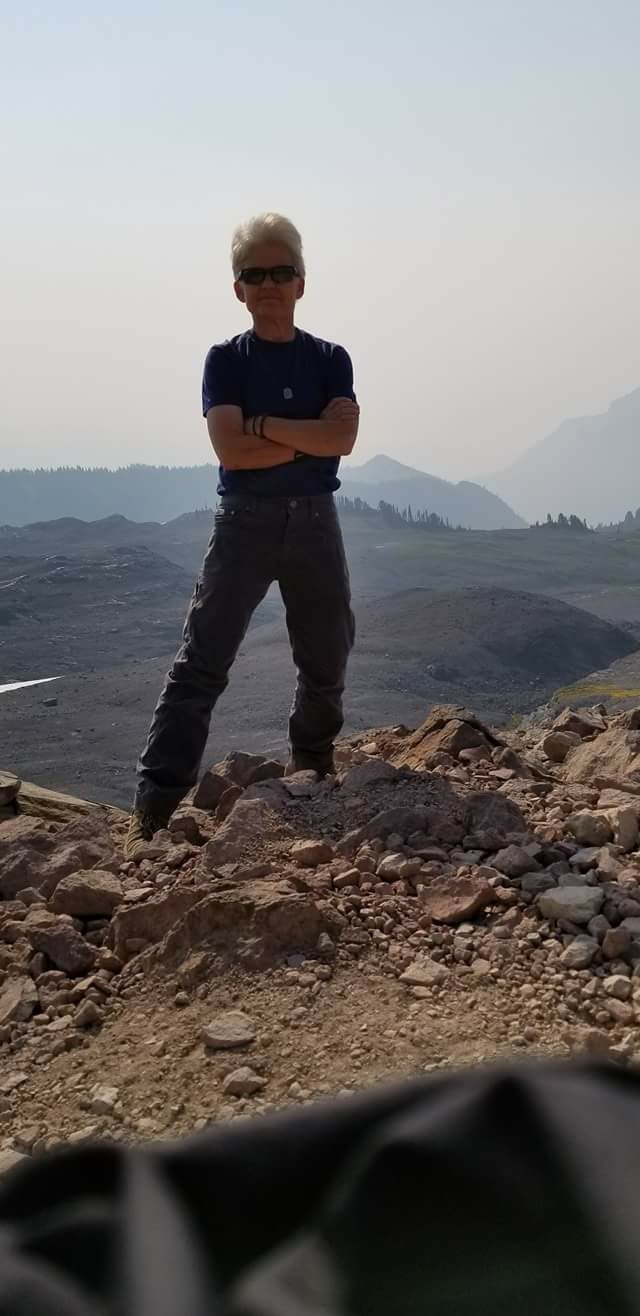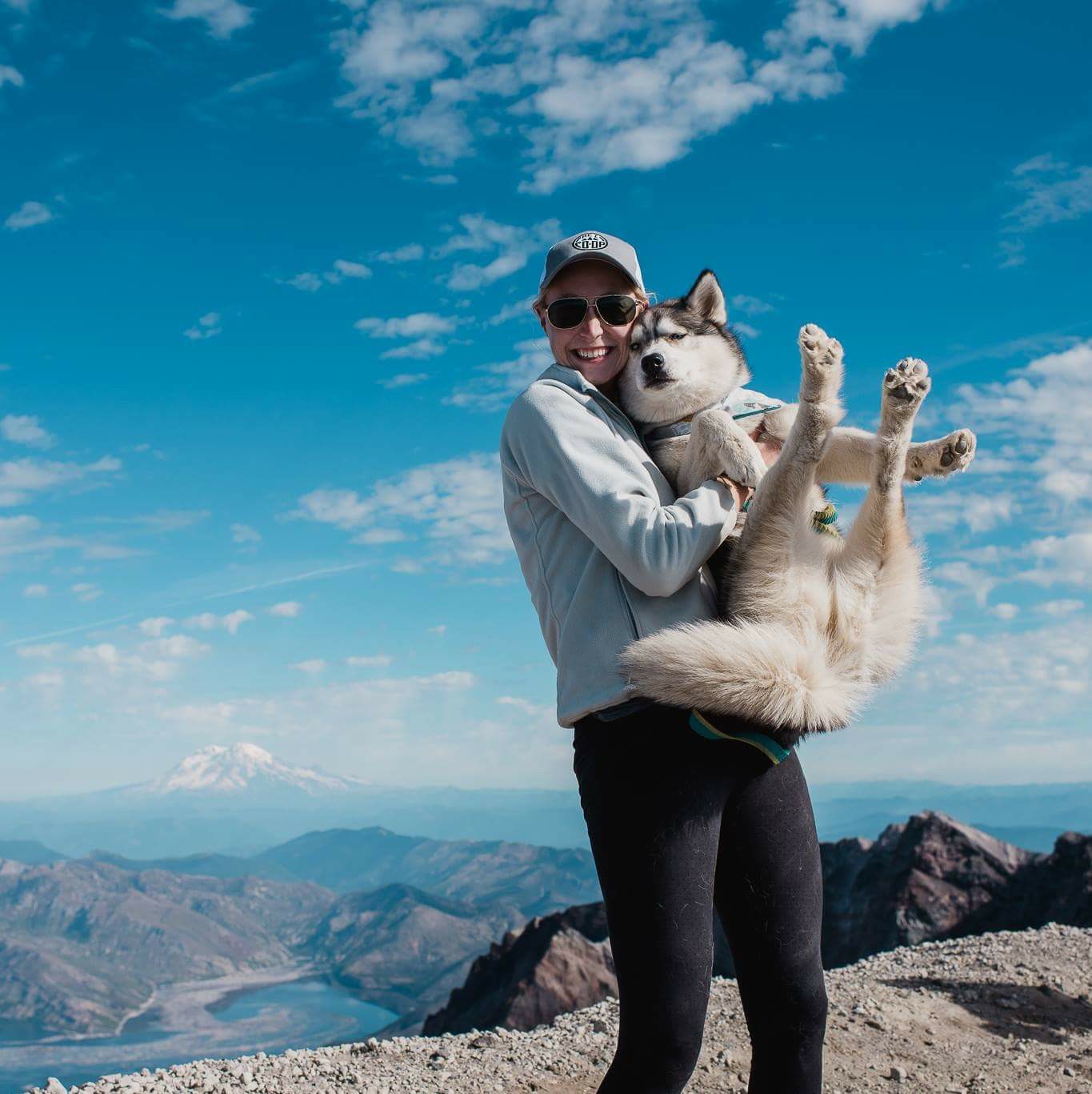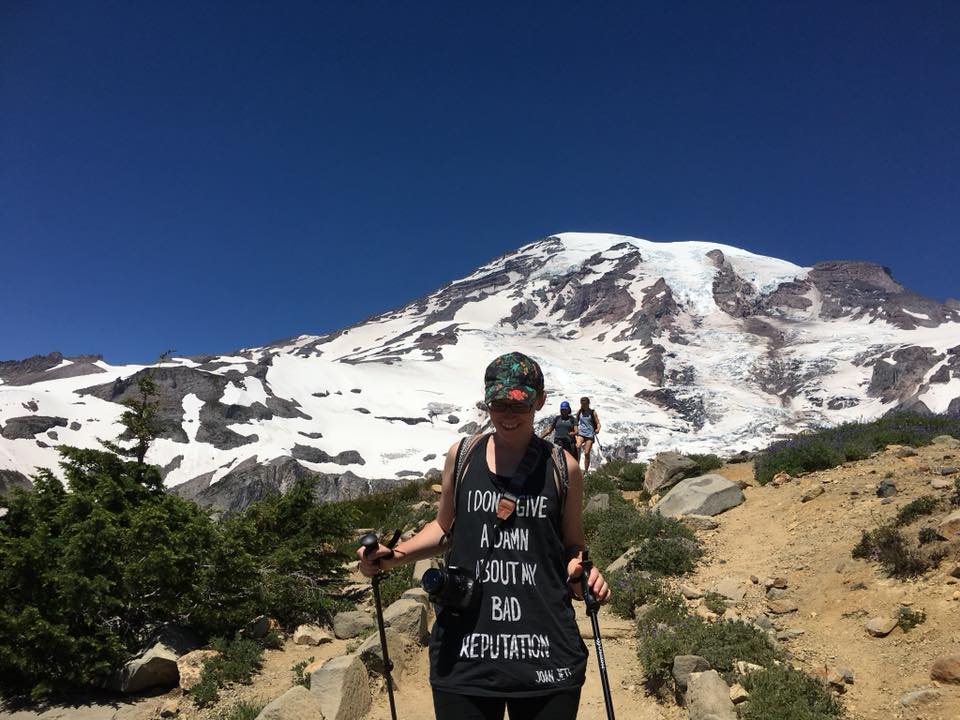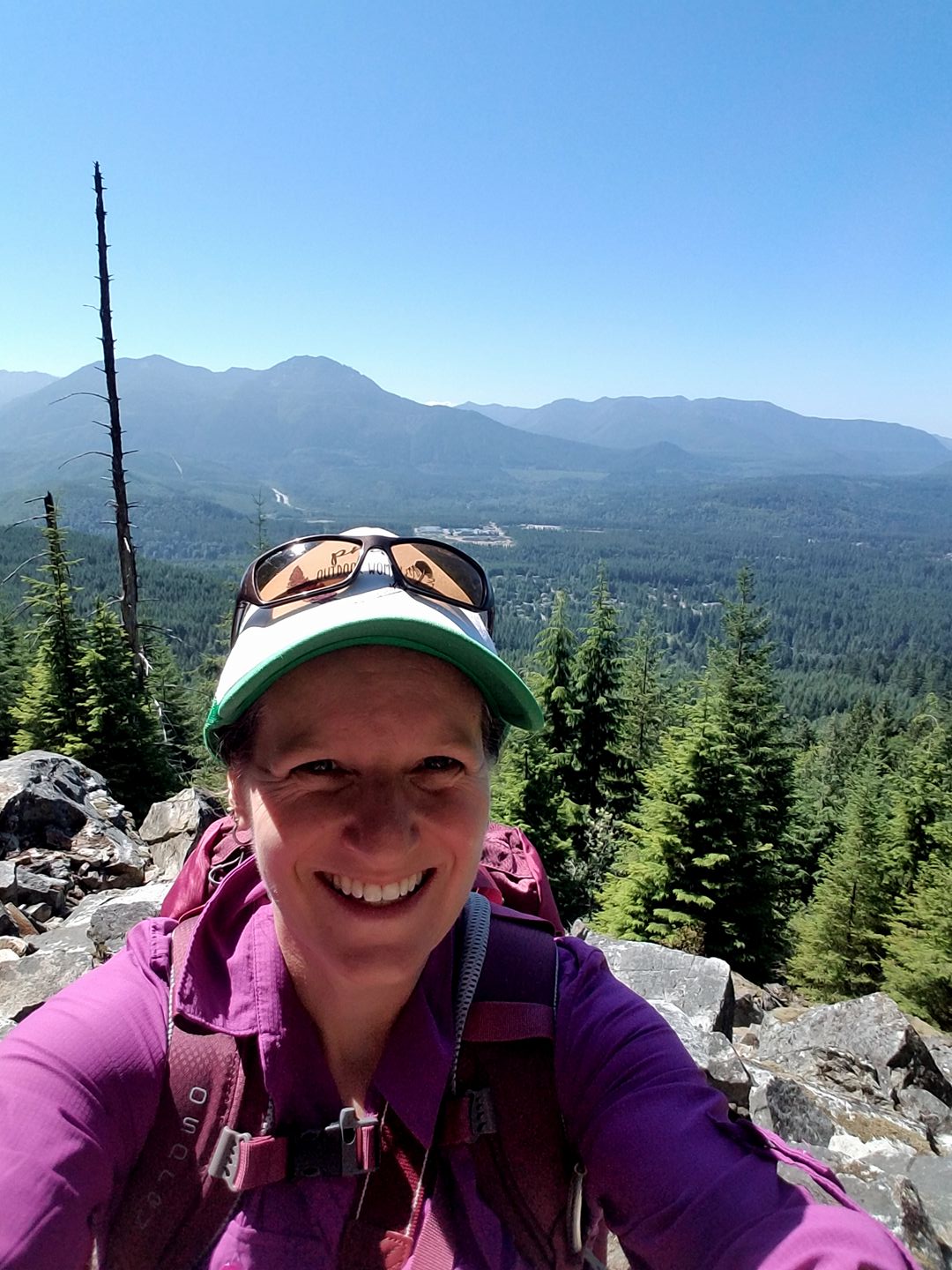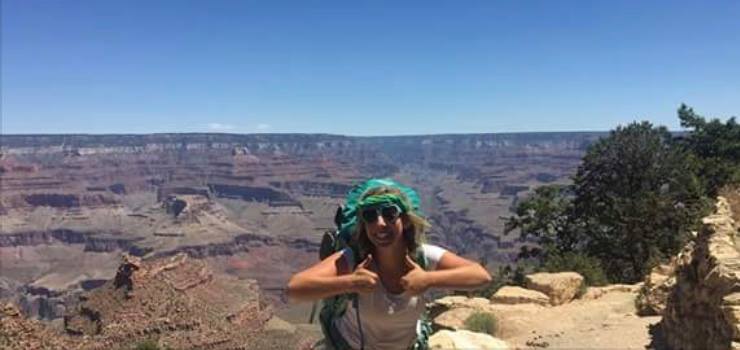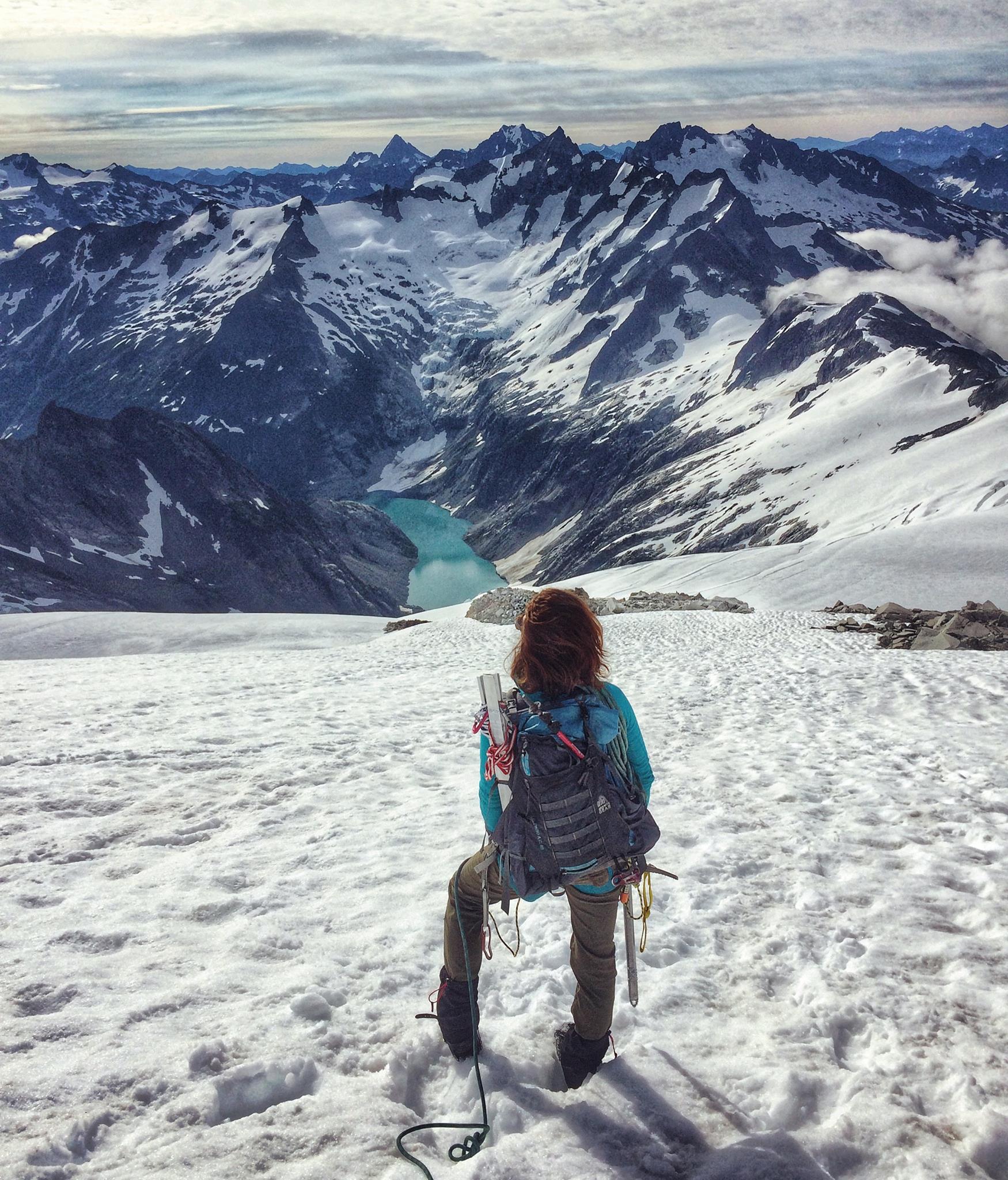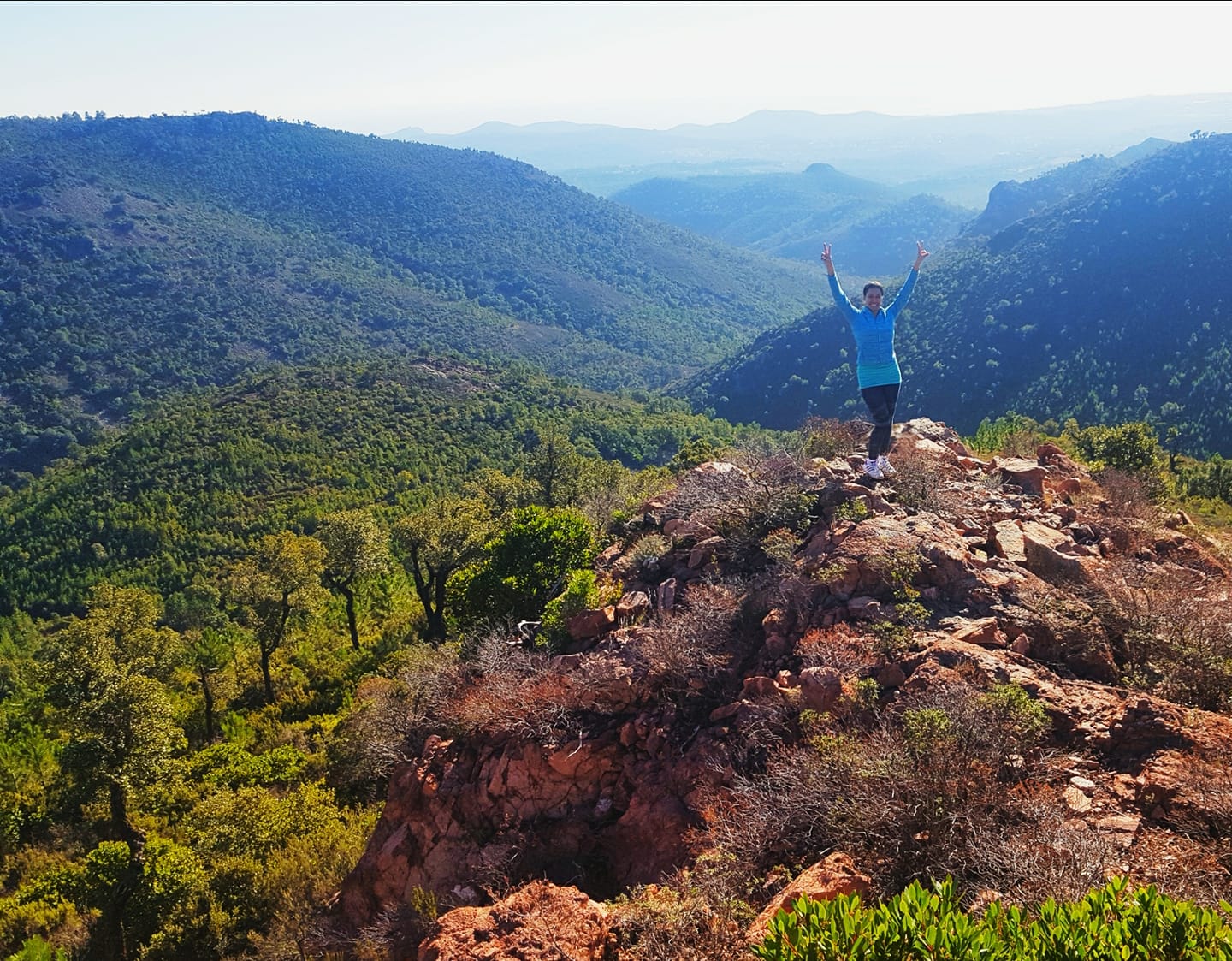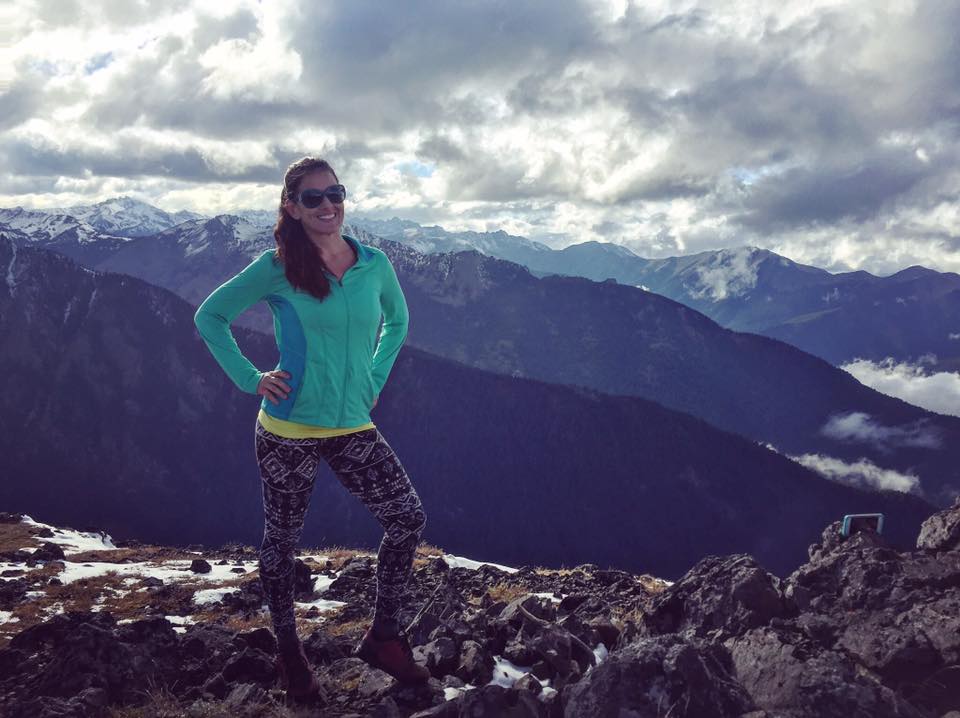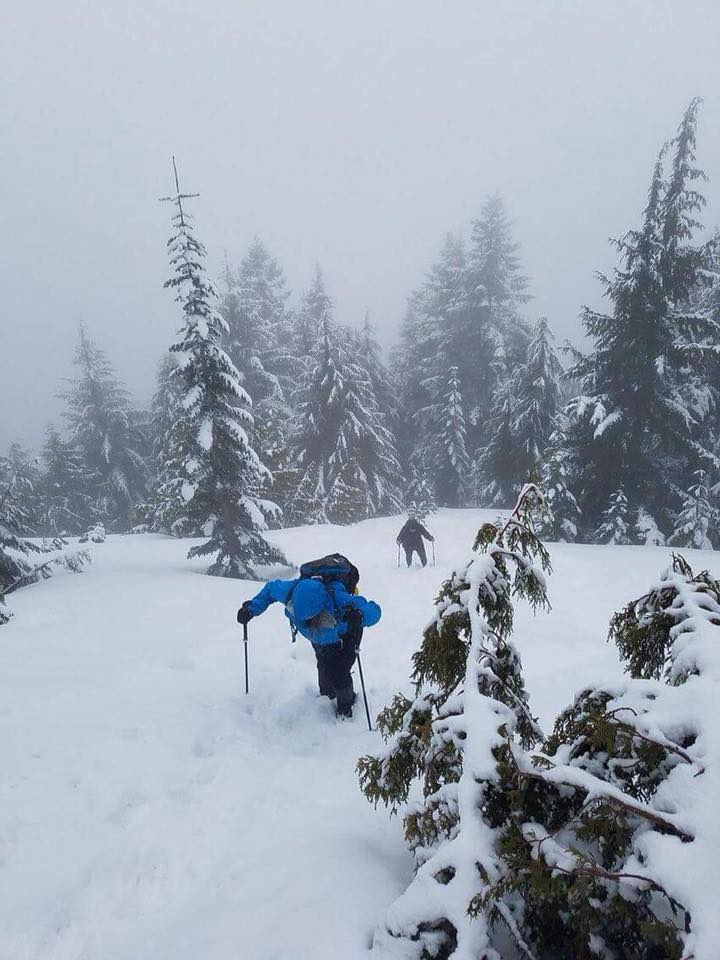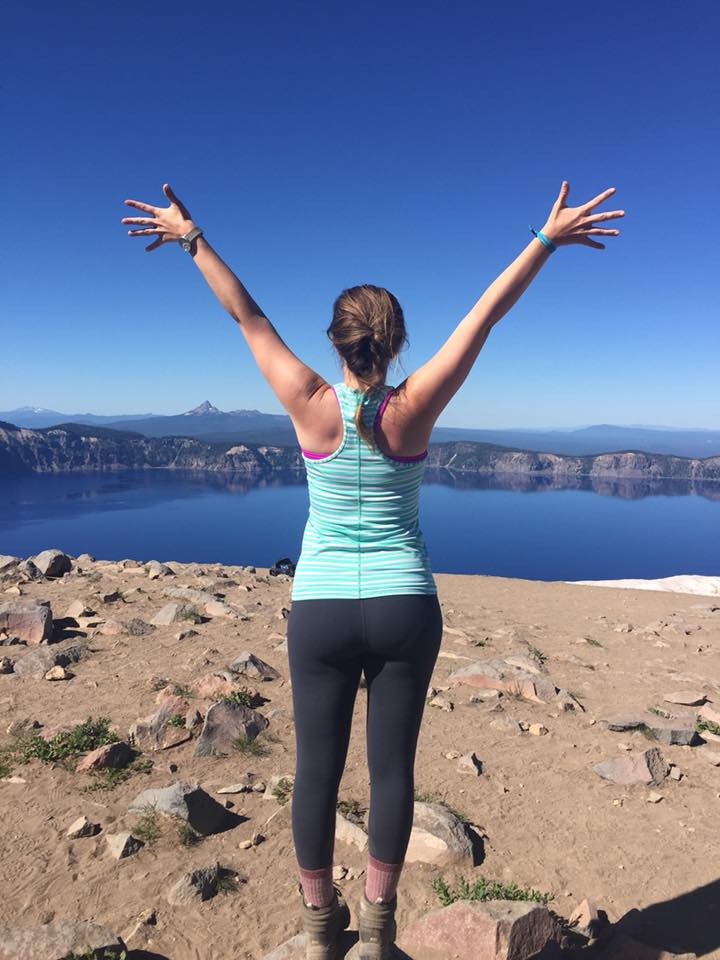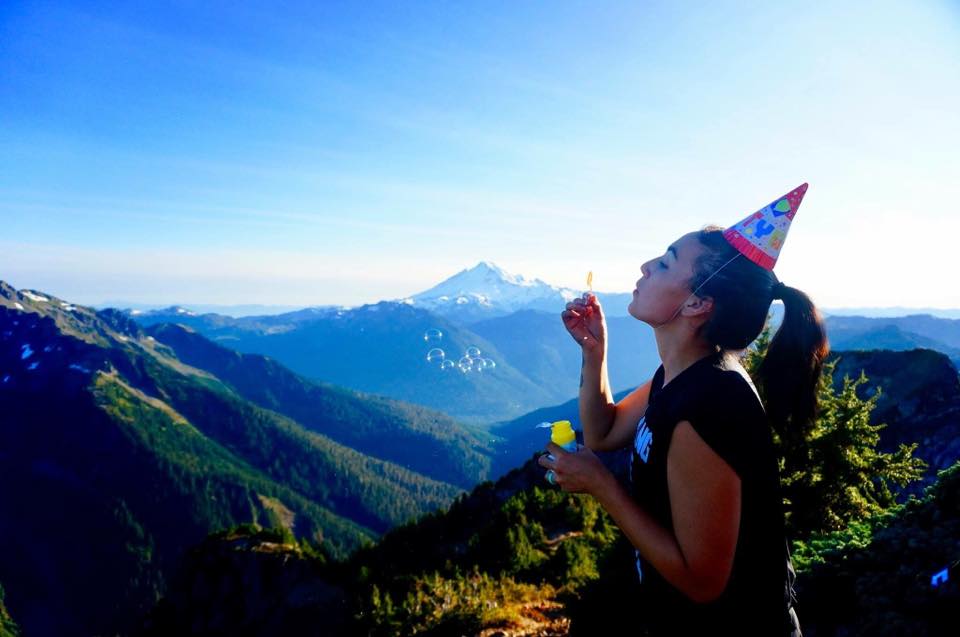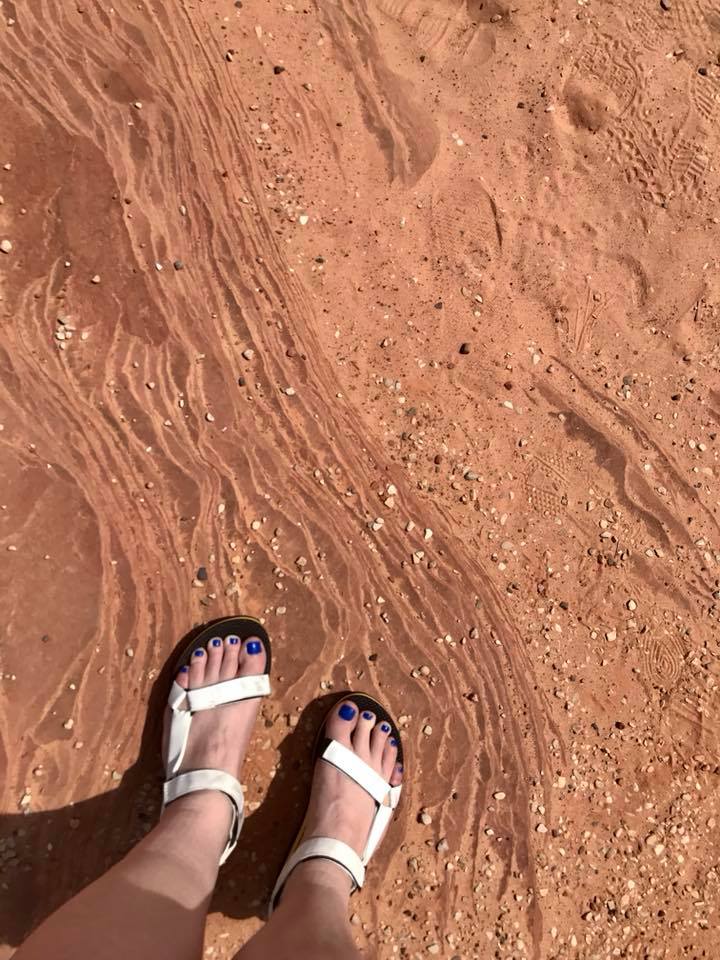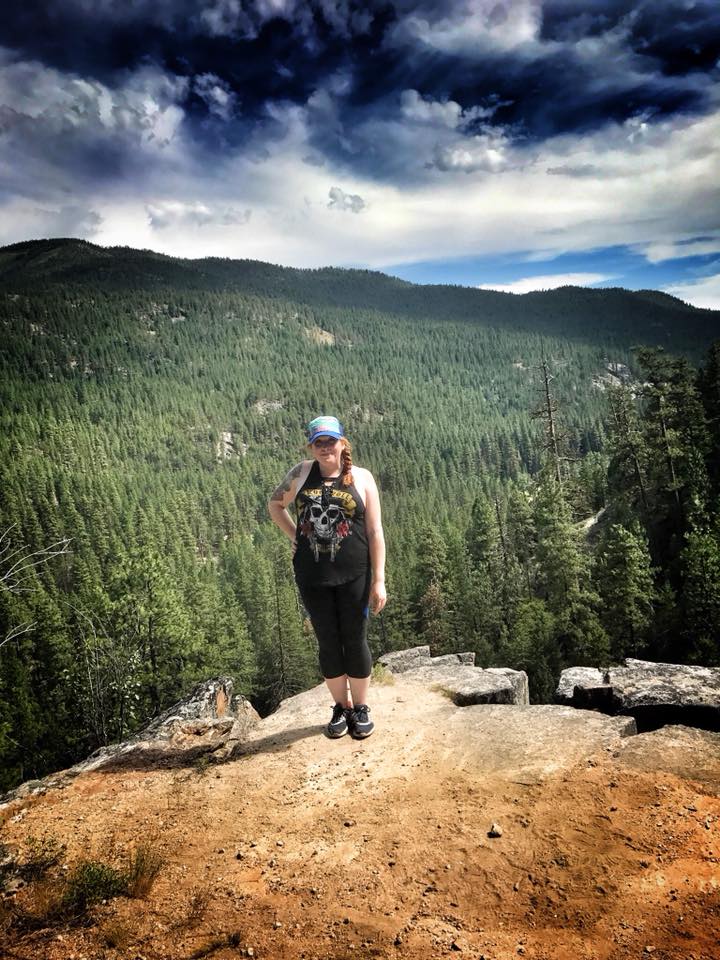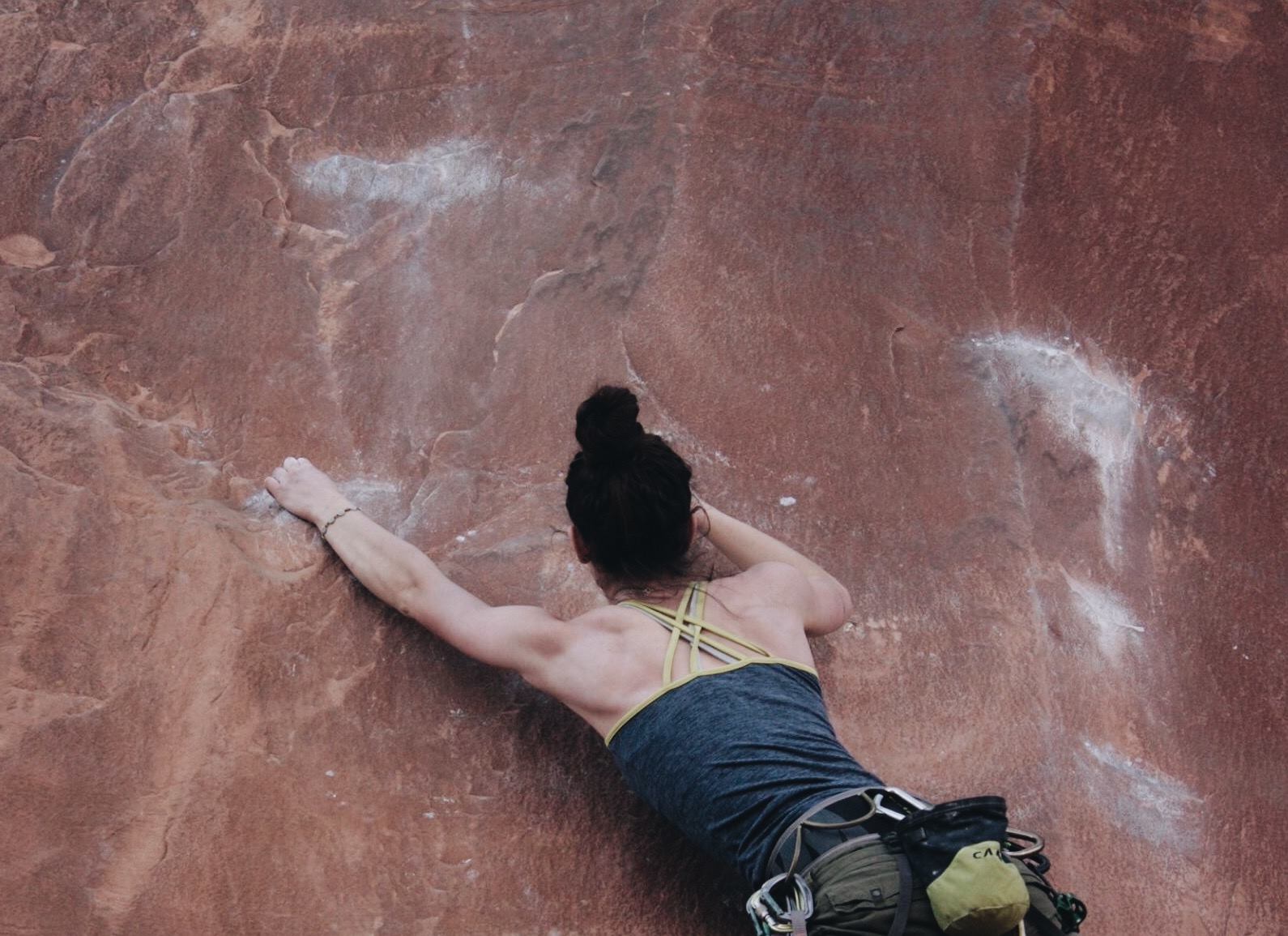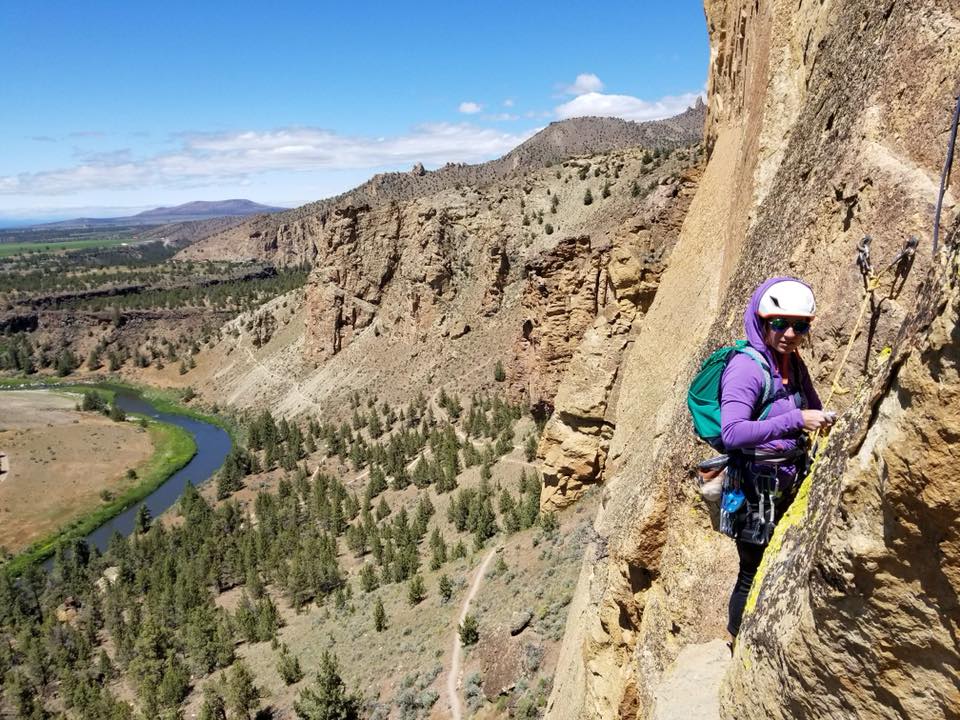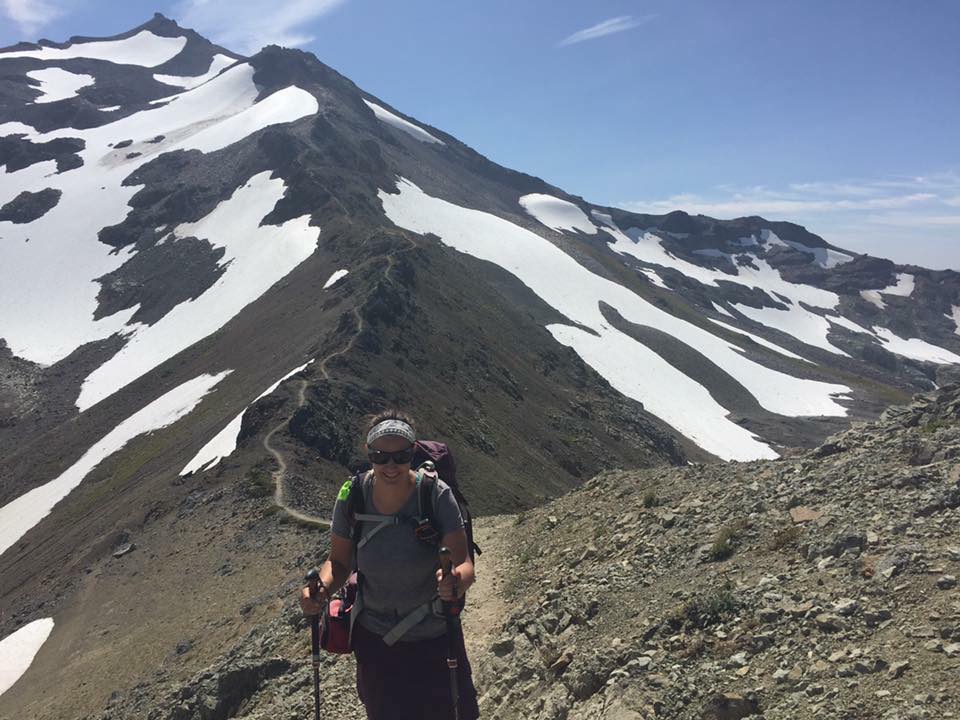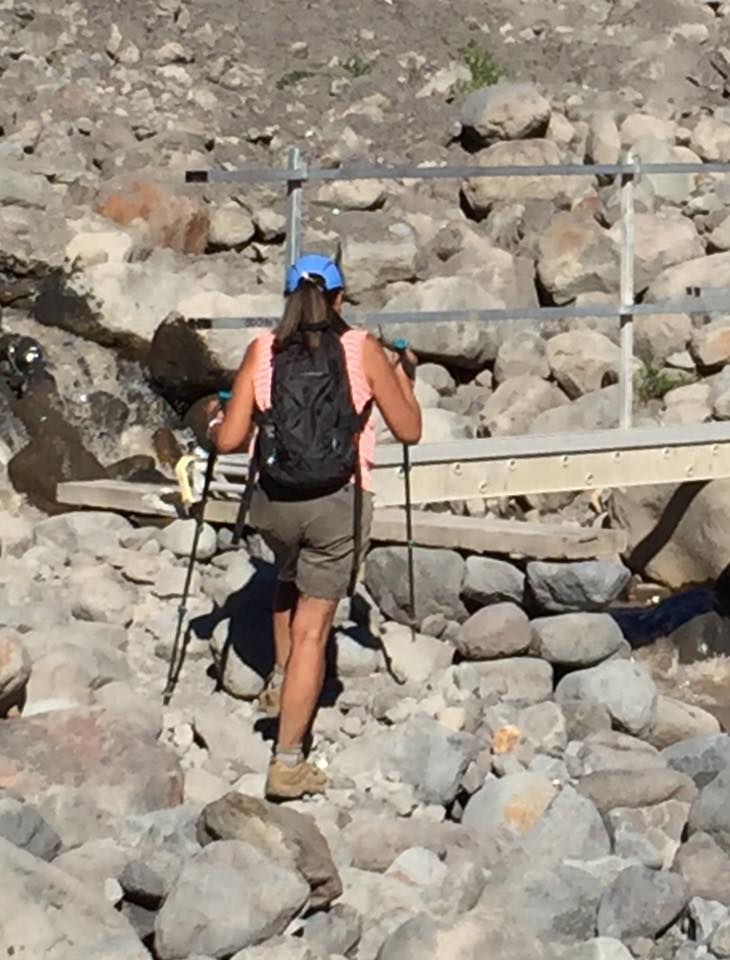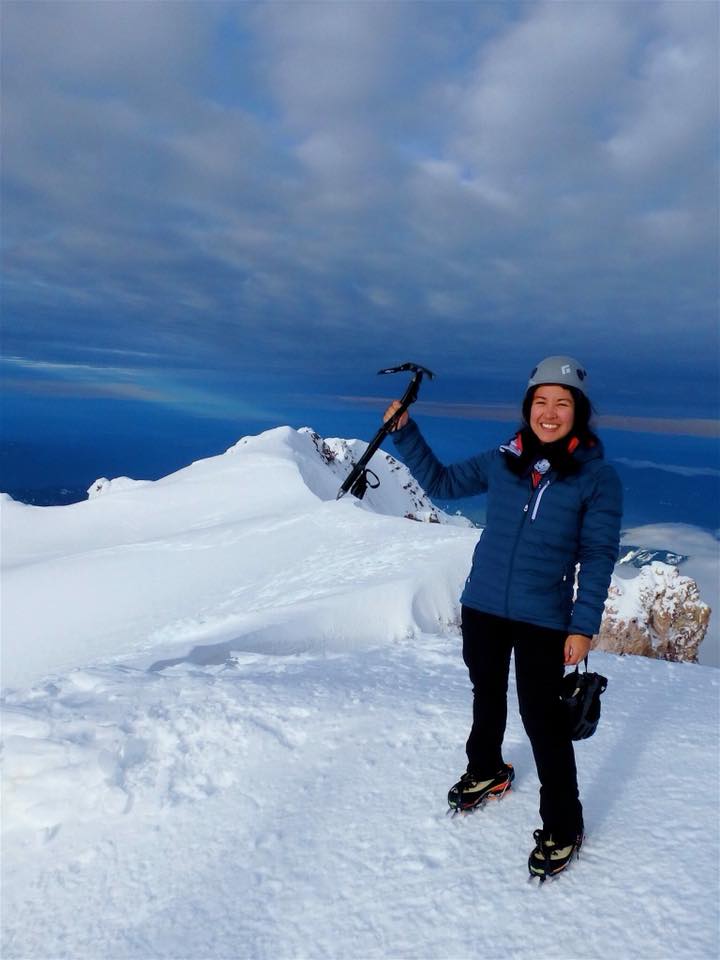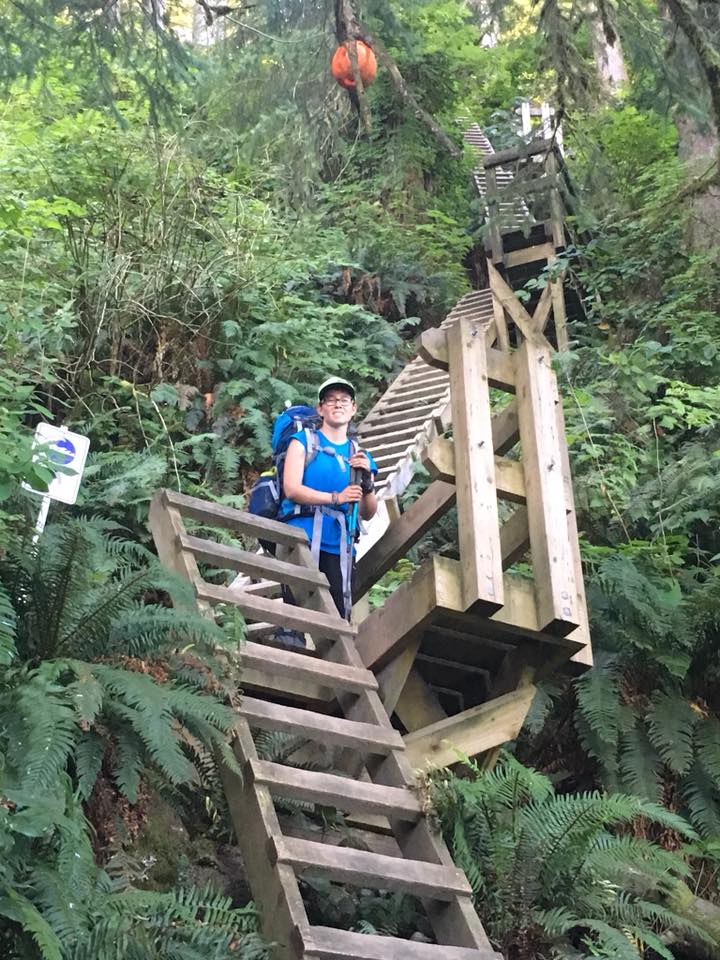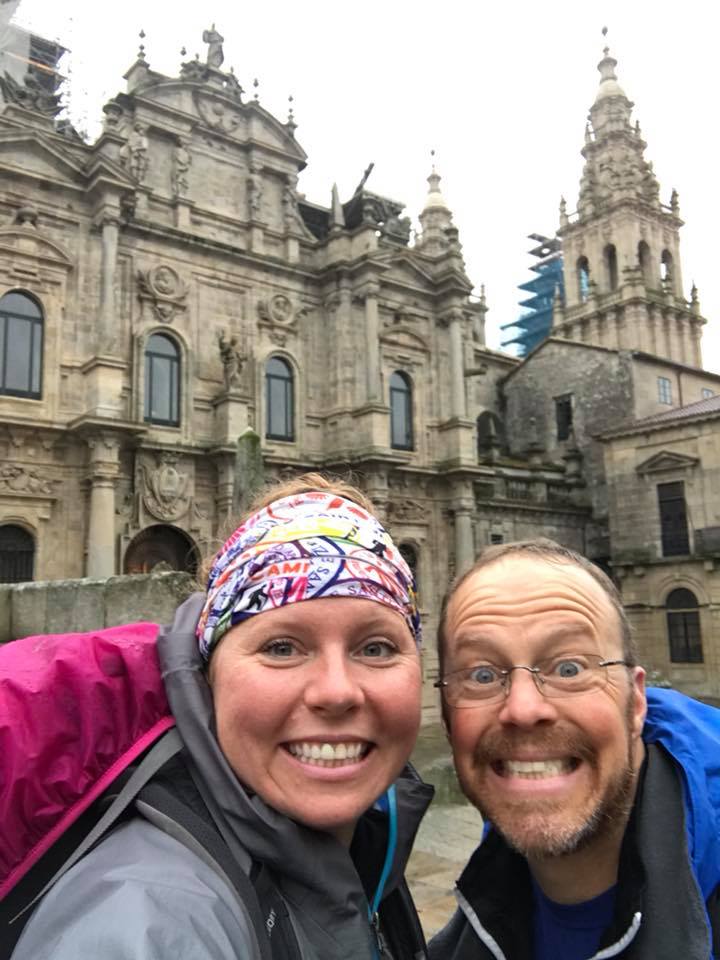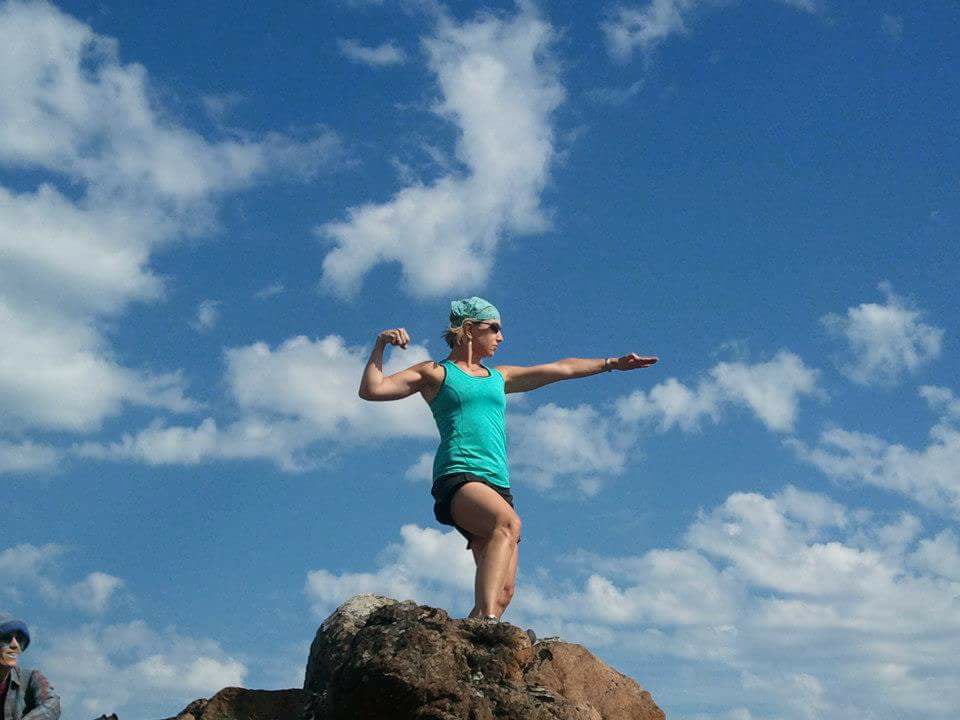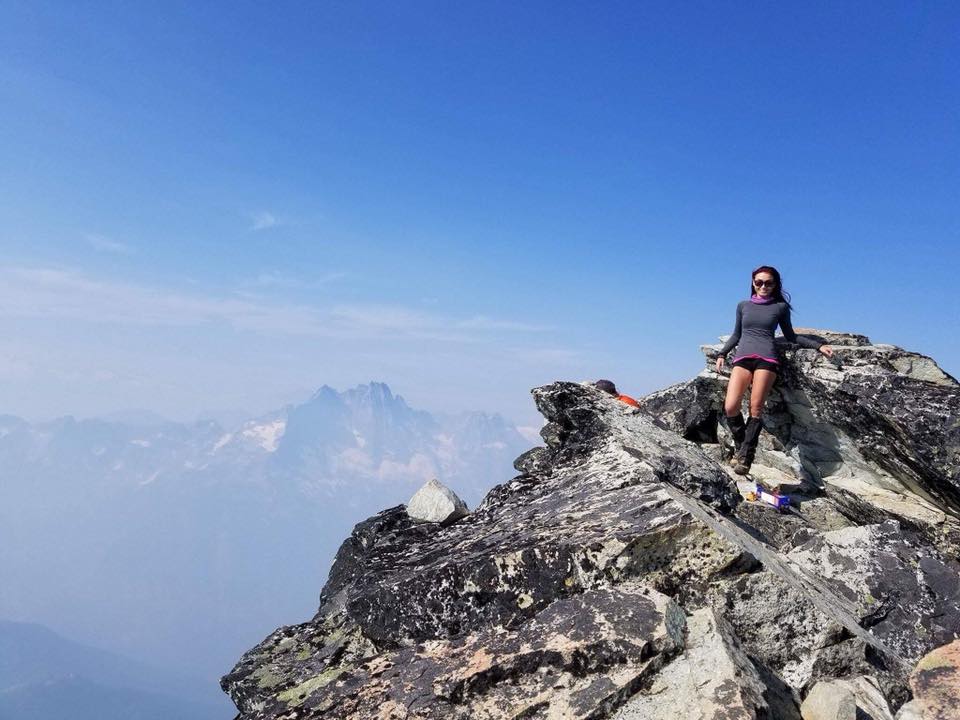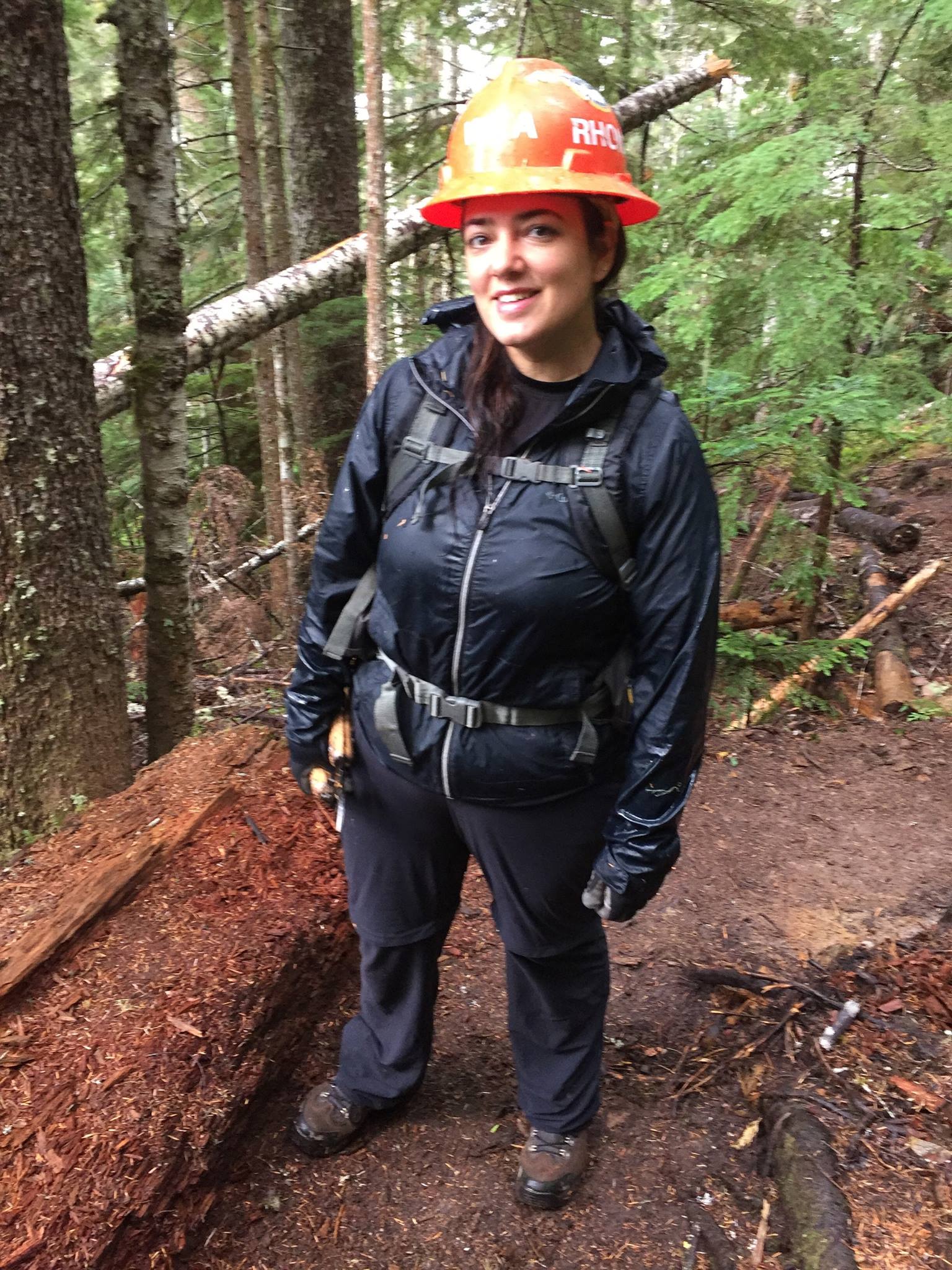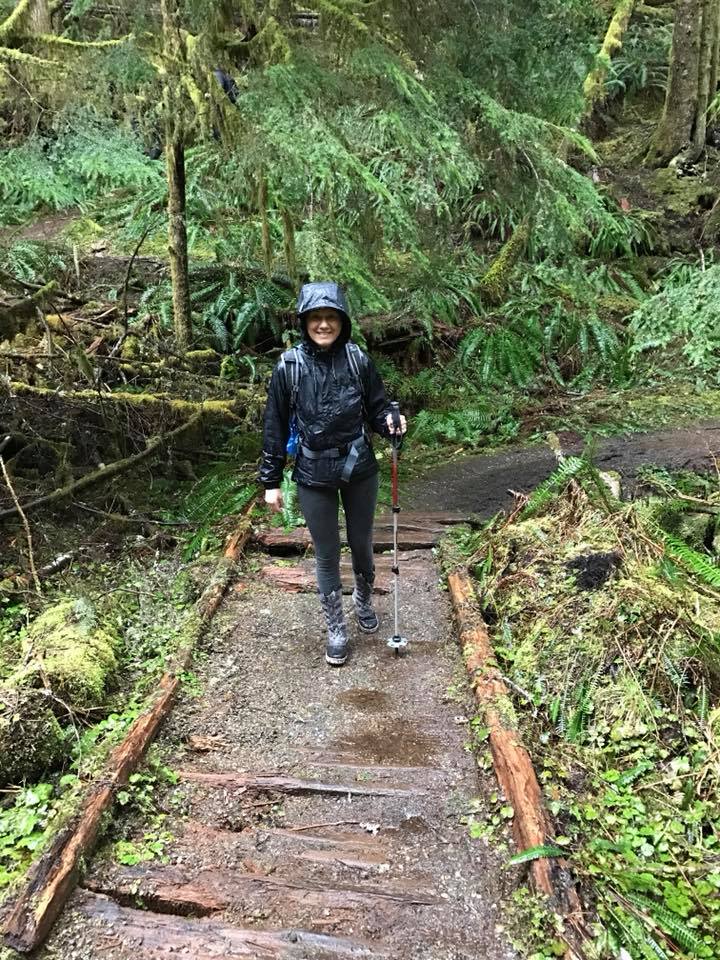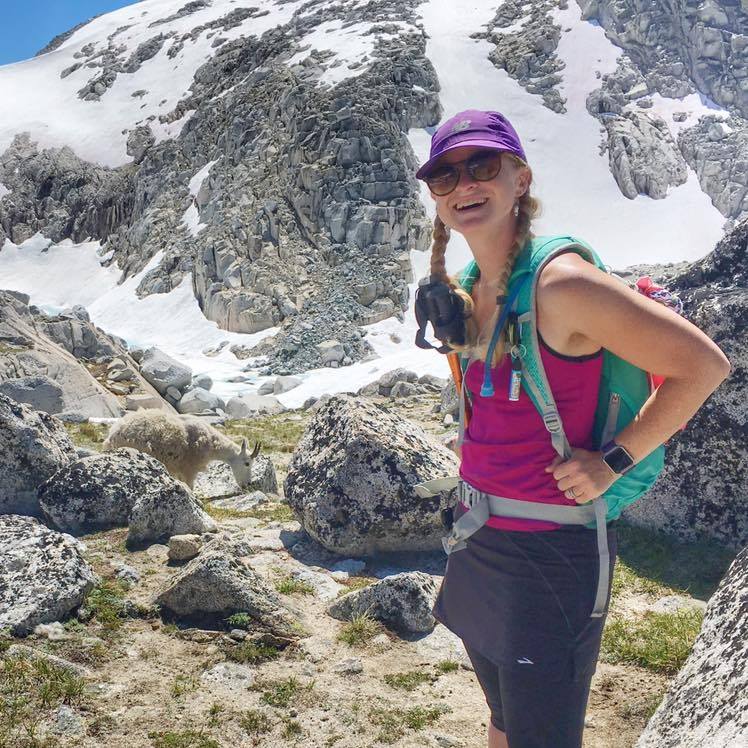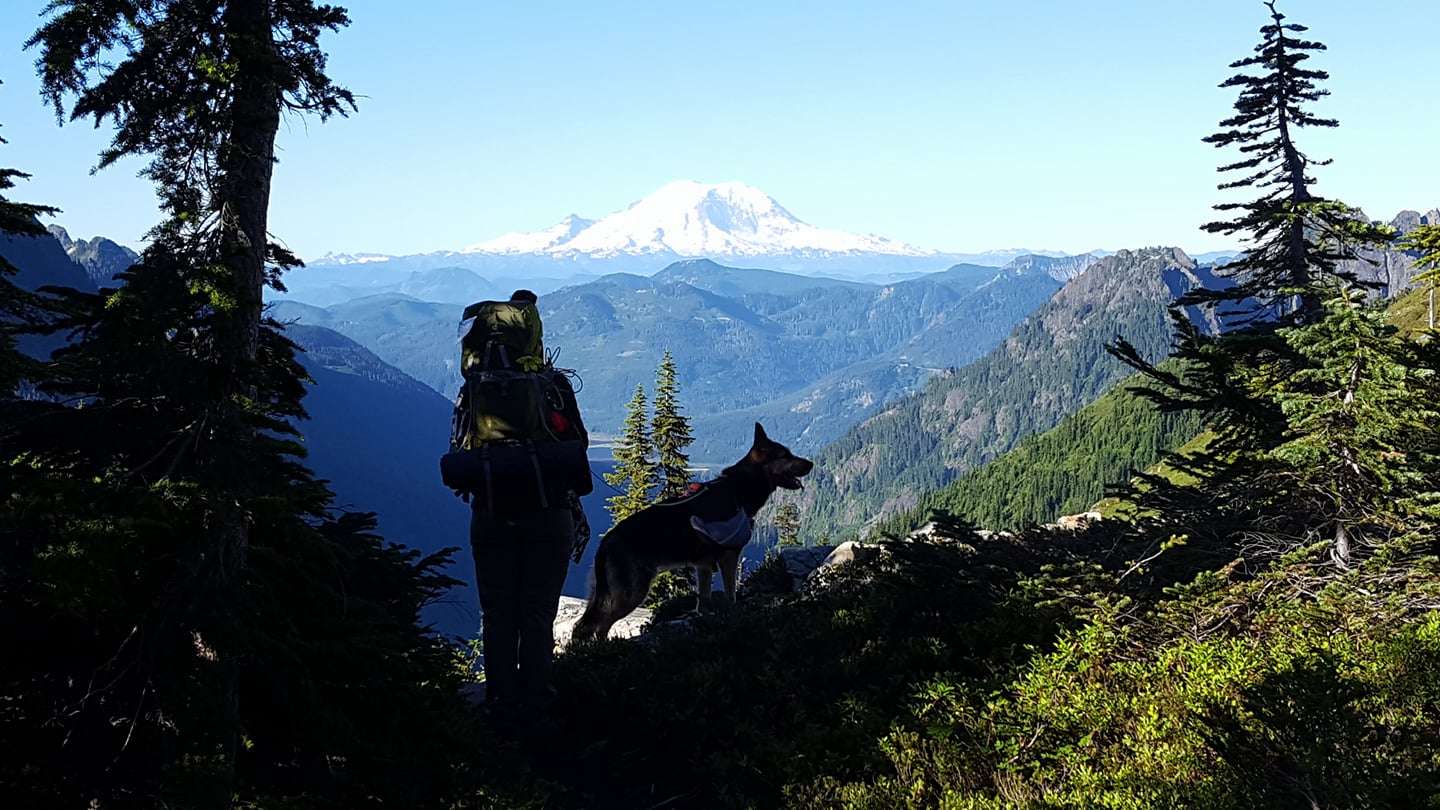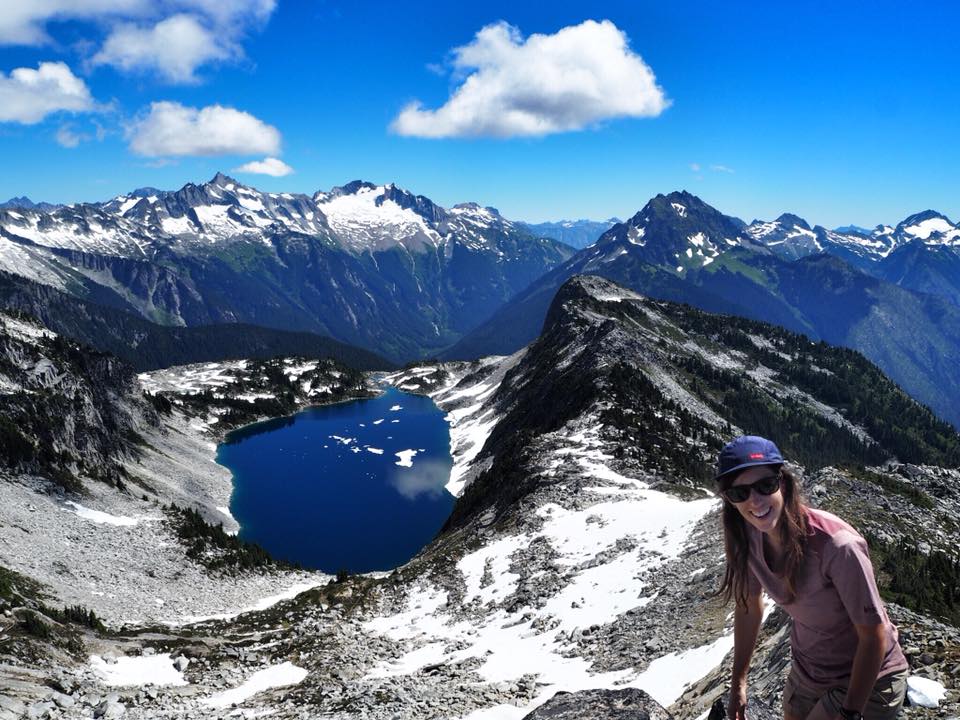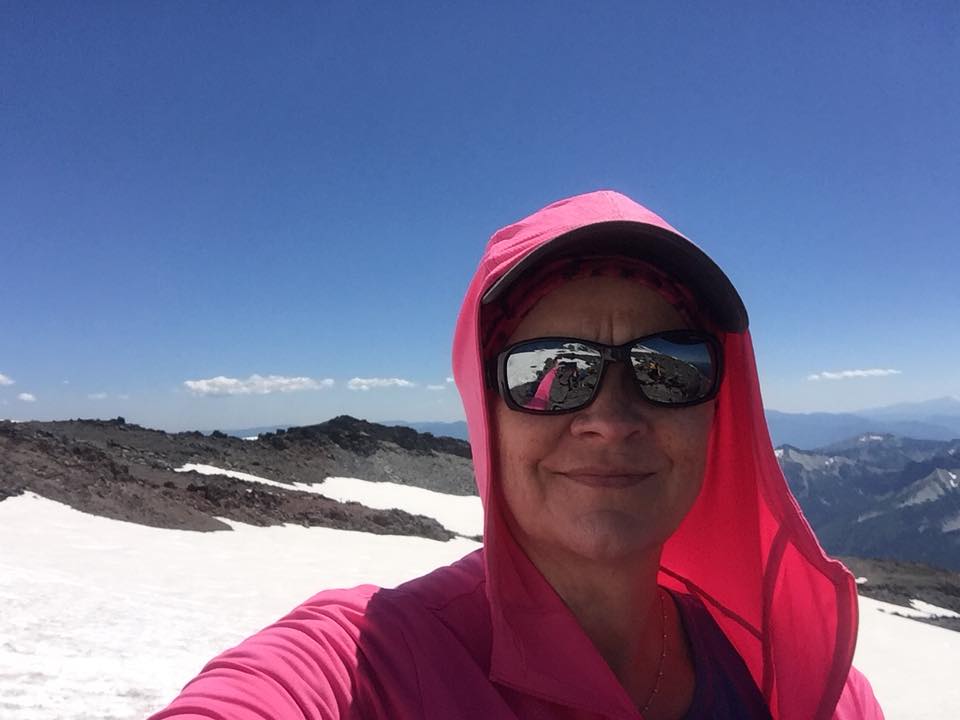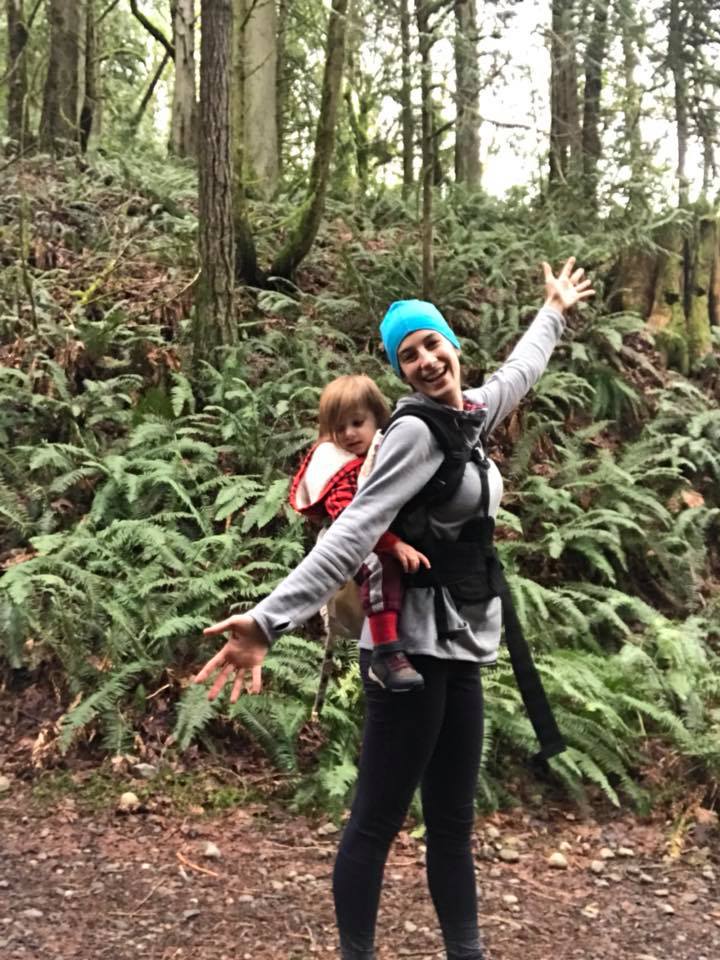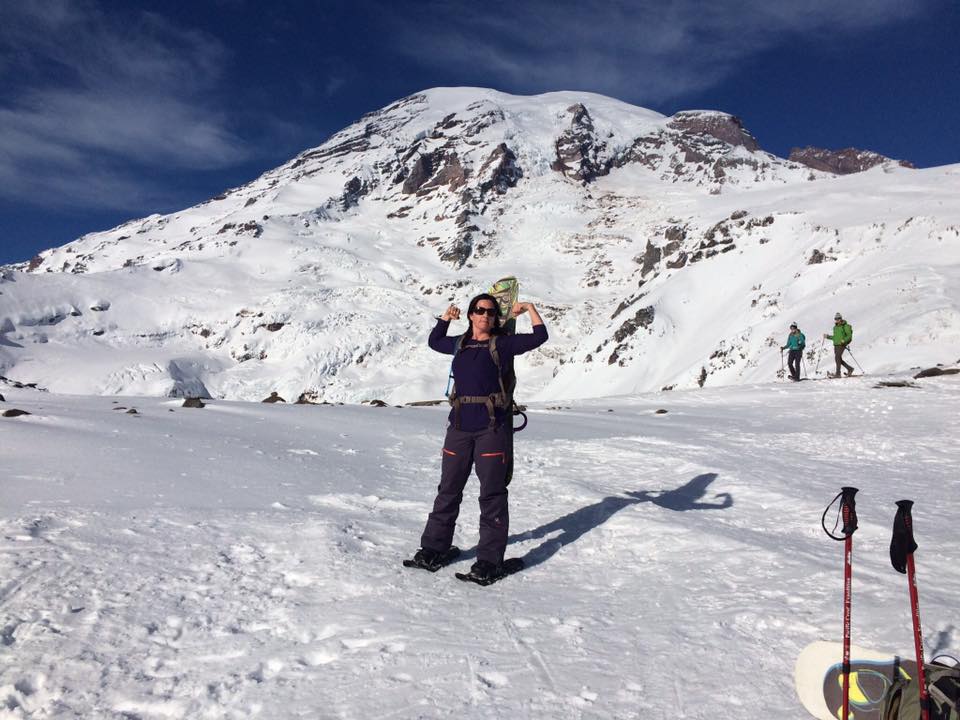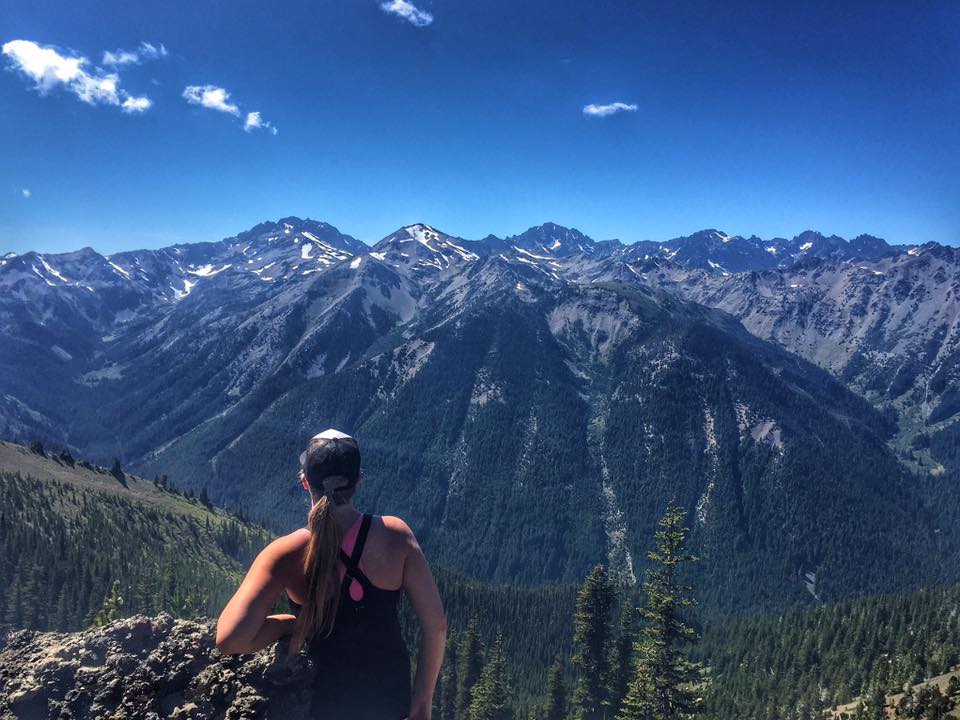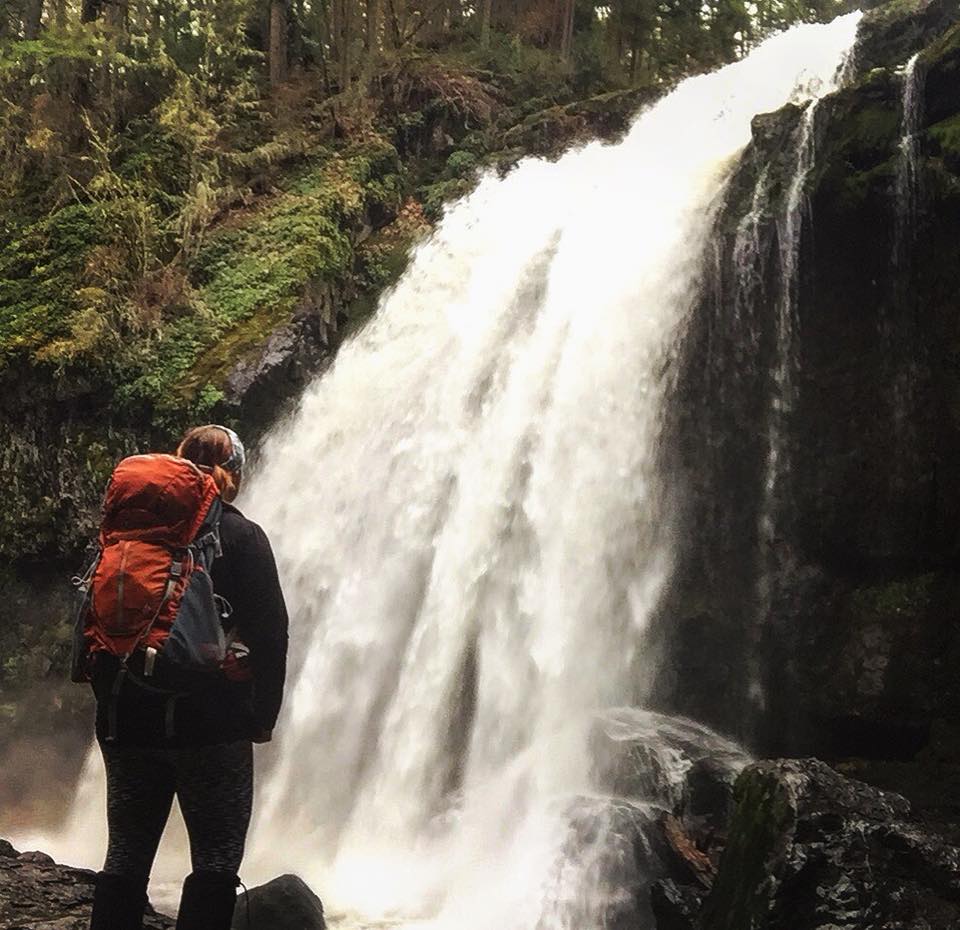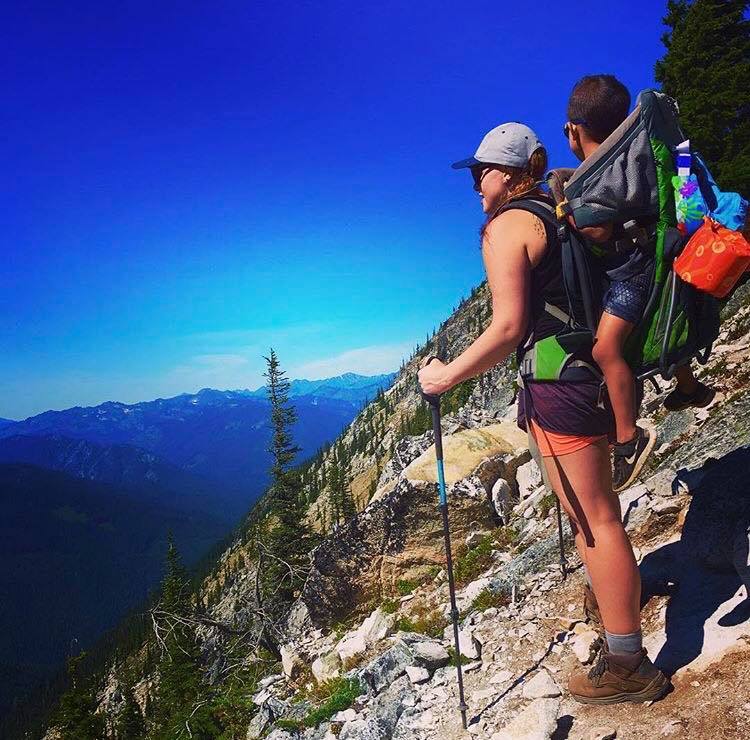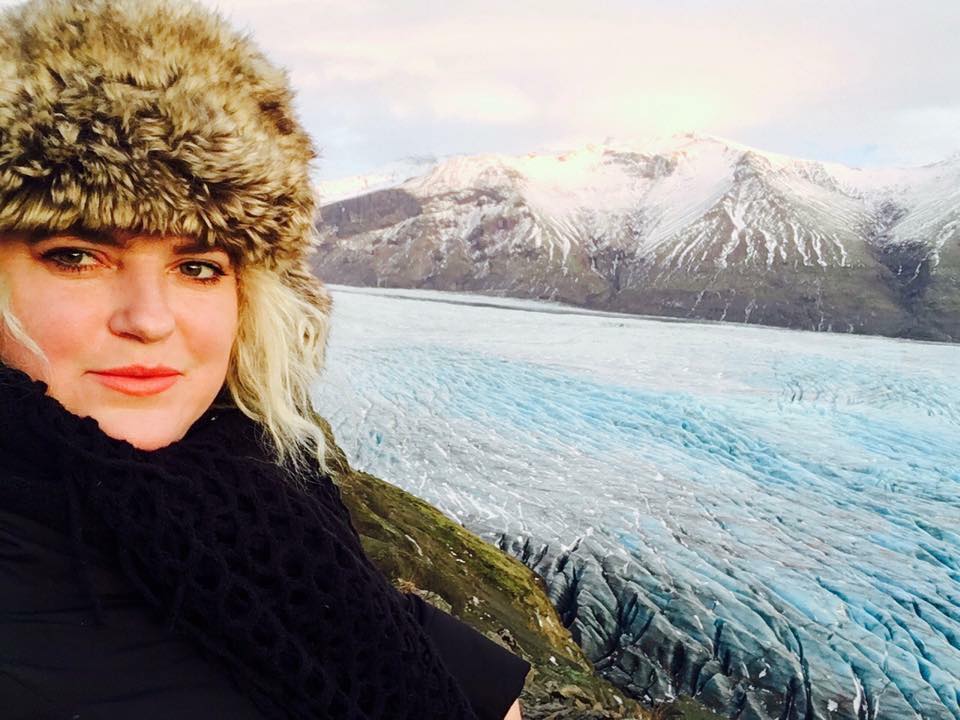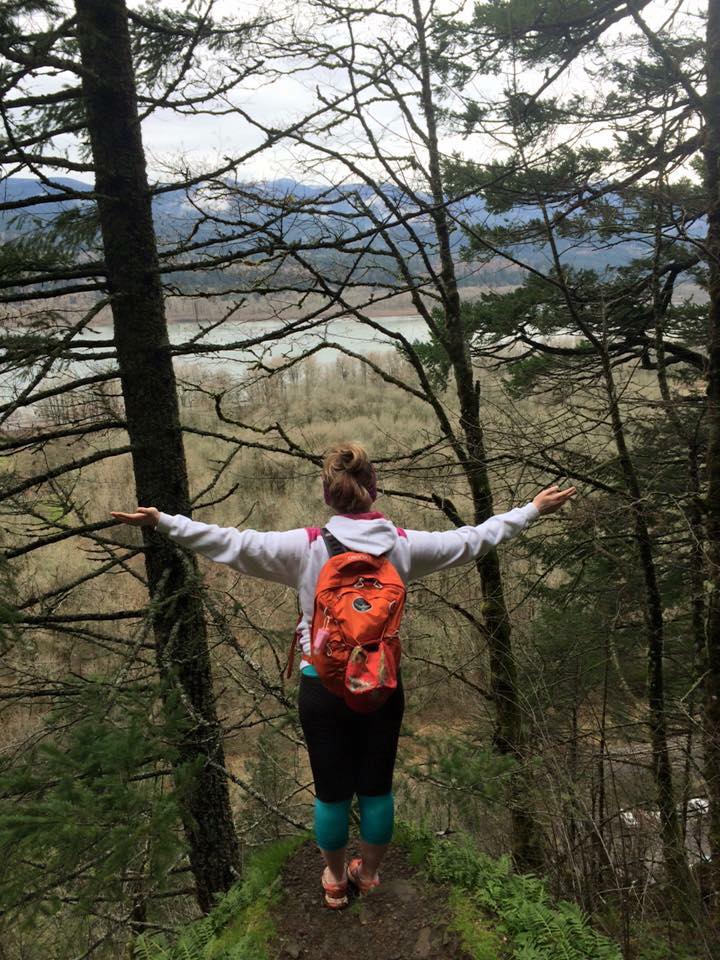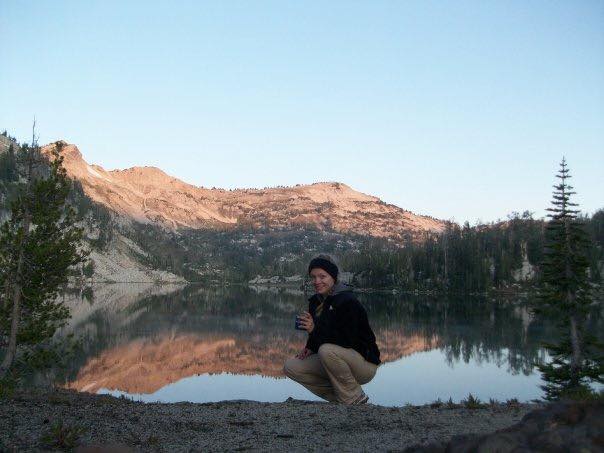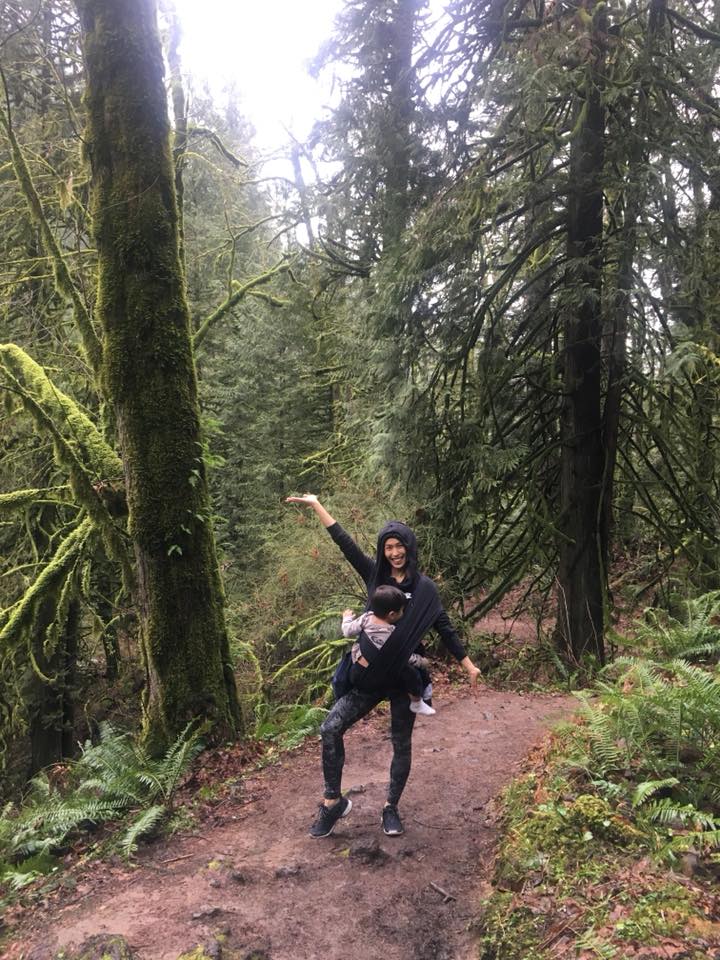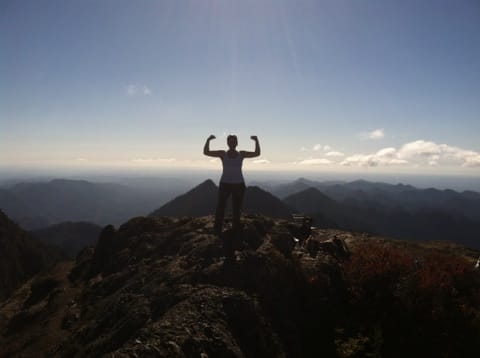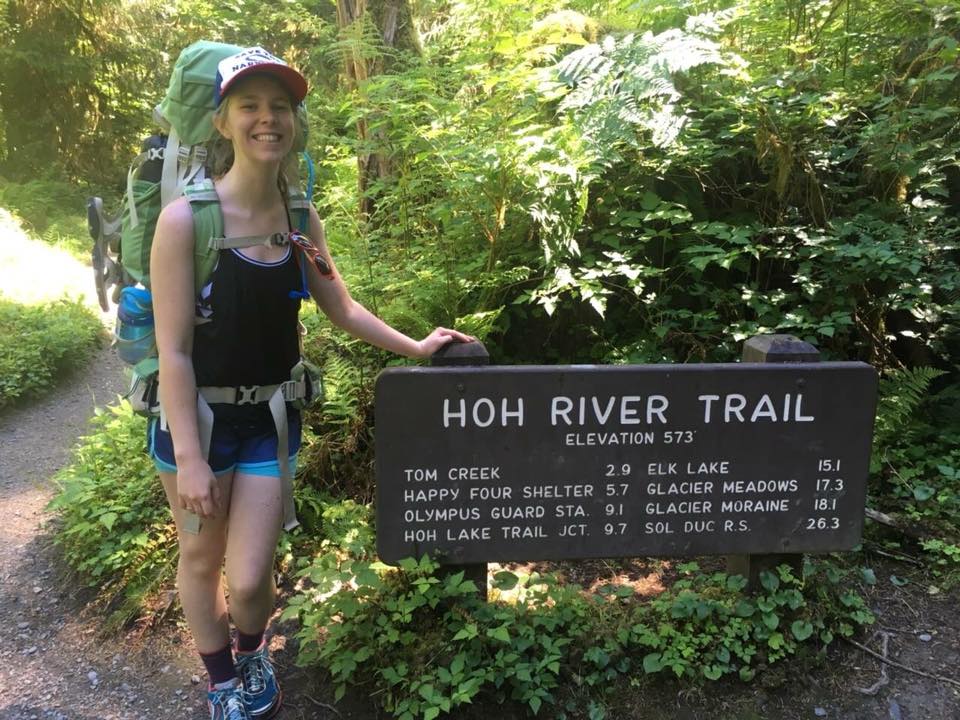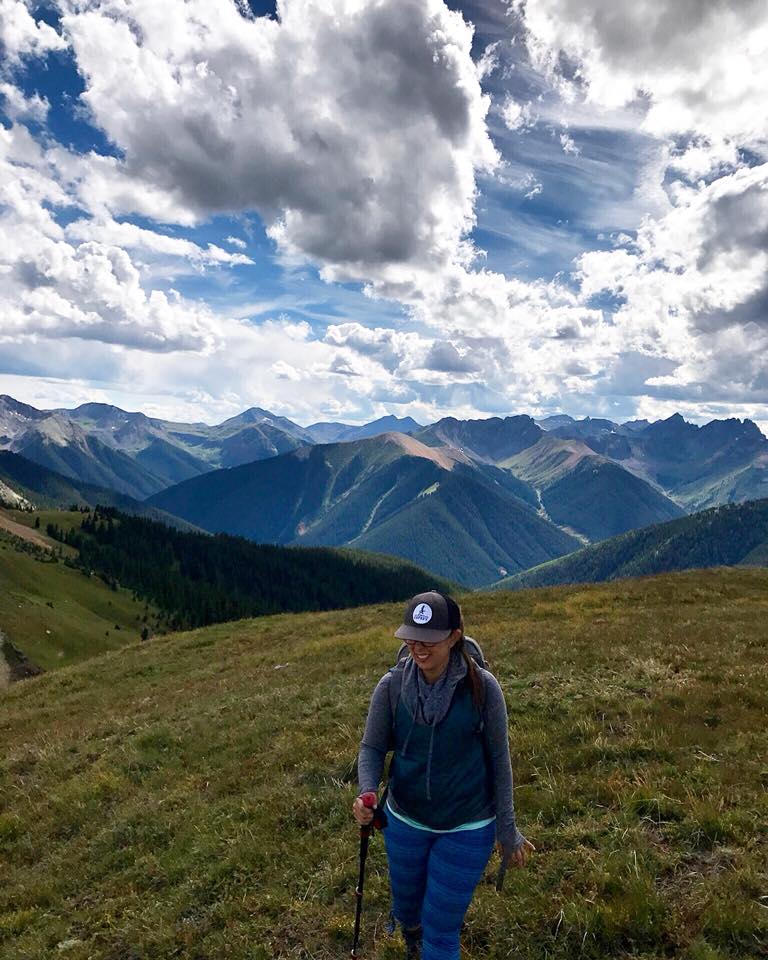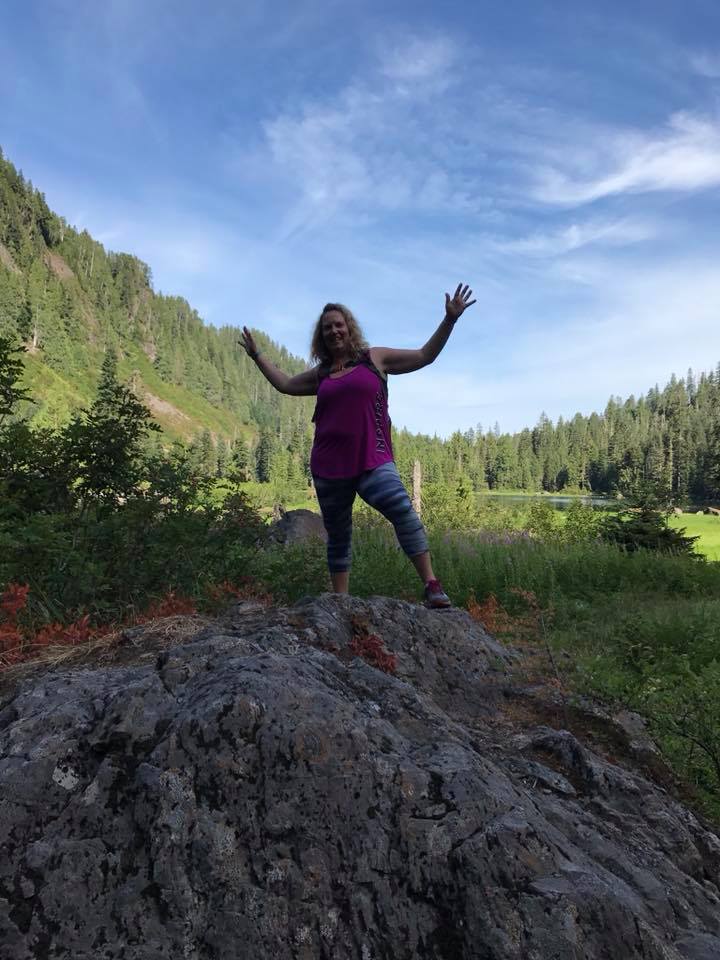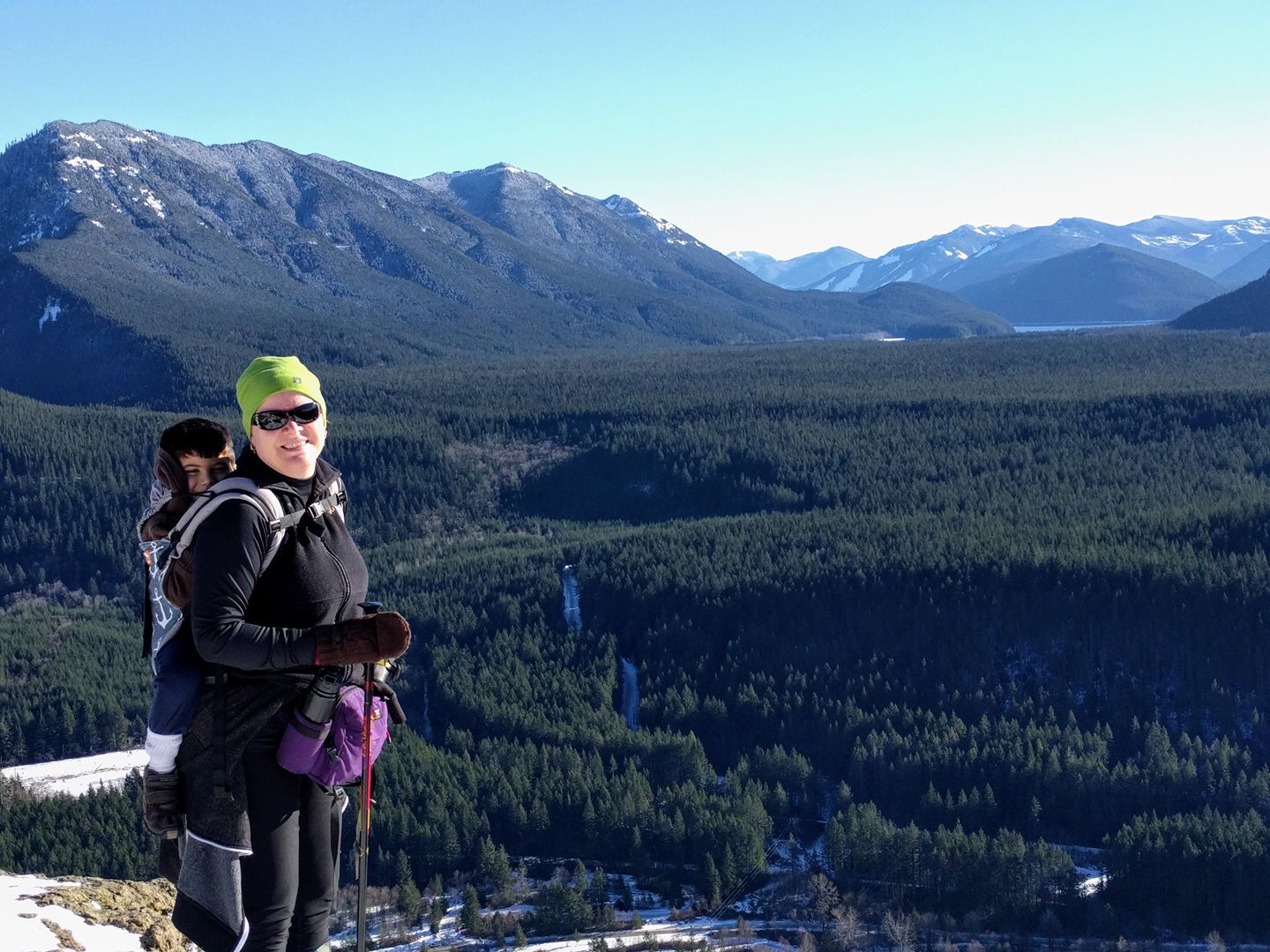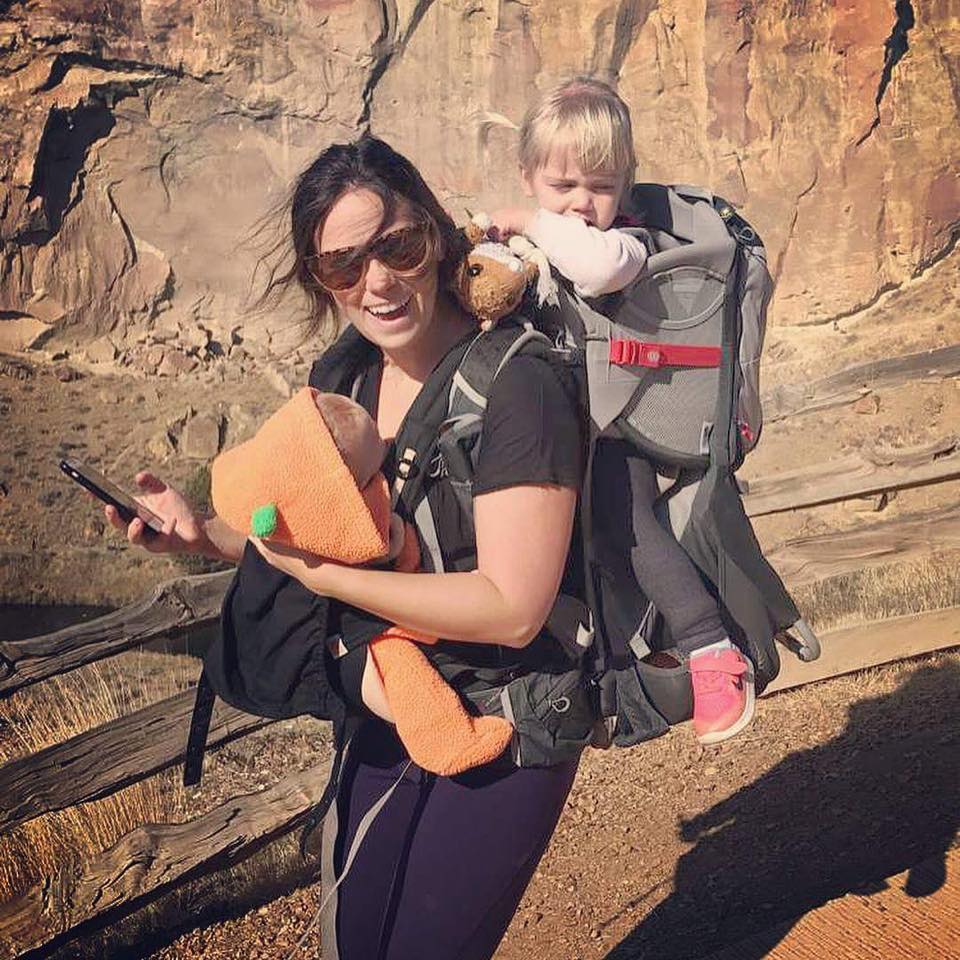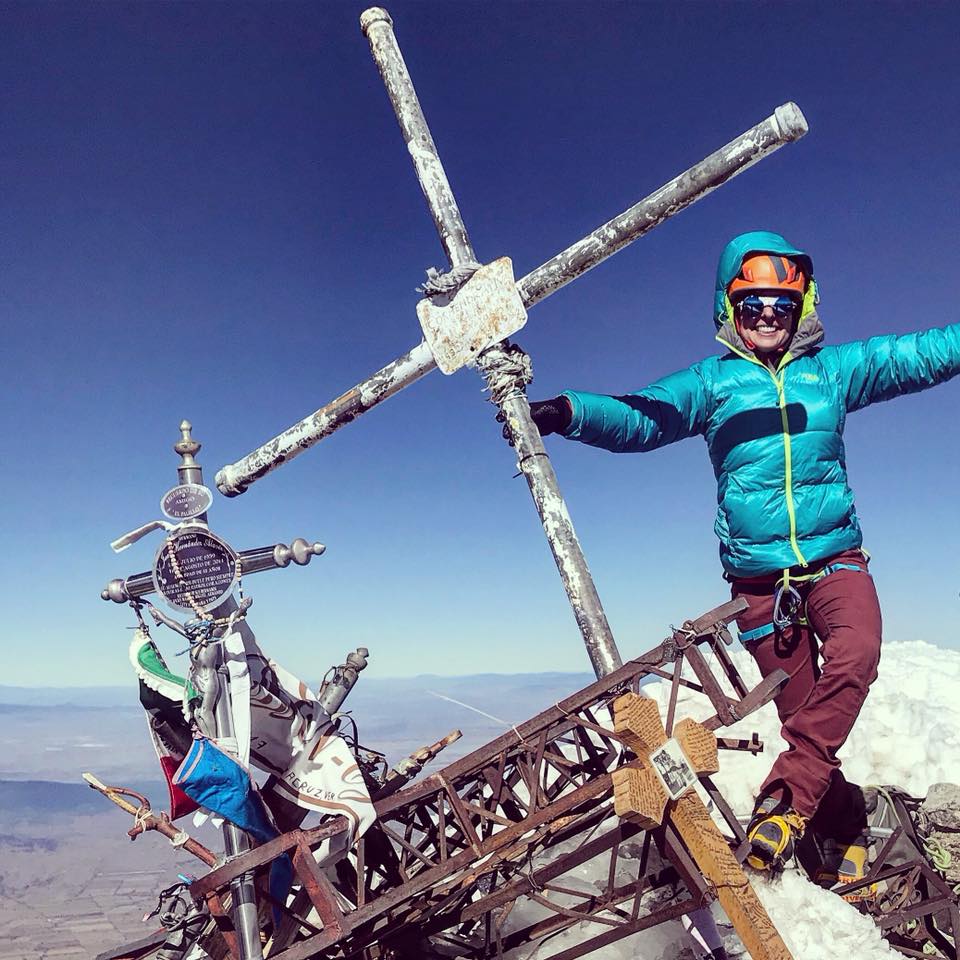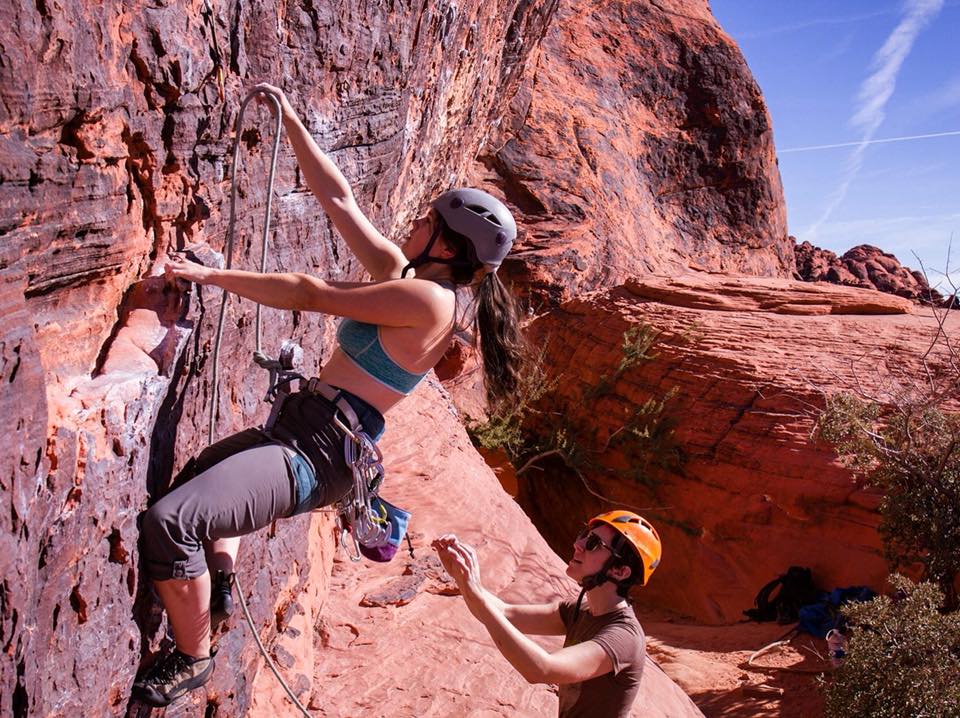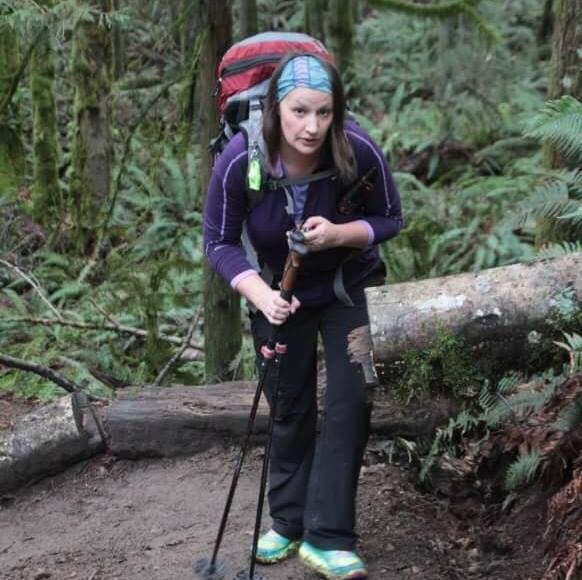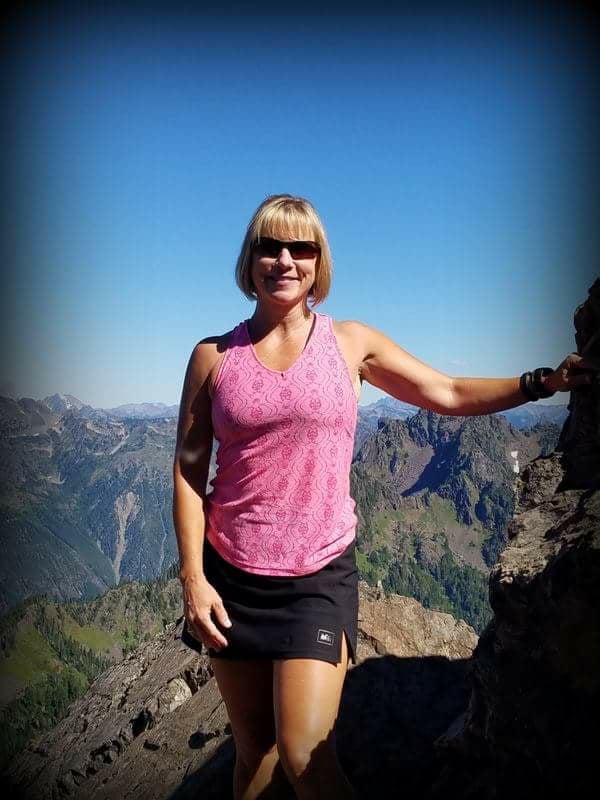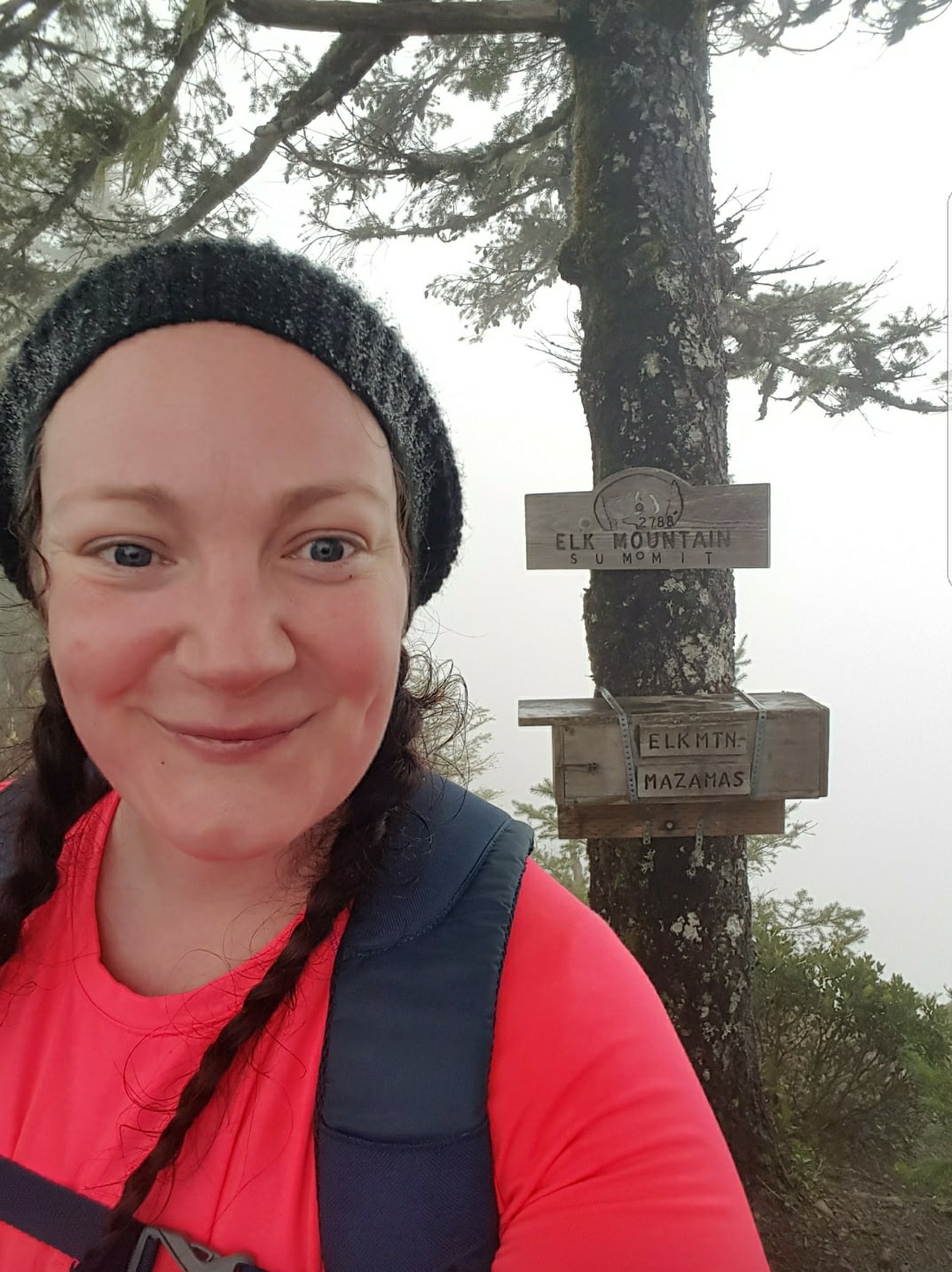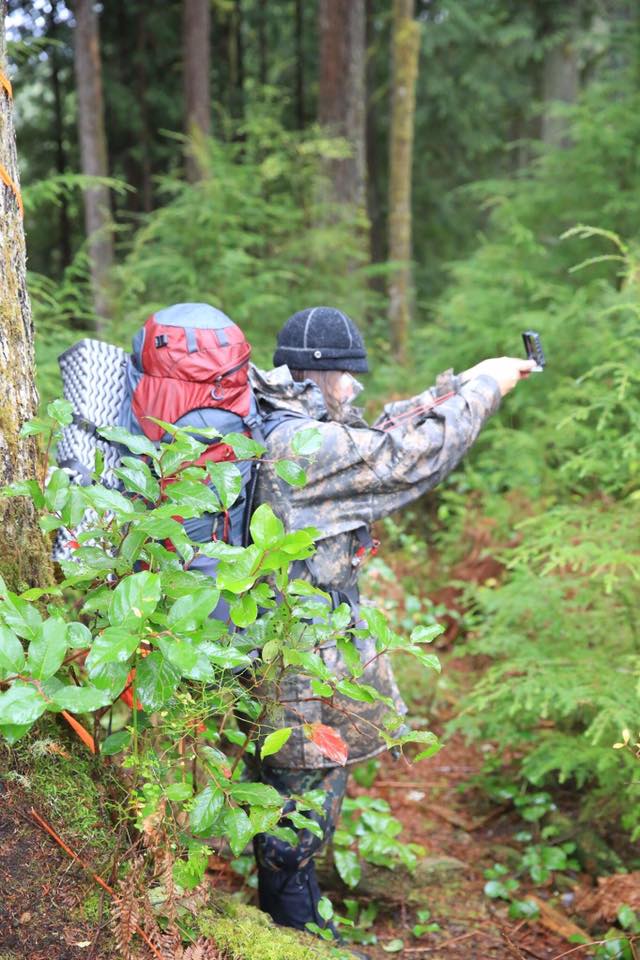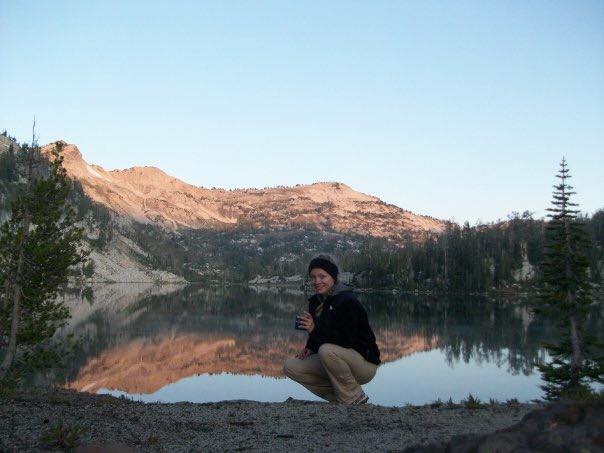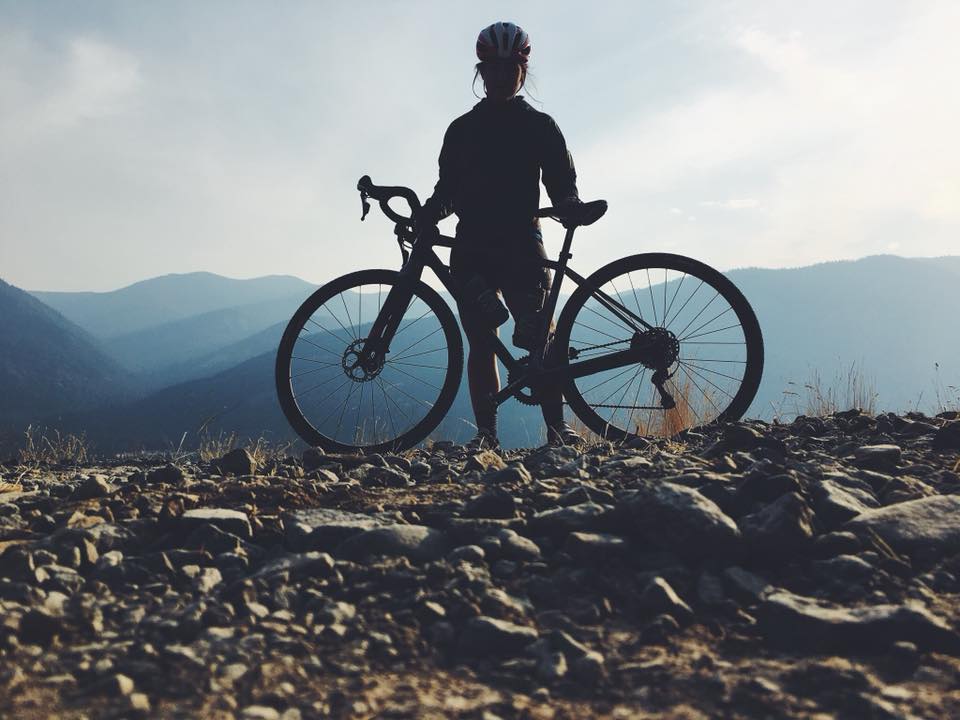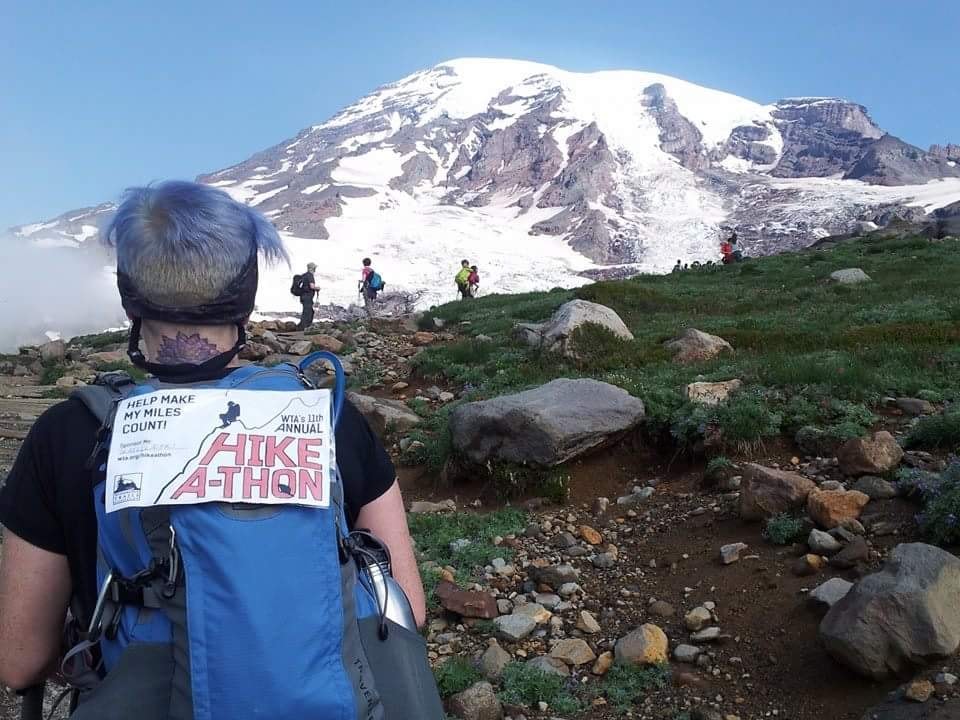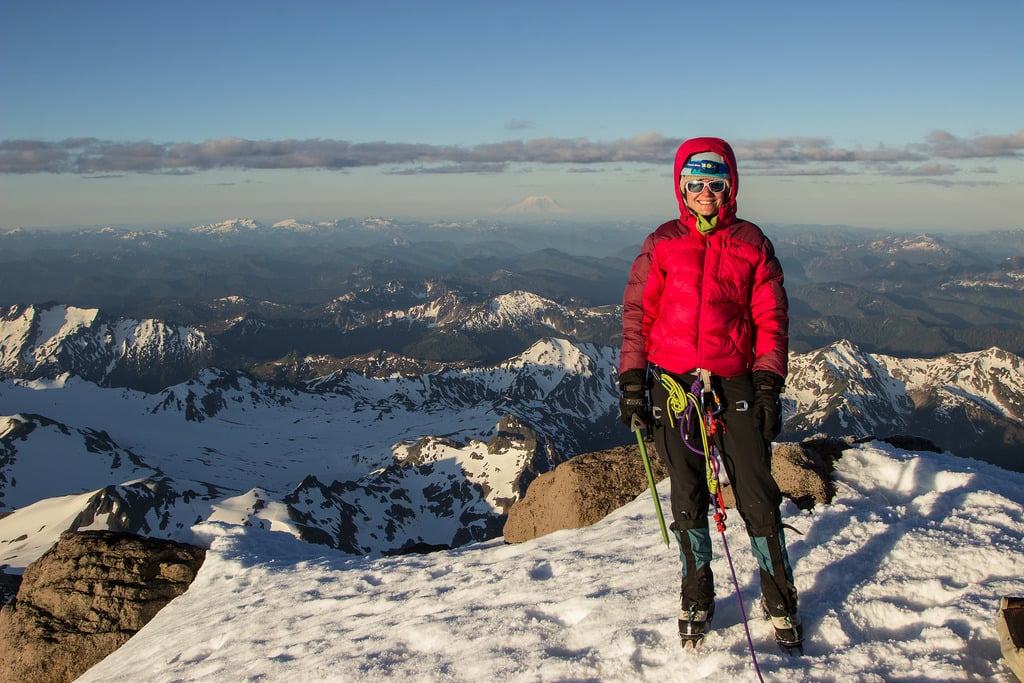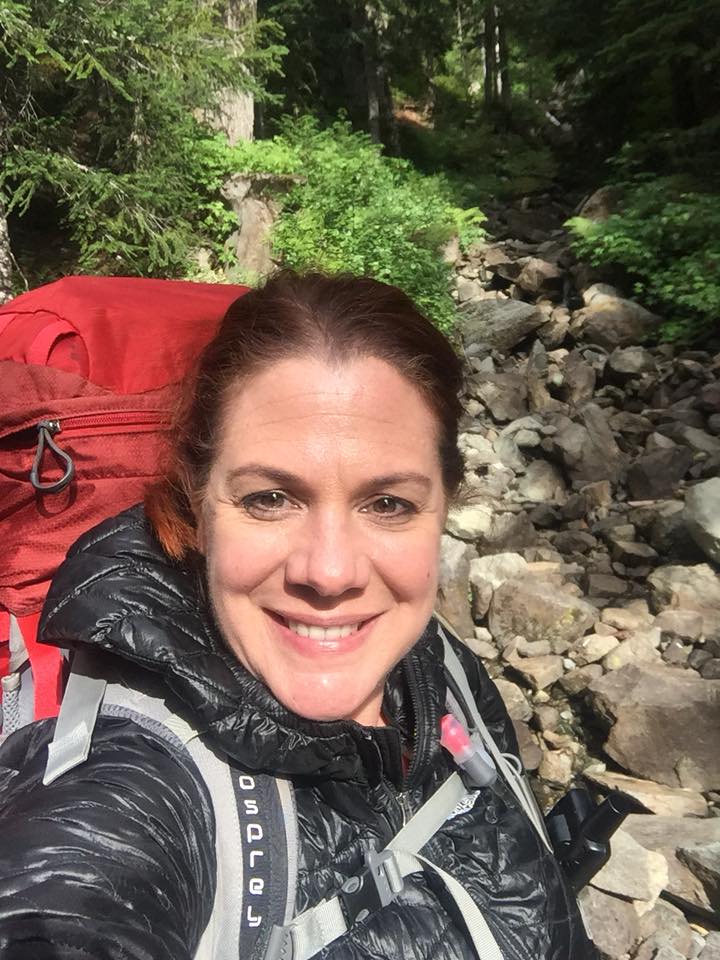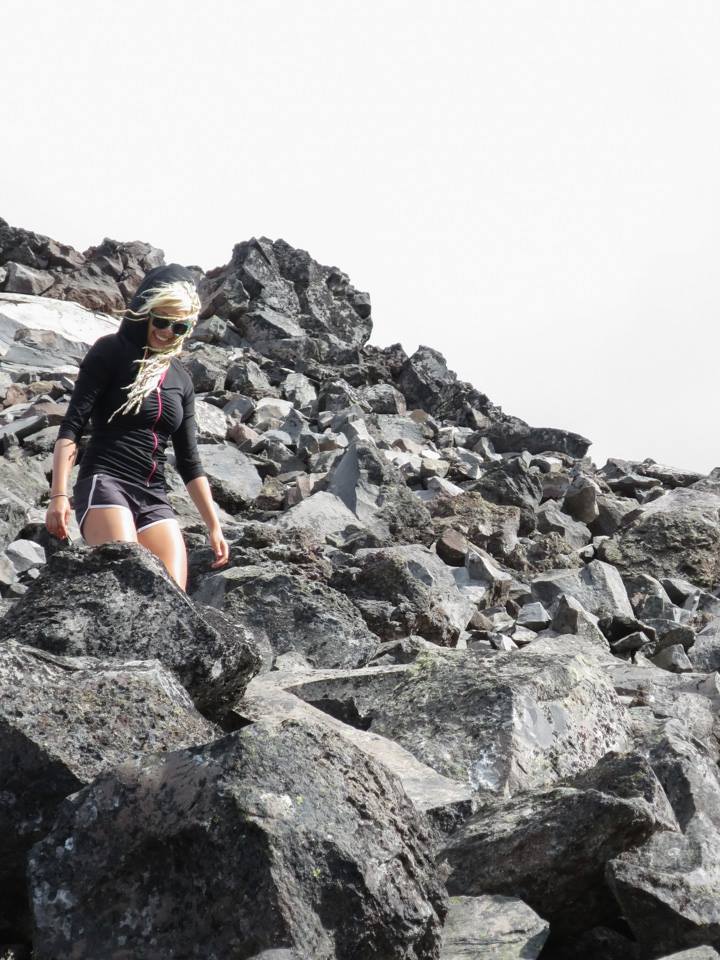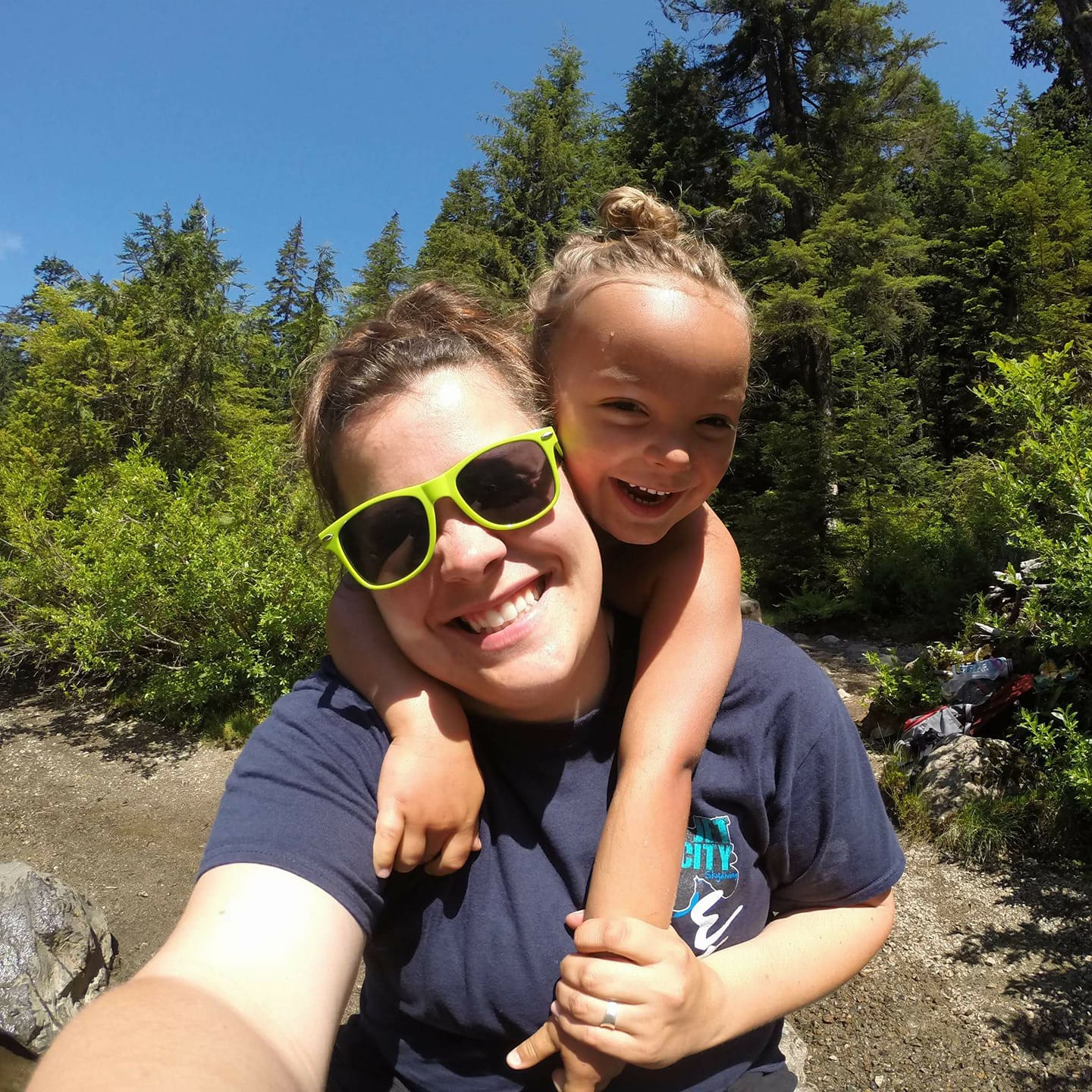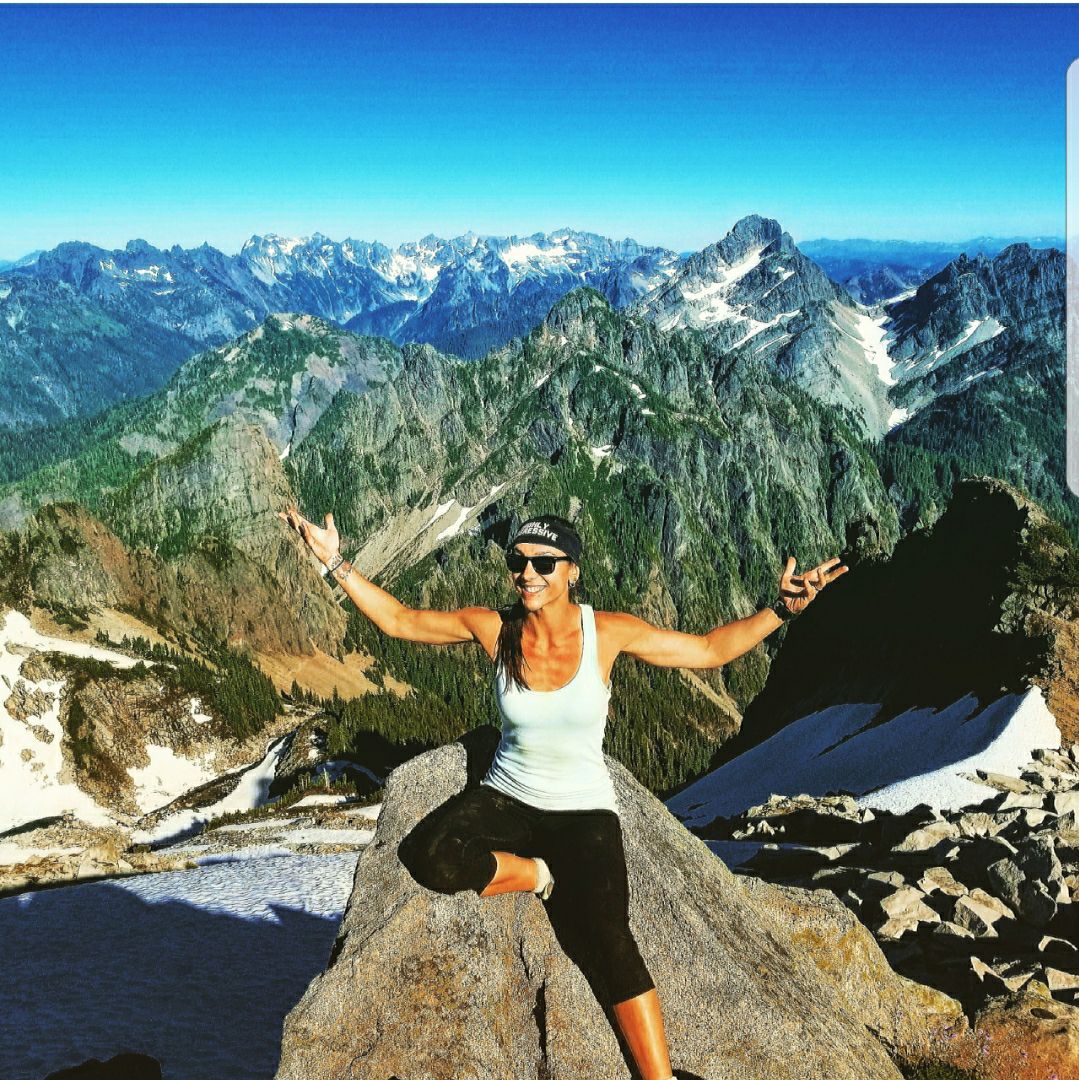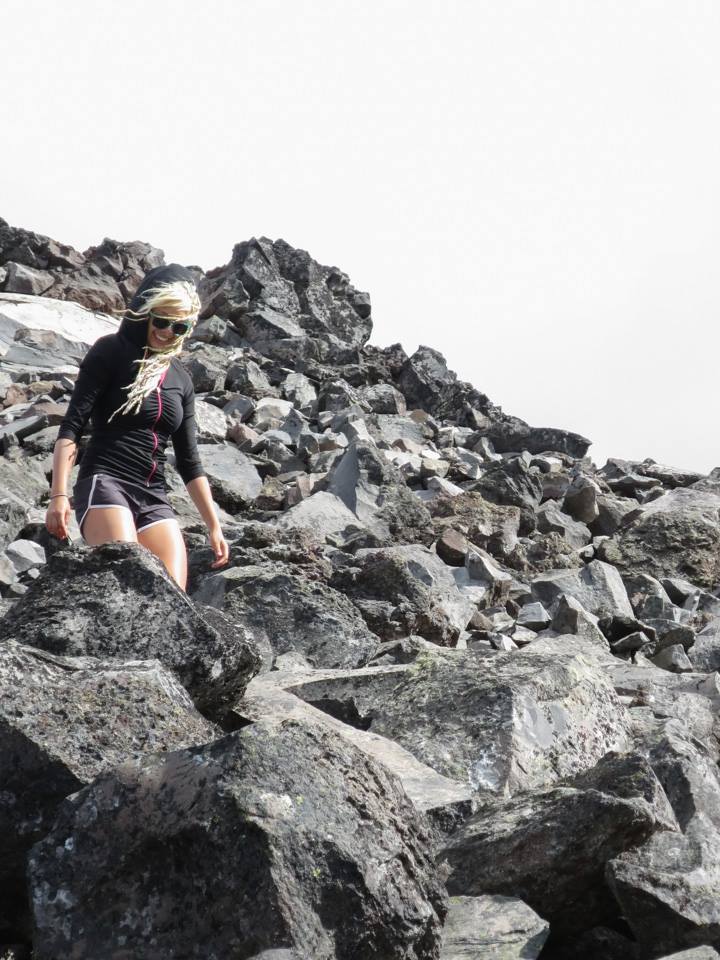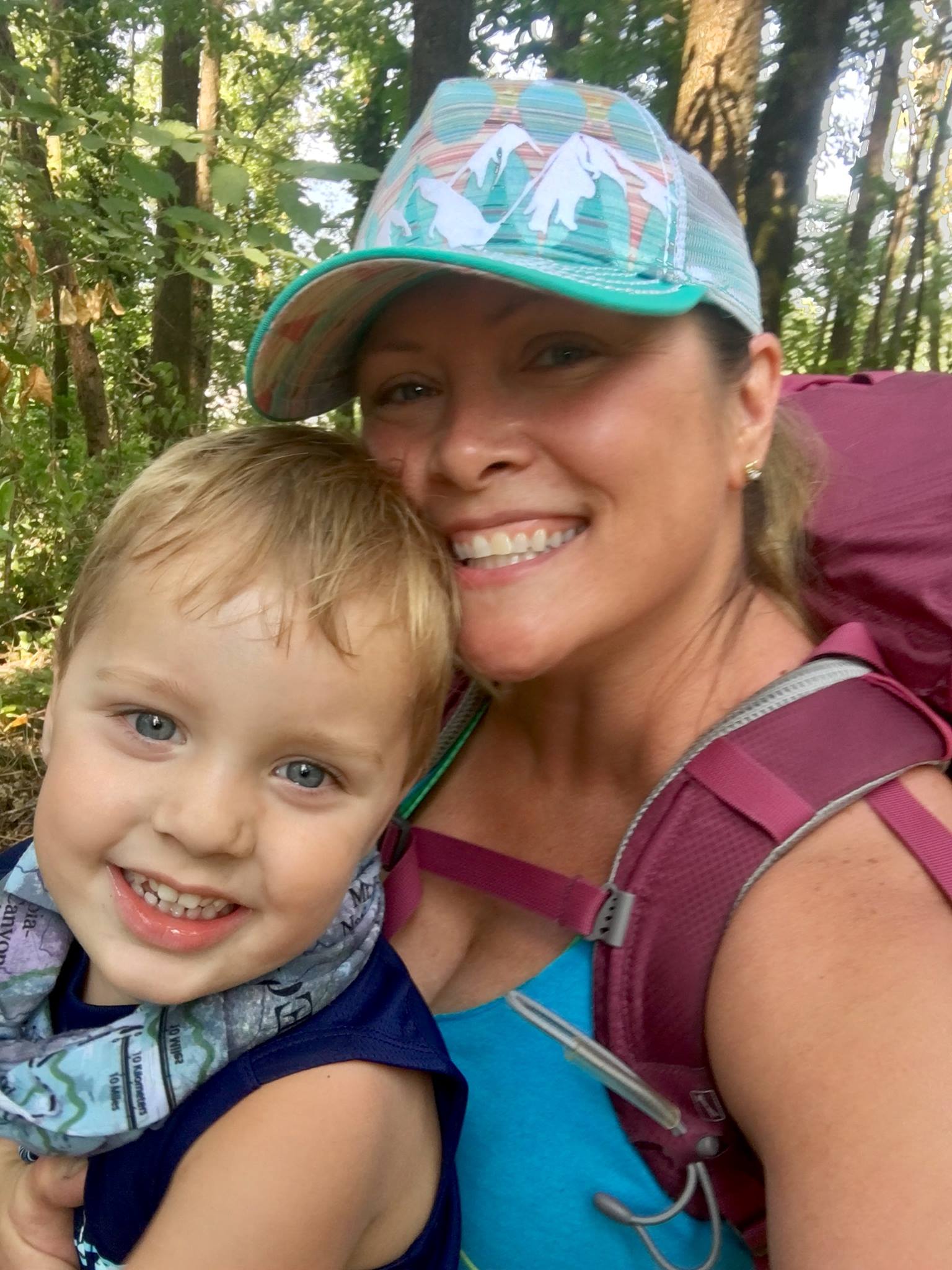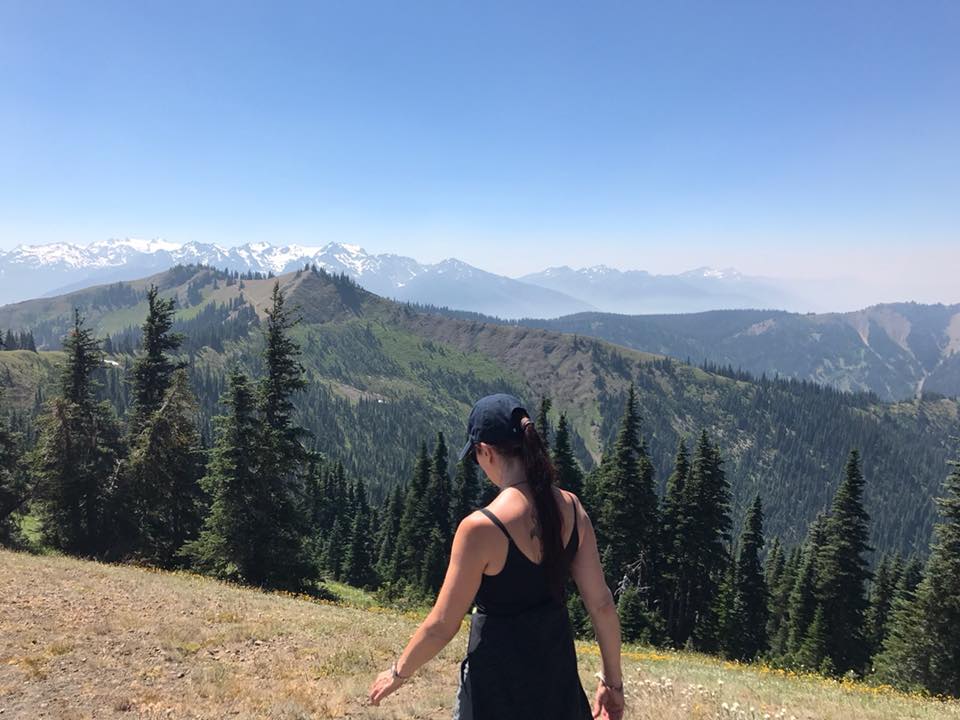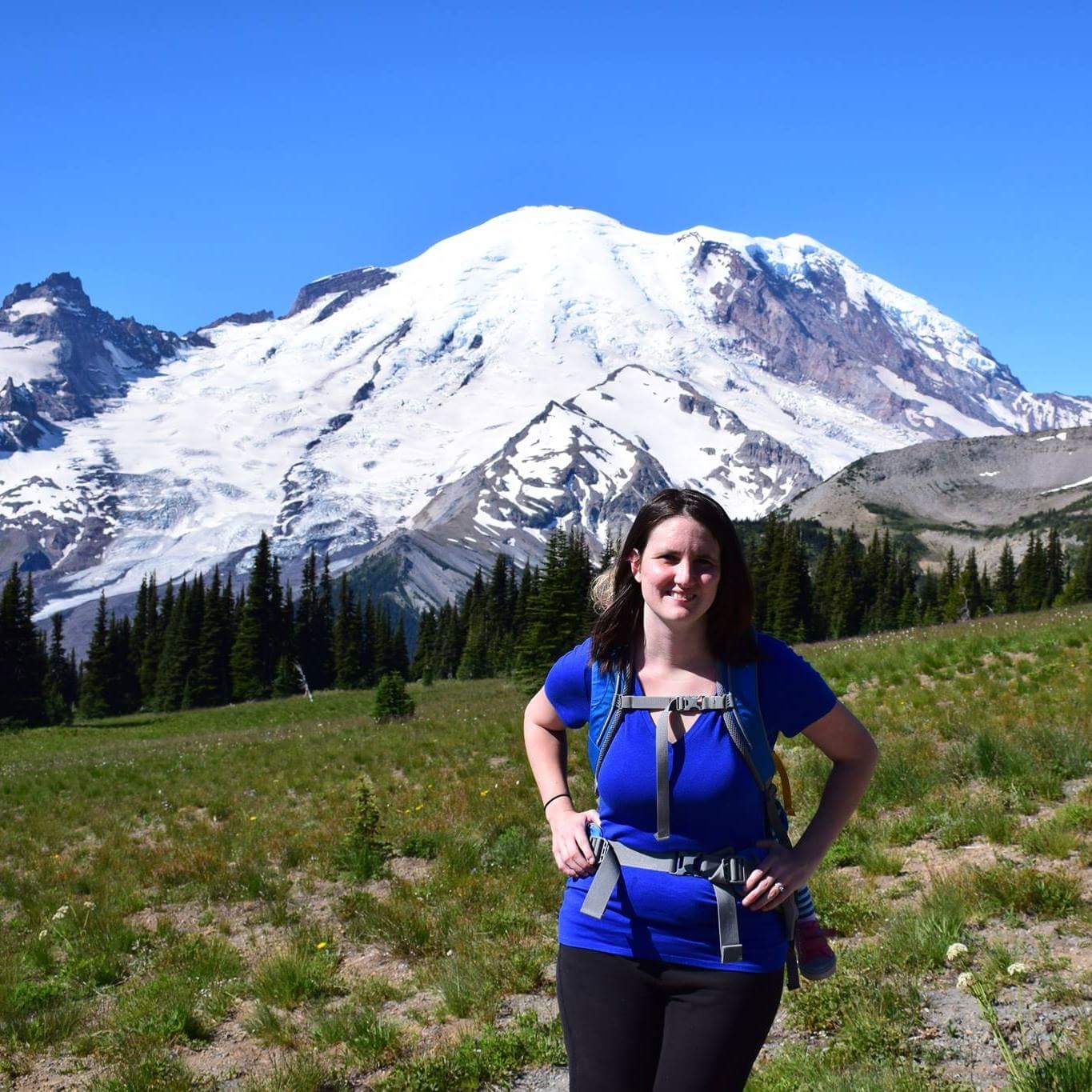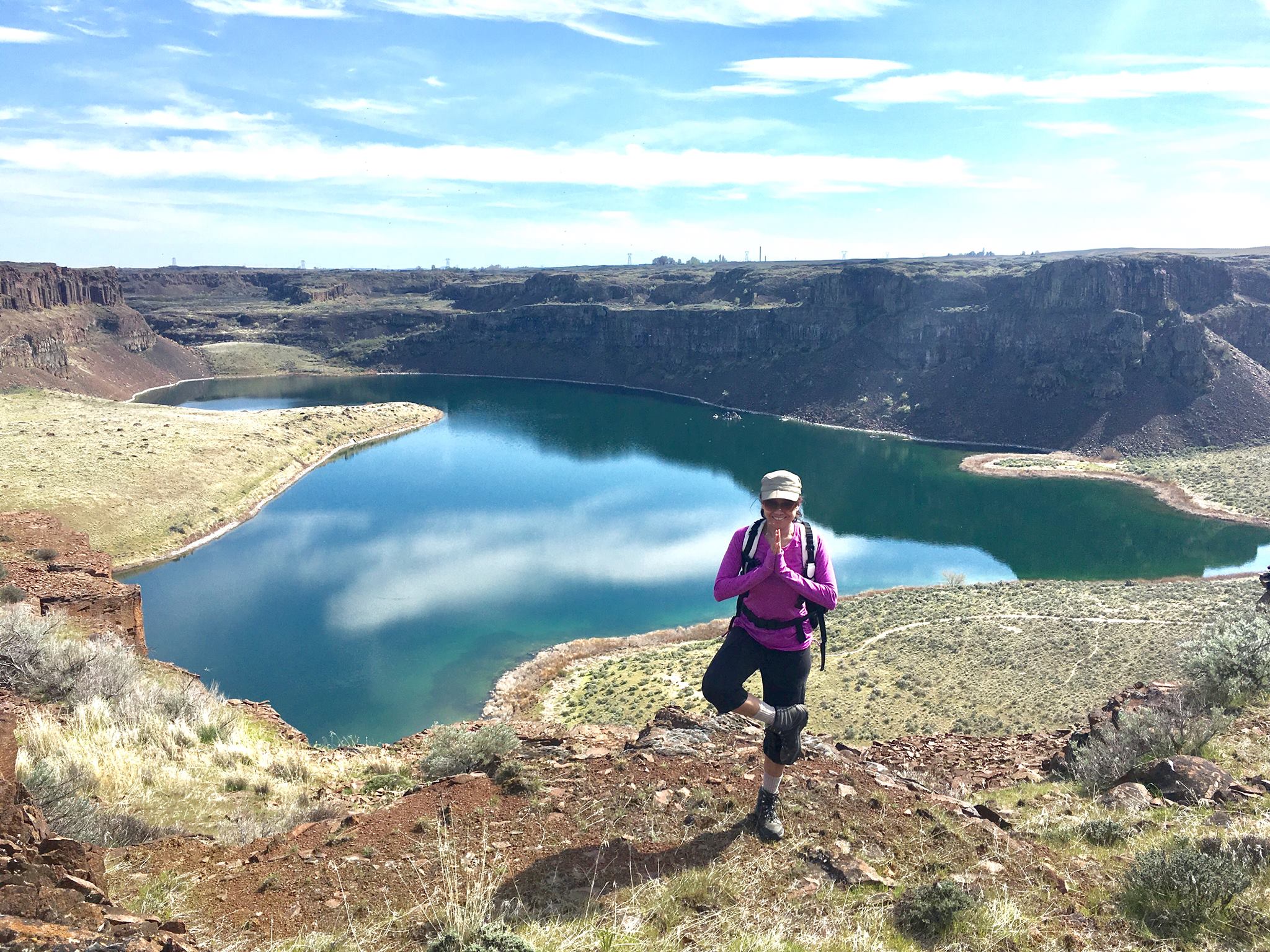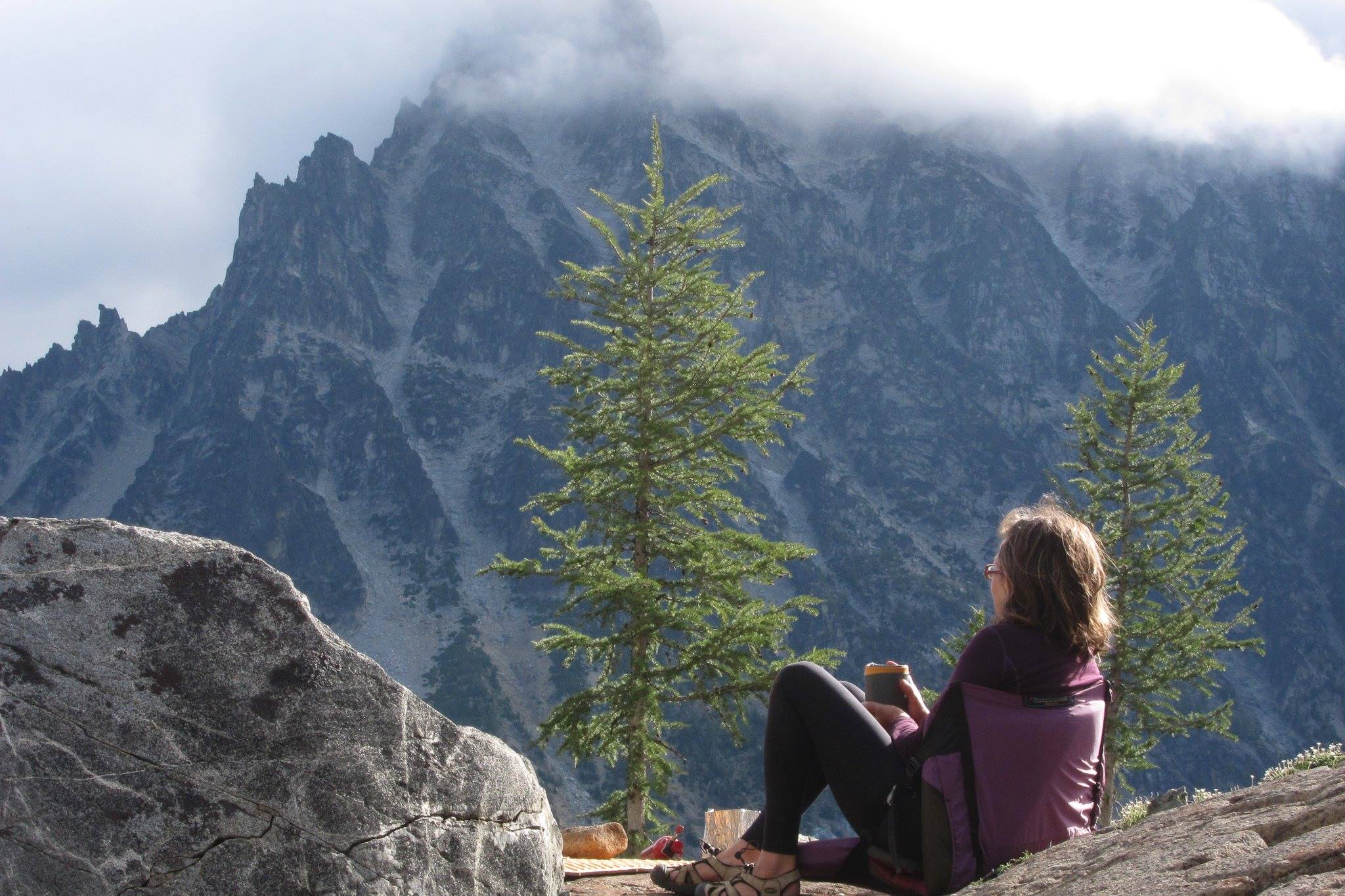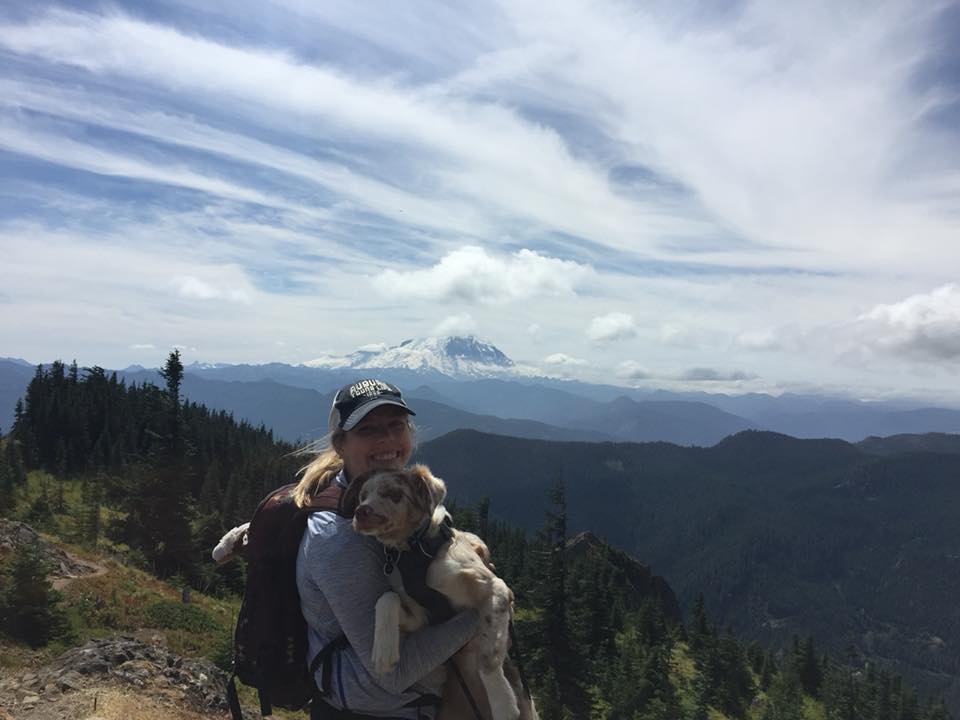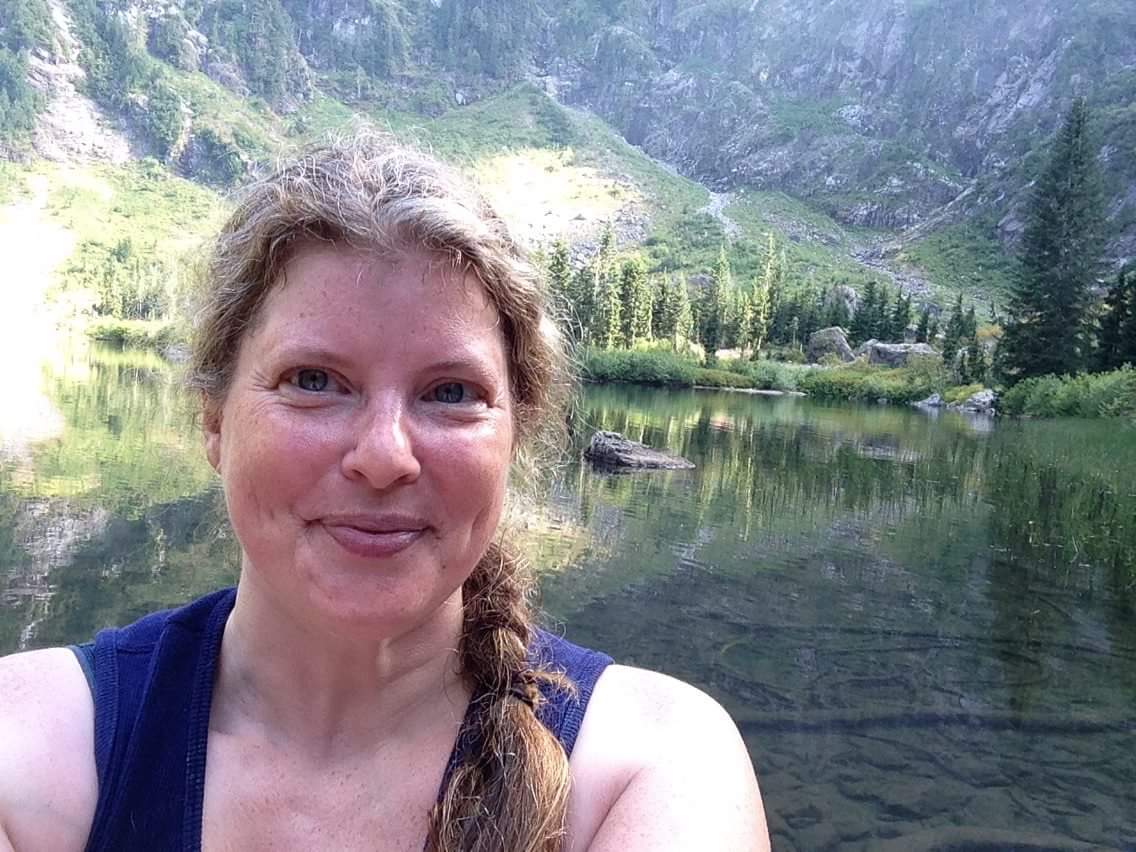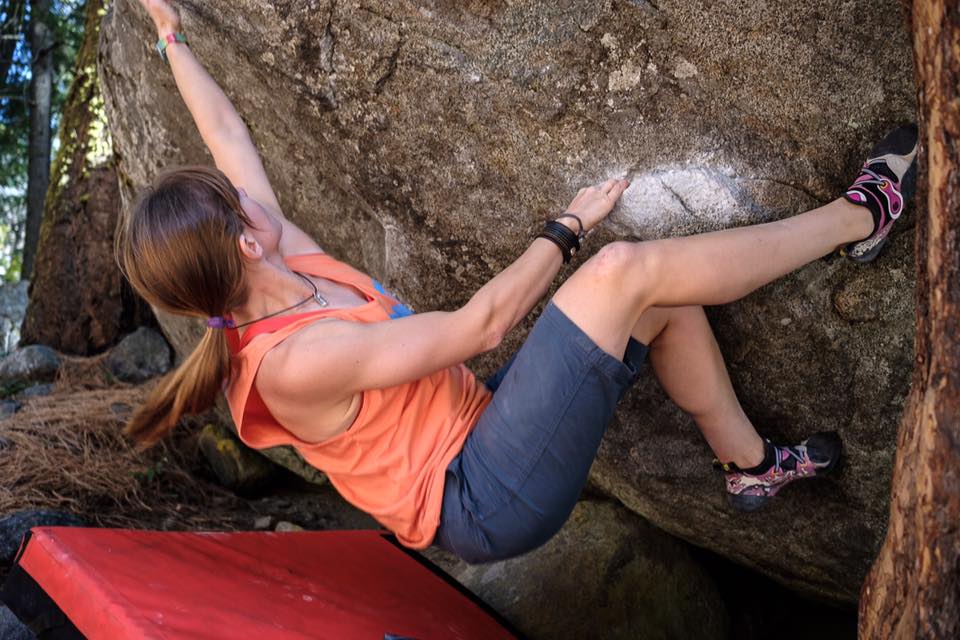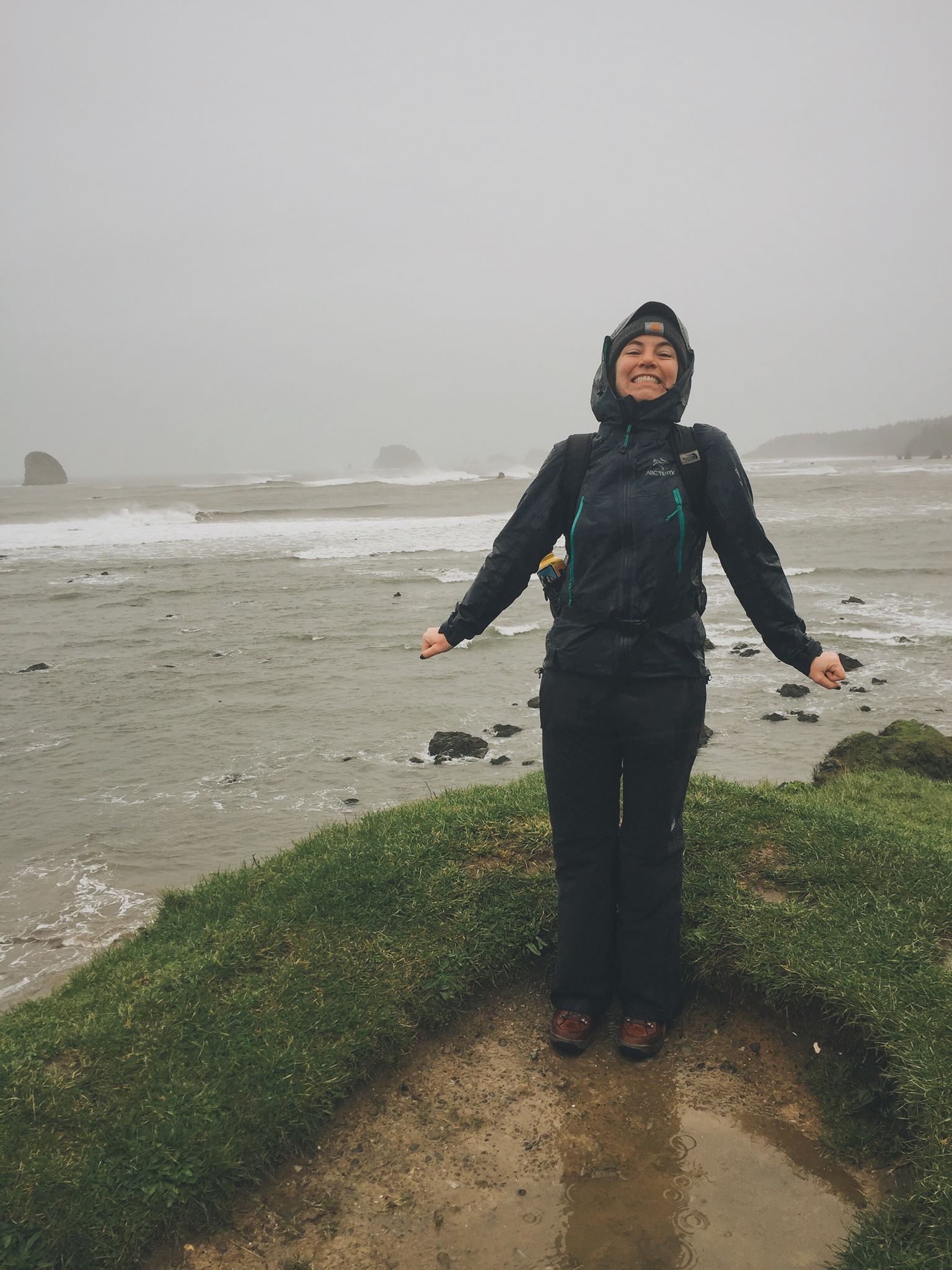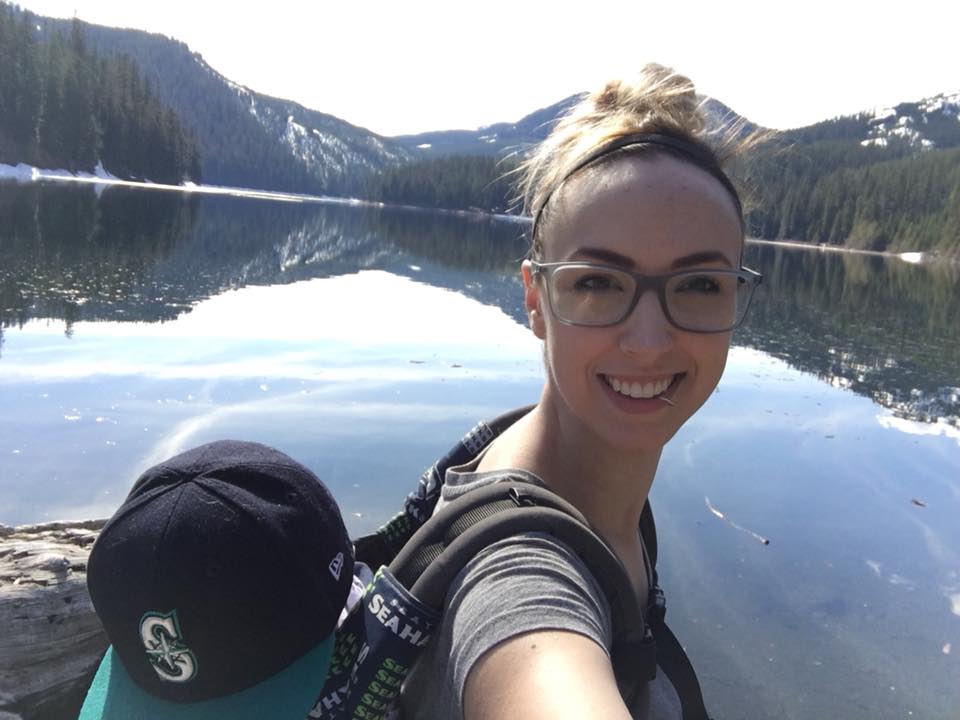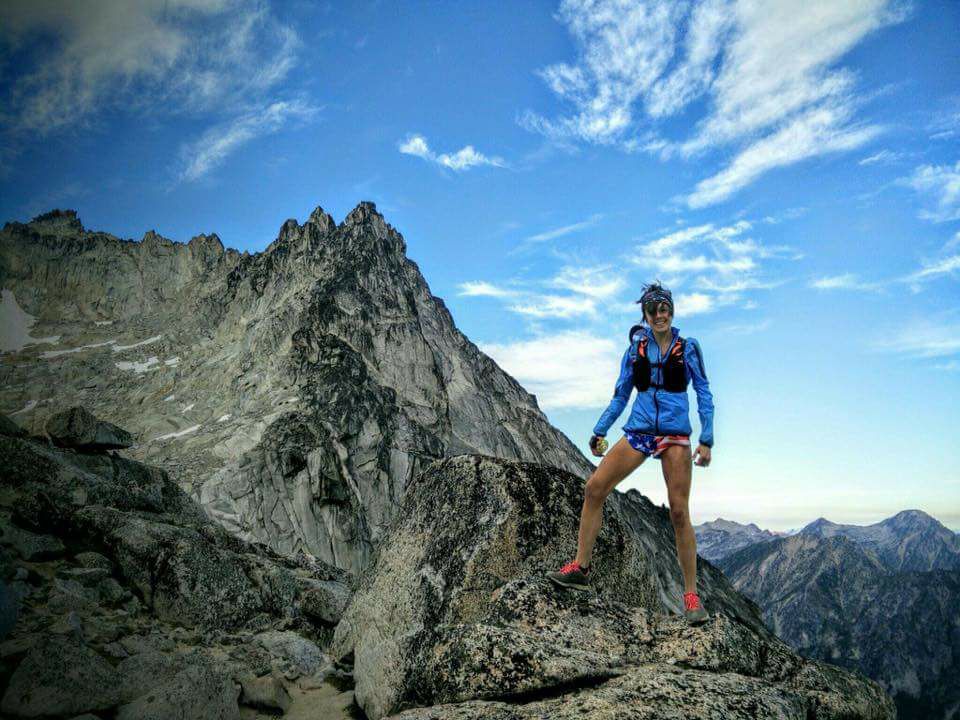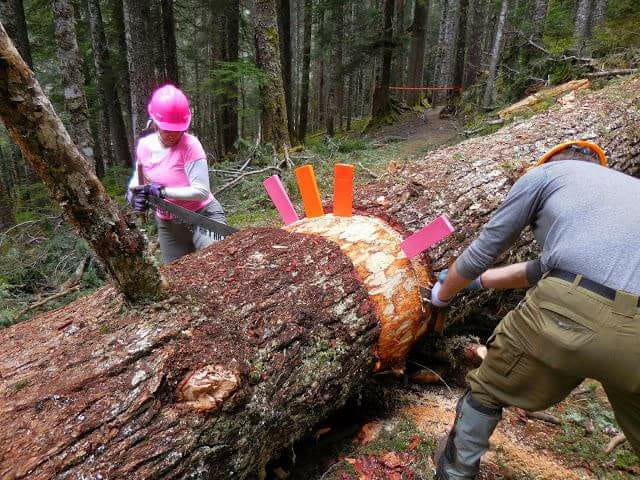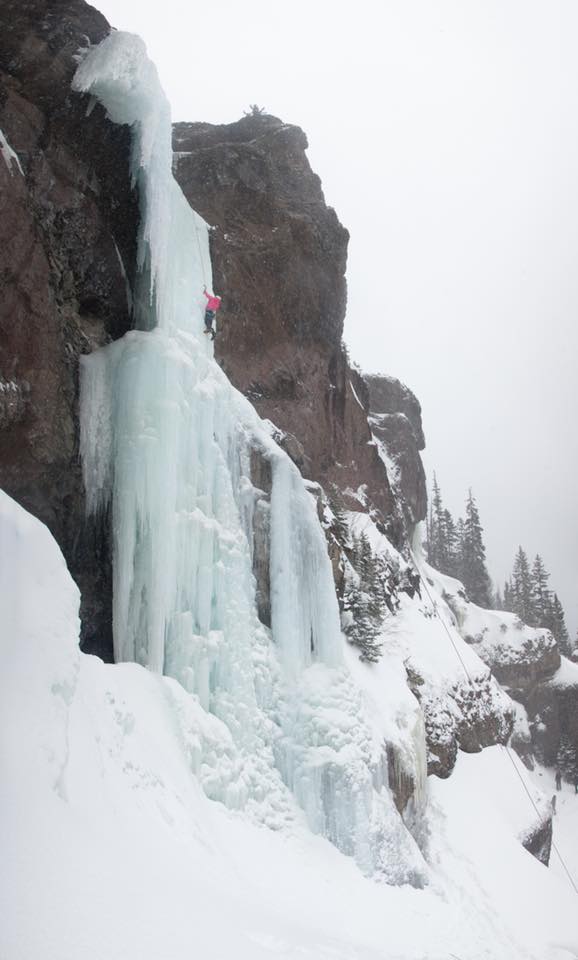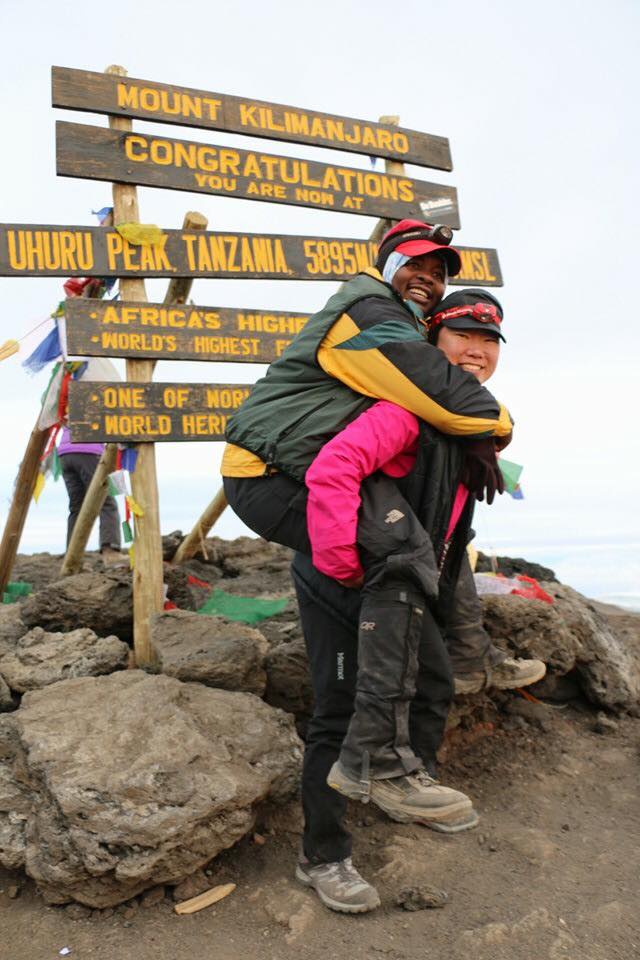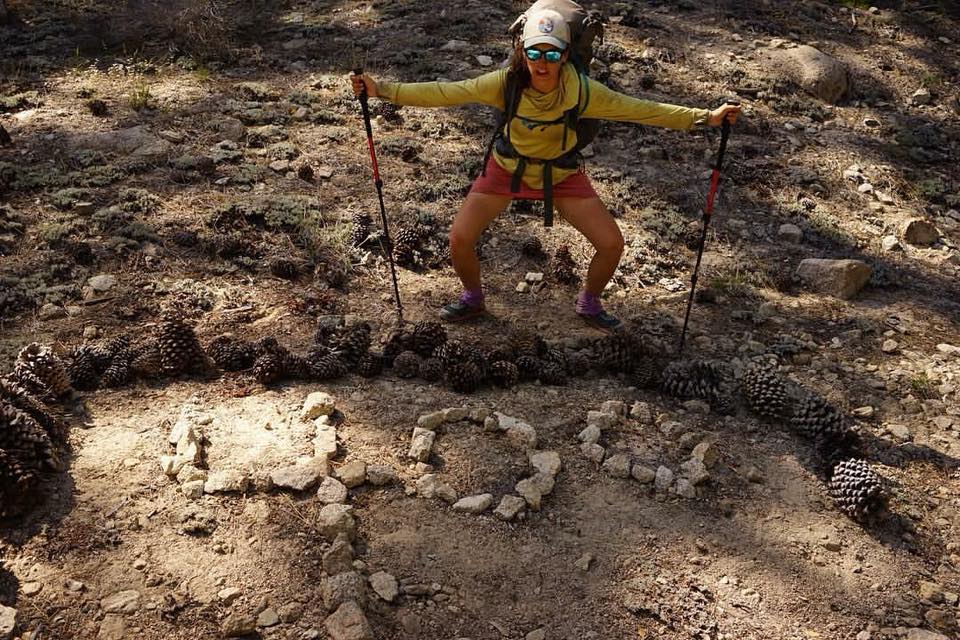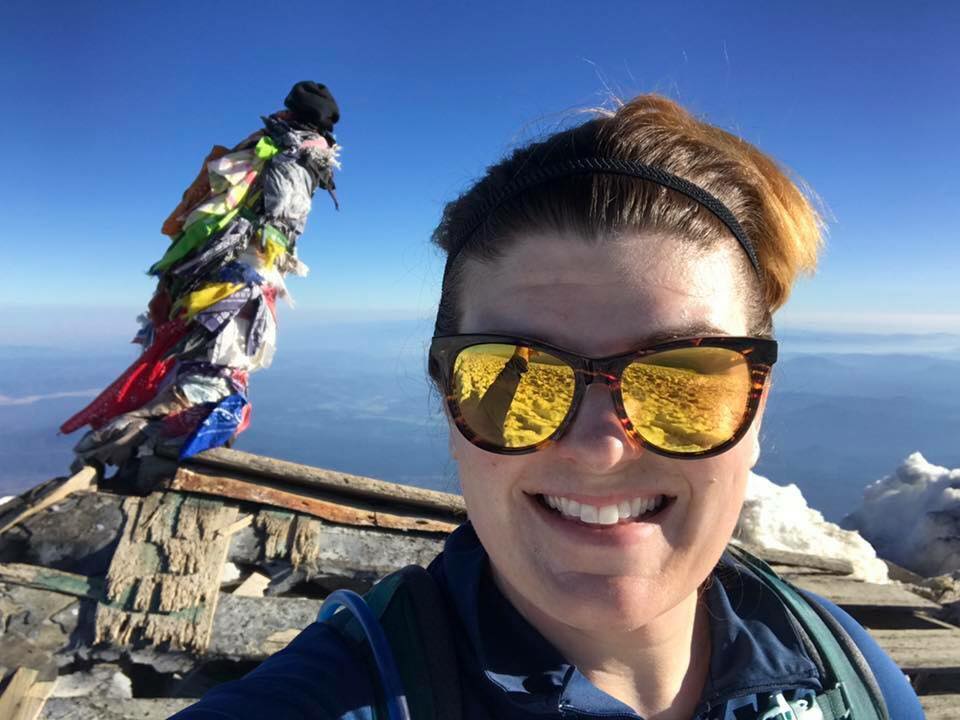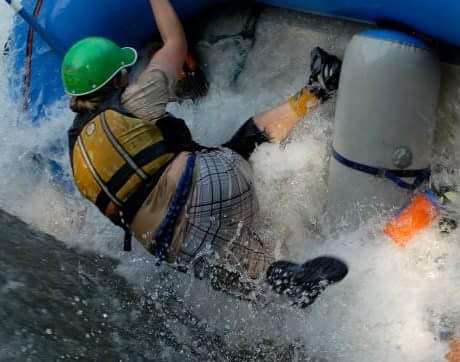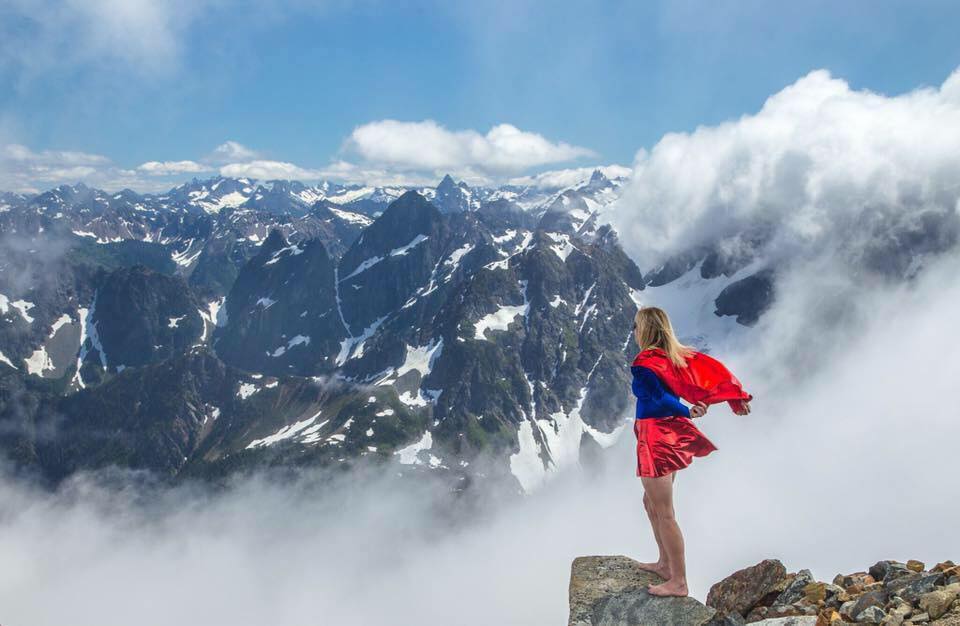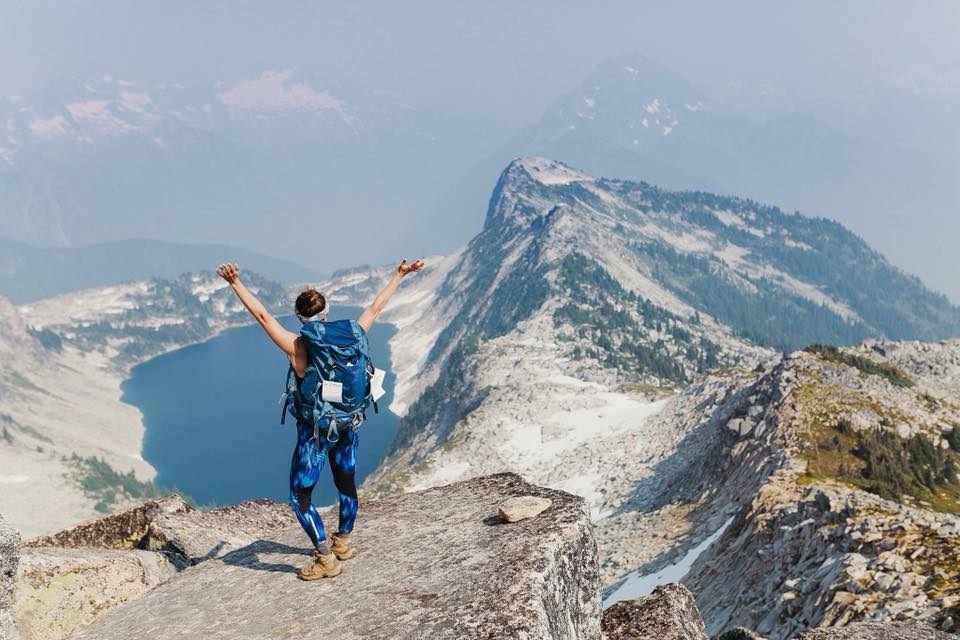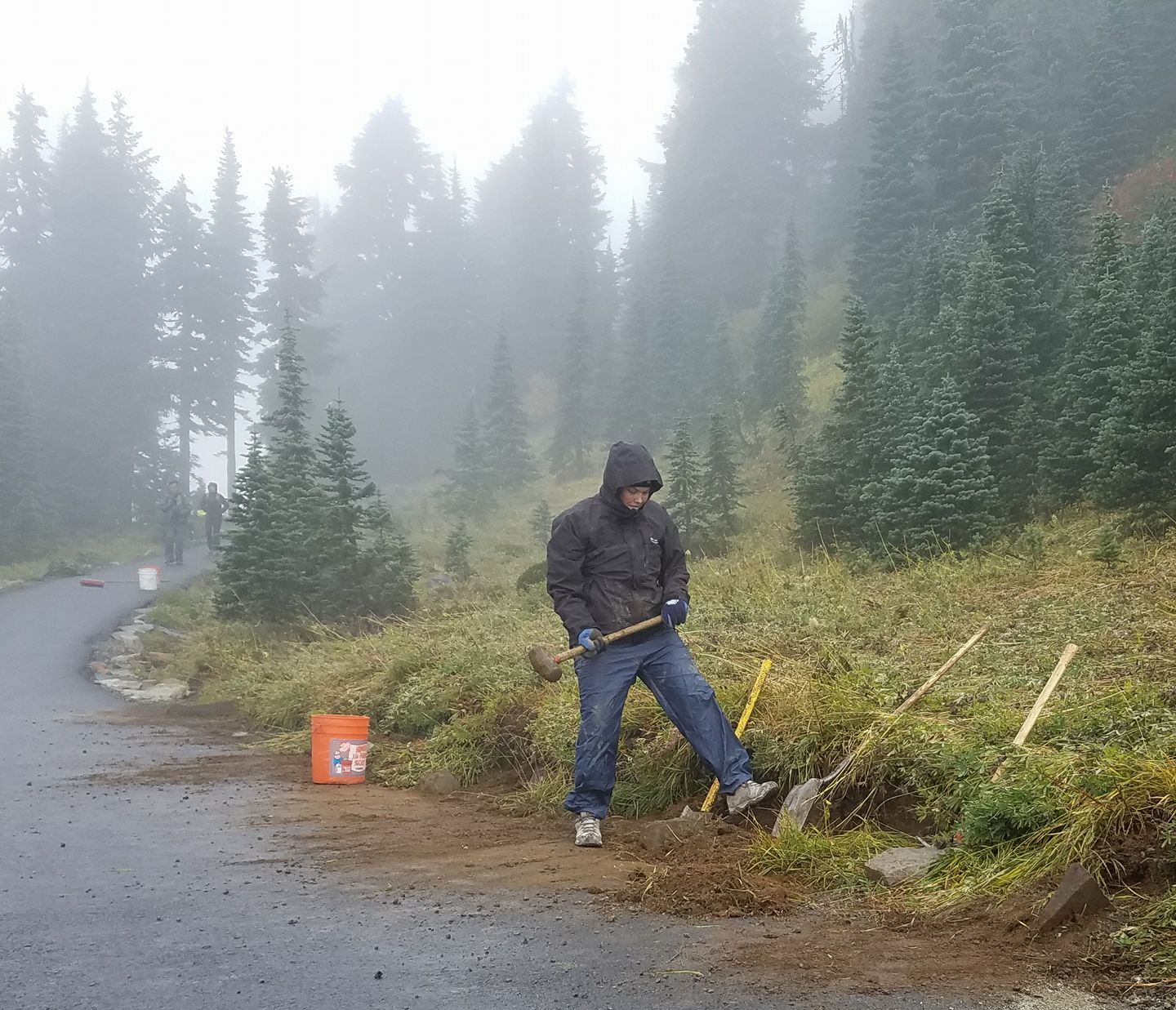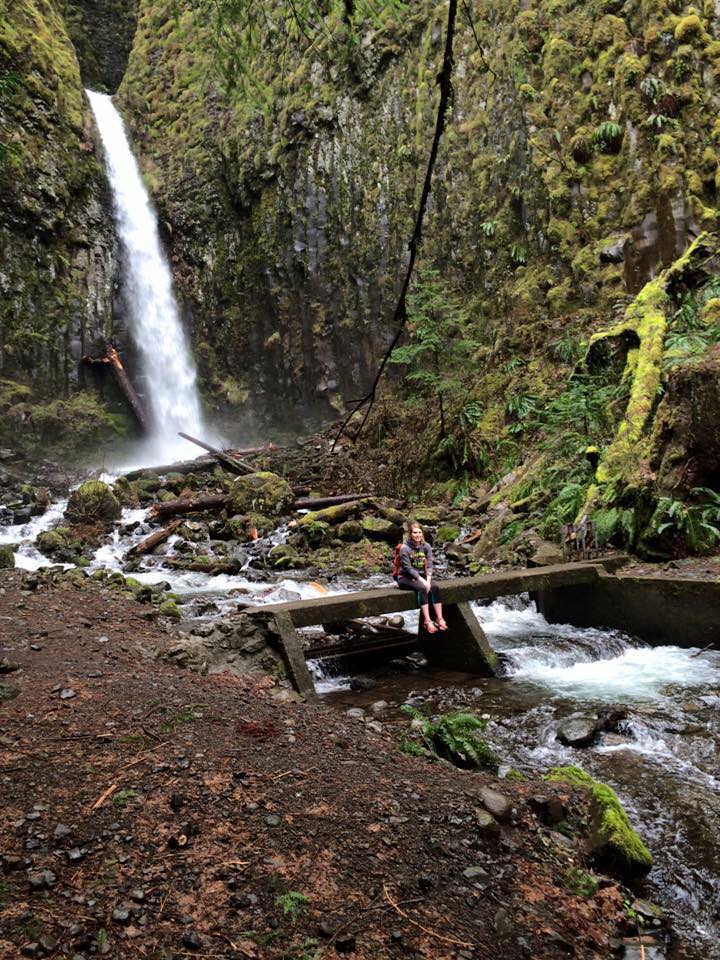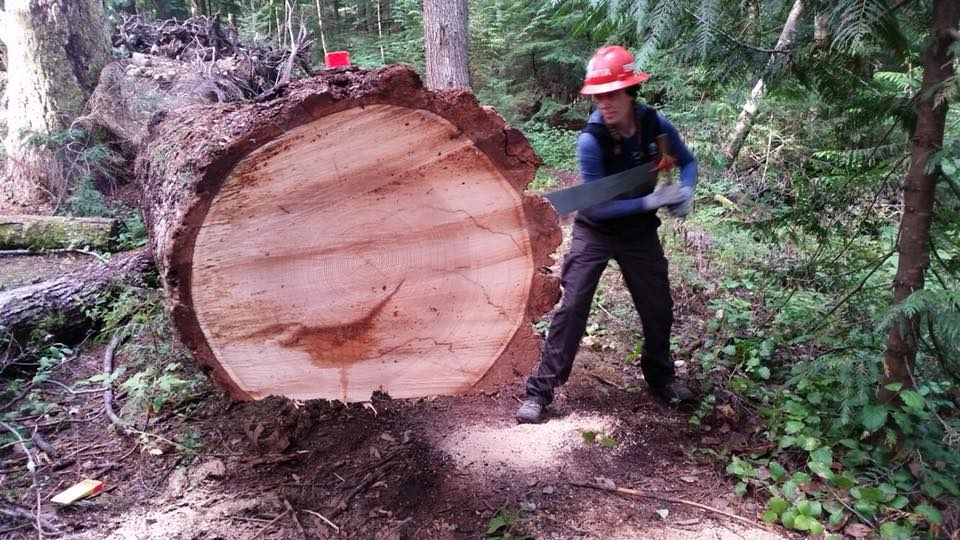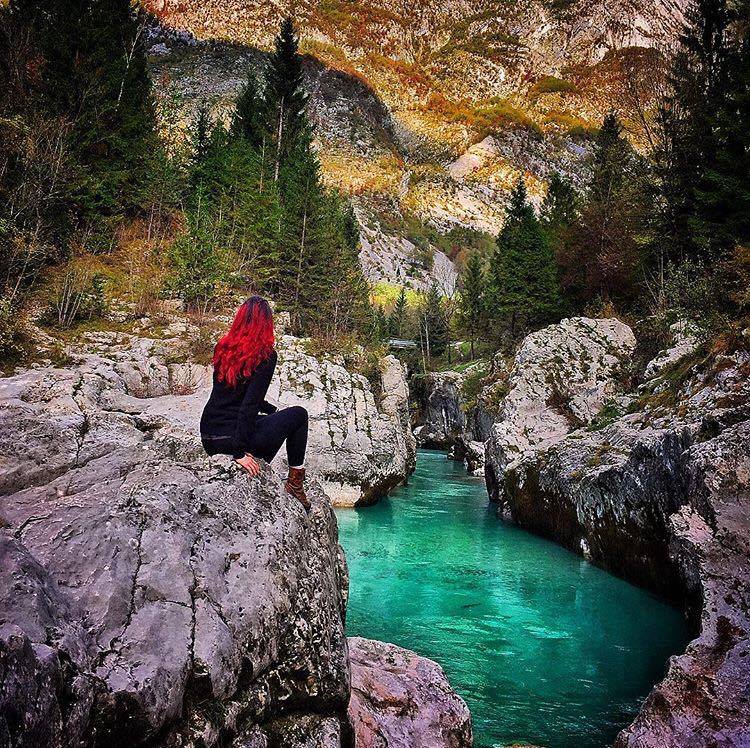I was sitting in bed in Switzerland on a women’s adventure trip, basking in the glow of a solid day of hard work when it happened: I opened Facebook and saw an article pop to the top of my feed wherein a certain type of woman was being dissected, ostensibly because her aesthetic wasn’t “authentic" enough for the author to consider her “outdoorsy,” despite photos of said woman in wild places. From there, it took a nosedive into familiar territory: tearing certain types of women down based on their looks or clothing alone while setting up a false dichotomy wherein badassery and a certain aesthetic are mutually exclusive.
This is problematic. This is a distraction. This should not be praised. This has to stop.
I have written about the fucked up scarcity model that’s pitting women against each other in our quest for recognition and space in the outdoor world. We have been sold the idea that there’s only space at the top for a few of us and that if we want to be successful, we have to smash every woman who stands in our way, thus excluding her from admission into the club. The easiest way to begin tearing other women down, so it seems, is to pick on the obvious: outward expression. Articles that do this are symptomatic of the scarcity phenomenon and they proliferate. More of them have been written and published than I care to count. While they may scratch a collective jealous itch, it’s important to recognize what that itch is rooted in, then nip it in the bud.
That said, there are several things going on here that need to be acknowledged.
The first is that ALL female-identifying folx deserve to see representations of themselves in outdoor media and beyond.
That there’s a dearth of equal representation can’t be denied. One need only look at the latest outdoor catalogue or guidebook to see that. Outdoor media is dominated, first and foremost, by men, and secondly, by white women. The lack of diversity is disheartening. For those struggling to find a sense of community or resonance in outdoor spaces, it’s damaging.
Societally-defined and constructed archetypes of beauty are thrust upon us everyday. From social media to print ads to billboards and marketing campaigns, we digest other people's ideas of beauty all the time. Some of these ideas repeat throughout history and across media, creating a construct of beauty that we have seen time and time again: the outrageously attractive, fit white woman with nary a wrinkle or dimple in sight. This narrow construction misses the complexity and richness of the individual—reducing us to a singular plane of existence. It’s woman as object, and this reductive approach is archaic and damaging. Some women fit into the archetype on a purely physical level. The majority do not. Regardless of how we see ourselves reflected in these standards, they affect us. The data on this point is clear.
No one is immune to this pressure and we all react to it in different ways. Some try to conform, whether that means changing their style of dress, doing their makeup a certain way, opting for surgical procedures or other enhancements, or more. For some people, this is as much an issue of mental and physical safety as it is soul-searching. Consider transwomen whose safety can be predicated on their ability to pass i.e. be correctly perceived as the gender with which they identify. Consider those with scars and other physical marks that affect their sense of confidence and self-worth—acting as triggers for trauma that they have been working to escape. Consider women who have never seen a representation of themselves in outdoor media and are simply looking for a sense of belonging.
Tearing these women down and telling them they don’t belong because they’re wearing makeup and curating their aesthetic isn’t just annoying, it’s cruel, ignorant, and tone deaf.
That's me, asking the age old question while leading up the West Ridge of Prusik Peak: if you place pro while wearing leggings, do you even climb? Photo courtesy of Nick Lake.
Other women rebel against these pressures, lashing out at norms that they view as damaging or inapt and experimenting with their self expression. Experimenting is a process that can take days, months, years, even lifetimes and it's subject to change. It's important to note that as difficult as this process is, it's not available to everyone, whether they lack the confidence, community, or privilege to explore these aspects of themselves.
Wherever you're at with this, my deepest hope is that as we move forward in our own processes, we arrive at a place where we can sit comfortably with ourselves—whatever our outward expression, and know that we belong.
That said, it’s 100% inappropriate for me to call out your appearance and self-expression because it doesn’t align with my ideas about what a woman looks like. That kind of thinking is rooted in bias and discriminatory stereotypes. It's similarly inappropriate to assume that aesthetics have any bearing on our abilities. If you reduce women to the status of "lesser than" simply because of their looks, you are a part of the problem. If you try to exclude her from the table because of how she looks, you need to take a long, hard look at yourself.
If this has struck a chord with you, I hope you'll join me in directing your anger at the source of these constructs. Harness your power to create change. Support companies who represent a broad spectrum of humanity. Use your platform to uplift diversity, rather than tearing others down. Remember that words have power, so yield yours deliberately. Consider the difference between these two approaches:
Women who have [insert arbitrary descriptor here] aren’t authentic. Their motives are suspect and they are a danger to themselves and others. They do not belong outside so I will not uplift their stories.
We aim to uplift women in their diverse forms by asking them who they are, what they are about, and what they hope to accomplish. We will showcase diversity of physicality, background, accomplishment, and thought.
Now say those phrases were people and not just words. Who would you want to hang out with? Who would you invite on your trip? While the former may satisfy the jealous monster inside of all of us (and as humans, we all have one), I suspect most of you will choose the latter.
The thing about mountains is, they don't care what you're wearing or how you look as long as you show up prepared and give them the respect they are due.
So, what do we do moving forward?
Check yourself. When you feel the urge to deny the authenticity of a women or refuse to let her take up space because of how she looks, stop and think. What’s really going on there? What assumptions are you making based on appearance alone? What do these assumptions indicate about you and how will you use that knowledge to adapt moving forward?
Check others. When you hear or see someone engaging in this behavior, call it out. It can be an uncomfortable process but we need to hold each other accountable.
If you’re on the receiving end of this feedback, take a deep breath, listen, and reflect. Realizing you have hurt someone by making these mistakes can cause sadness, guilt, shame, and a whole host of other responses. Before you respond, stop and listen to what you're being told, introspect, and if you realize that you’ve been engaging in problematic behavior, own your mistakes. Offer a sincere apology, then use what you have learned to make a change.
Support companies that uplift diversity and call out companies and brands who don’t. Make noise. We have a lot of power as a collective, but we must choose to wield it.
Support women who do the same. Some amazing voices who do just this are: Ambreen Tariq of Brown People Camping, Jenny Bruso of Unlikely Hikers, Danielle Williams of Melanin Basecamp, Indigenous Women Hike, Native Women's Wilderness, Alpenglow Collective, Diversify Outdoors, Outdoor Asian, and so many more!
This won’t be a perfect process. A growth mindset goes hand in hand with growing pains. We will all make mistakes as we move forward. Move forward anyway, with humility, forgiveness for yourself and others, and openness to learning more. Let's shine brighter together. The future needs us.
The above photos were sent to me when I asked women to share photos of themselves in the wild where they felt strong, accomplished, challenged, satisfied, and beautiful. Their responses were touching and I hope you'll take time to go through them as you let this all sink in.



